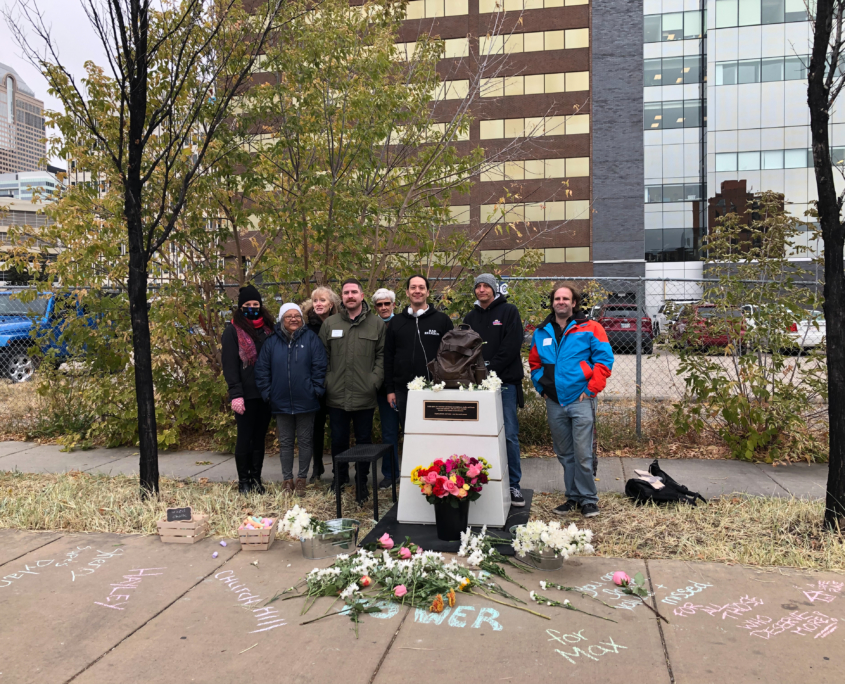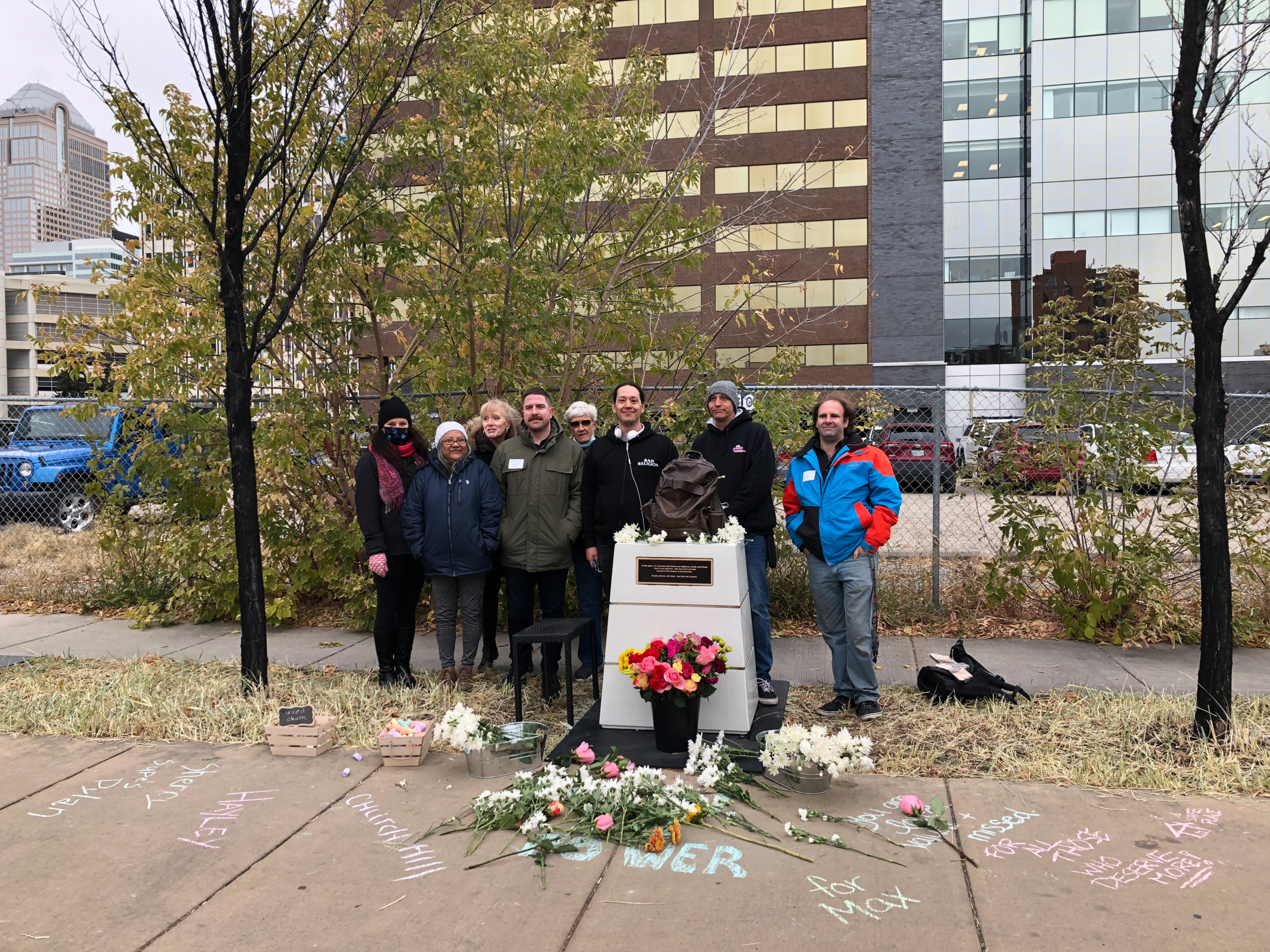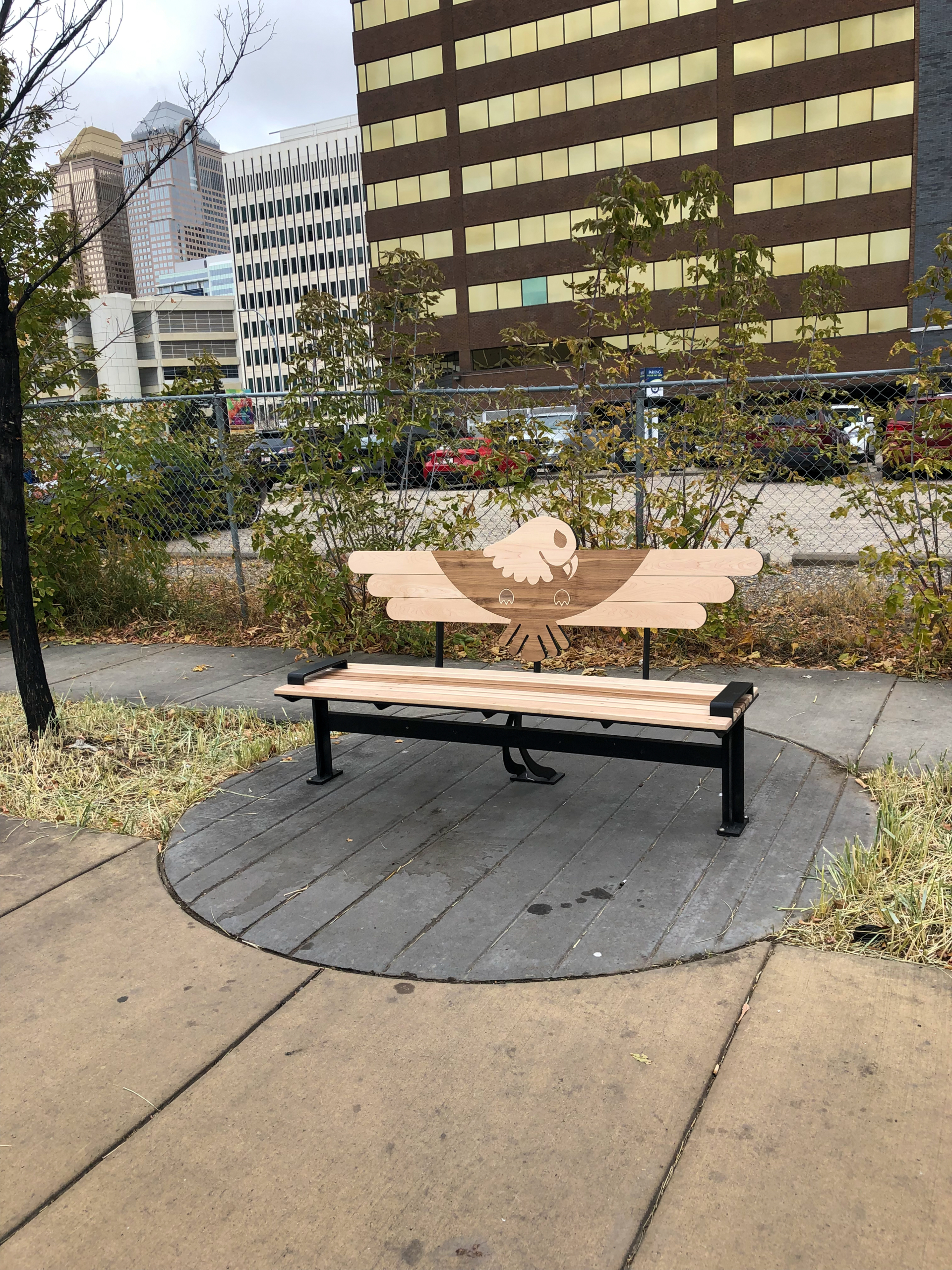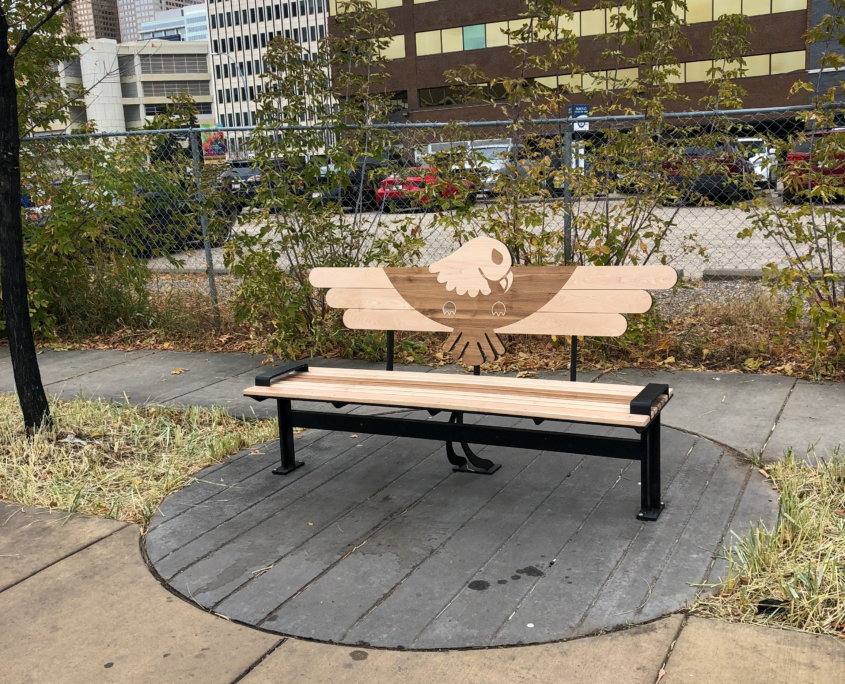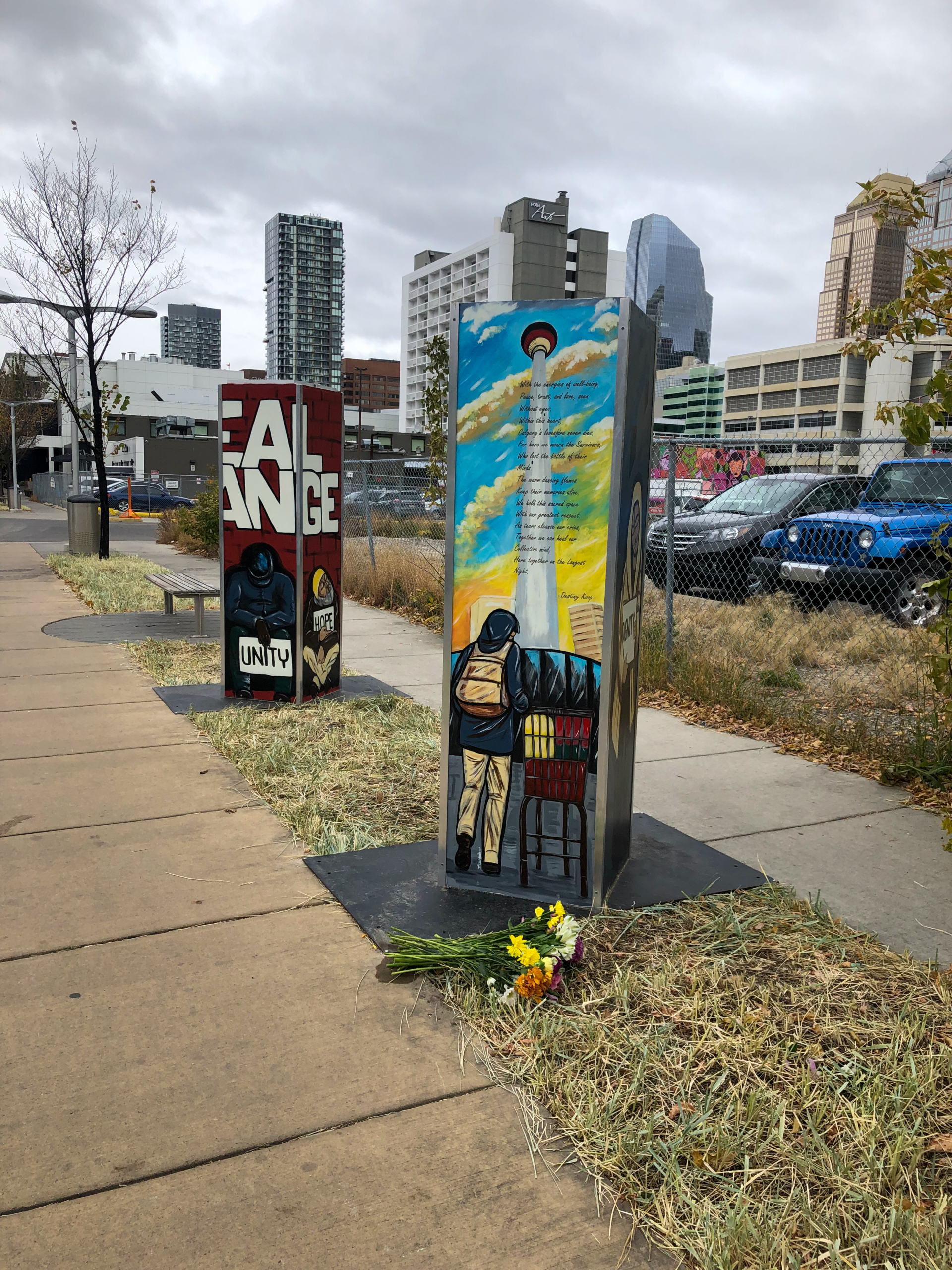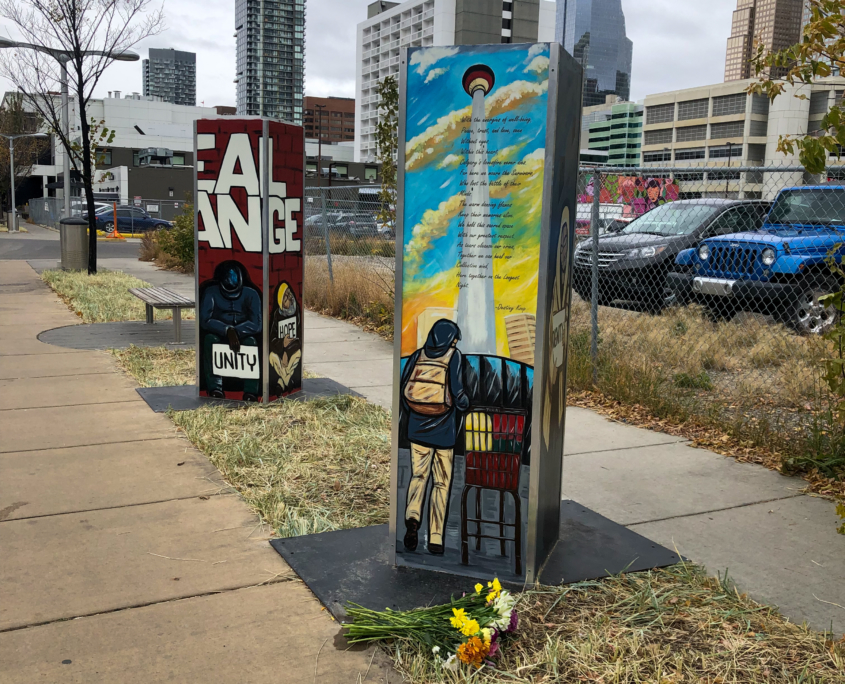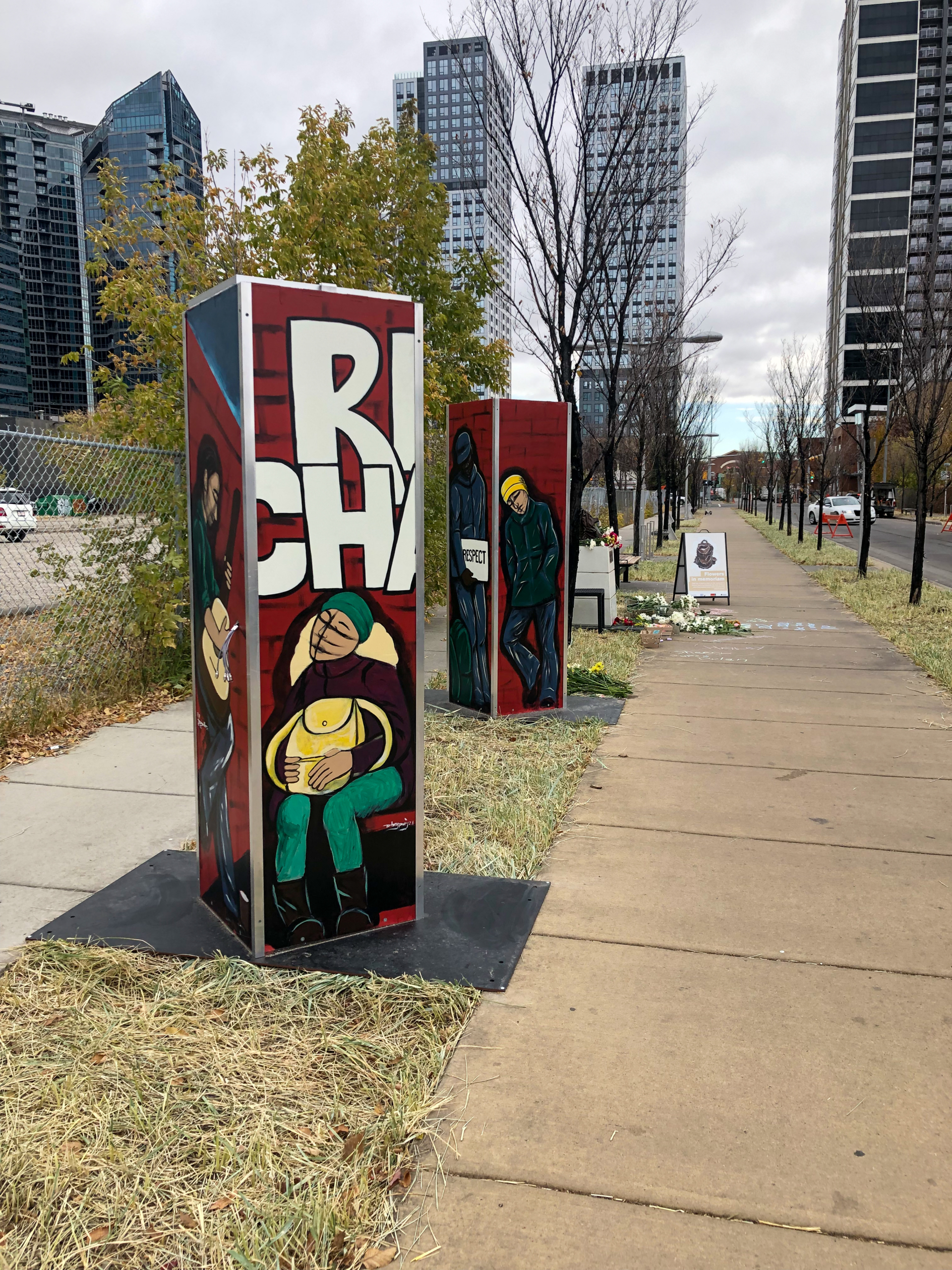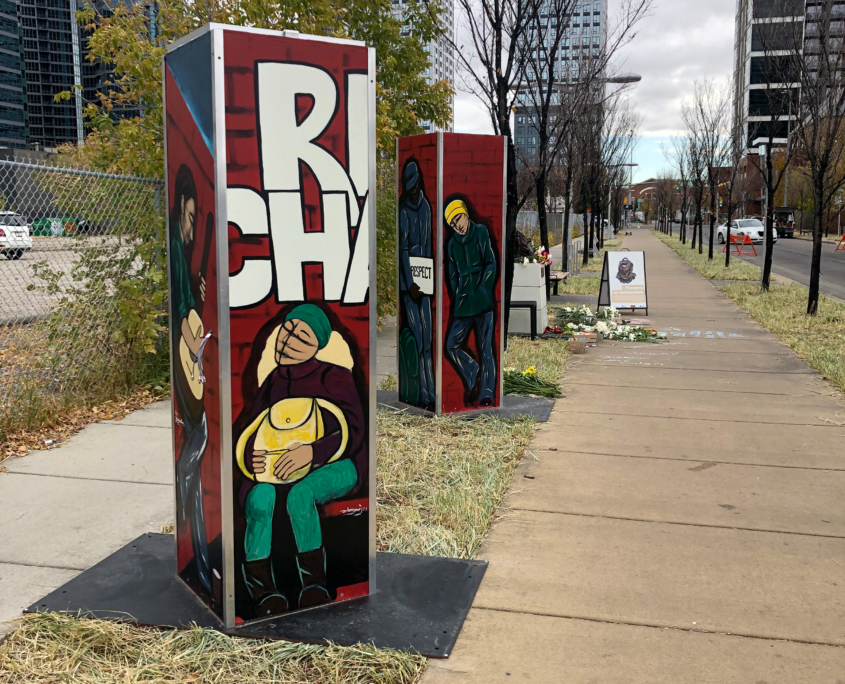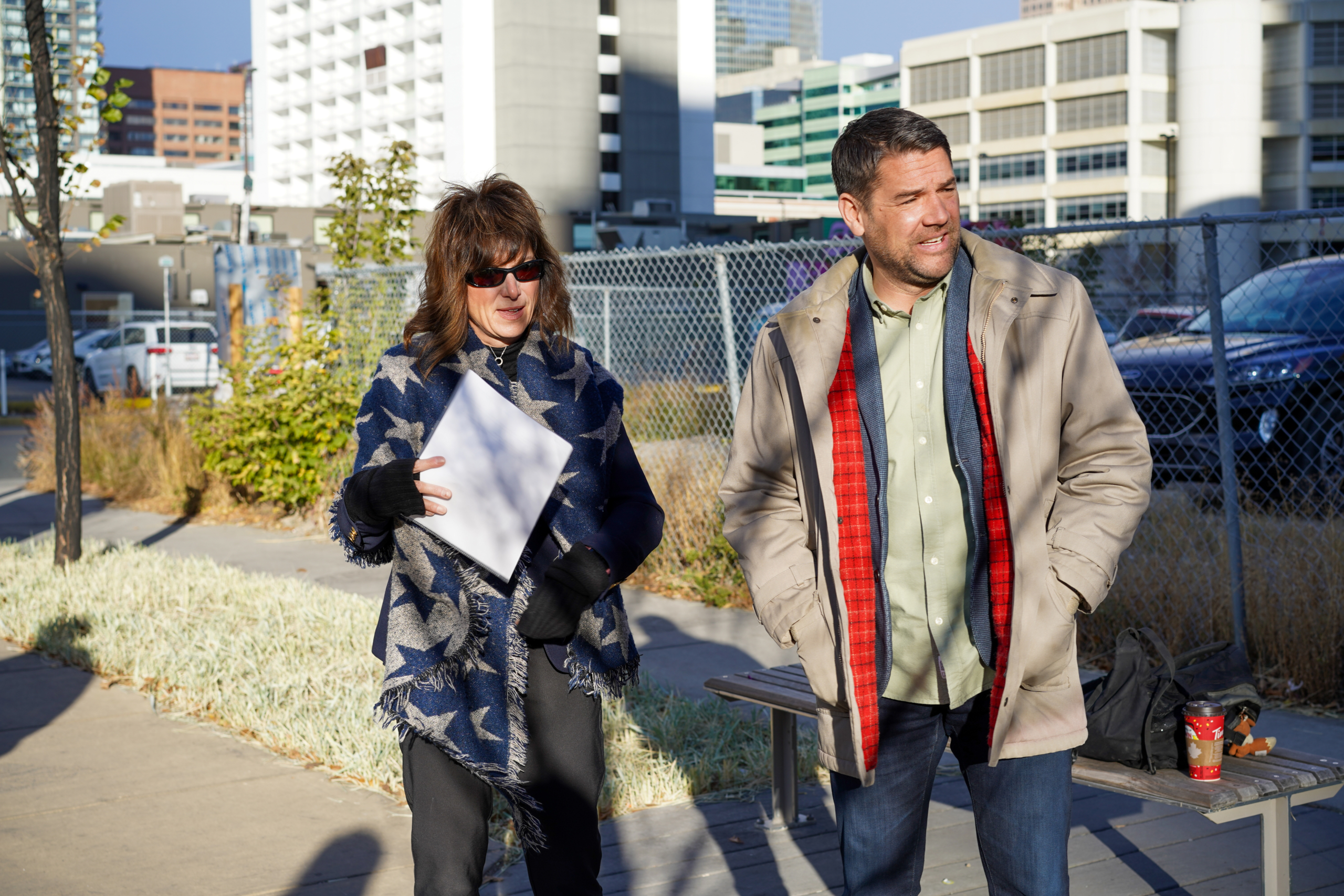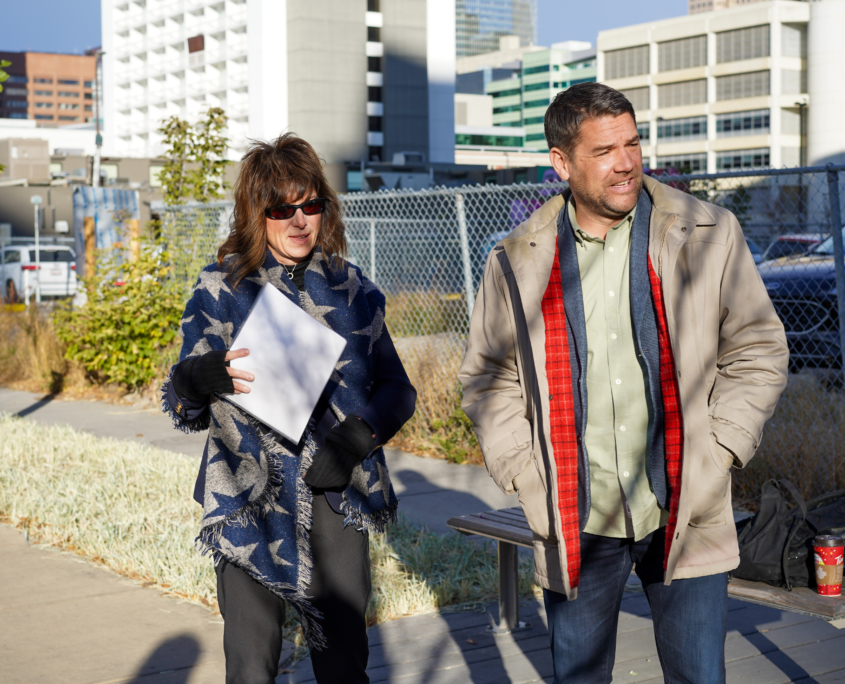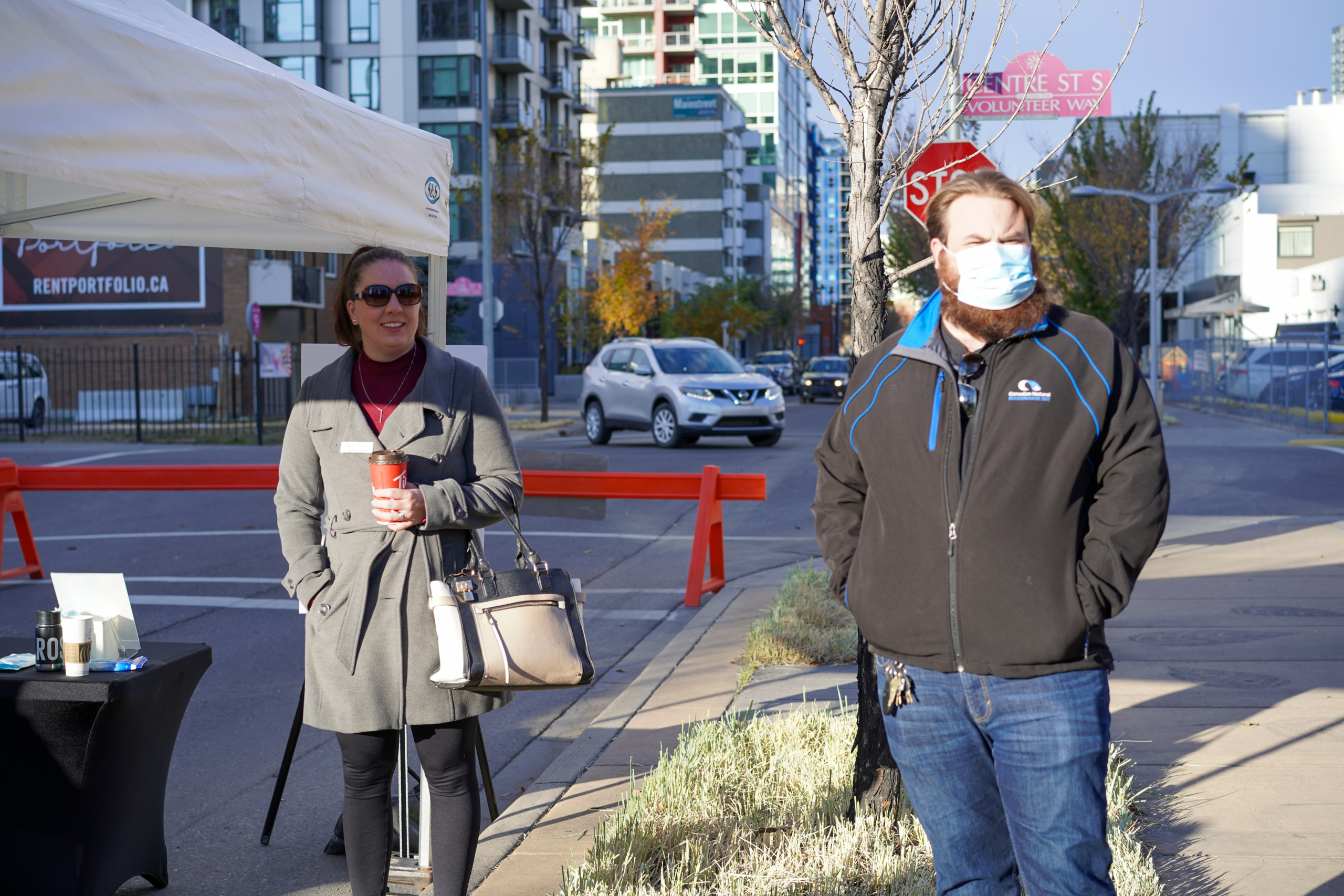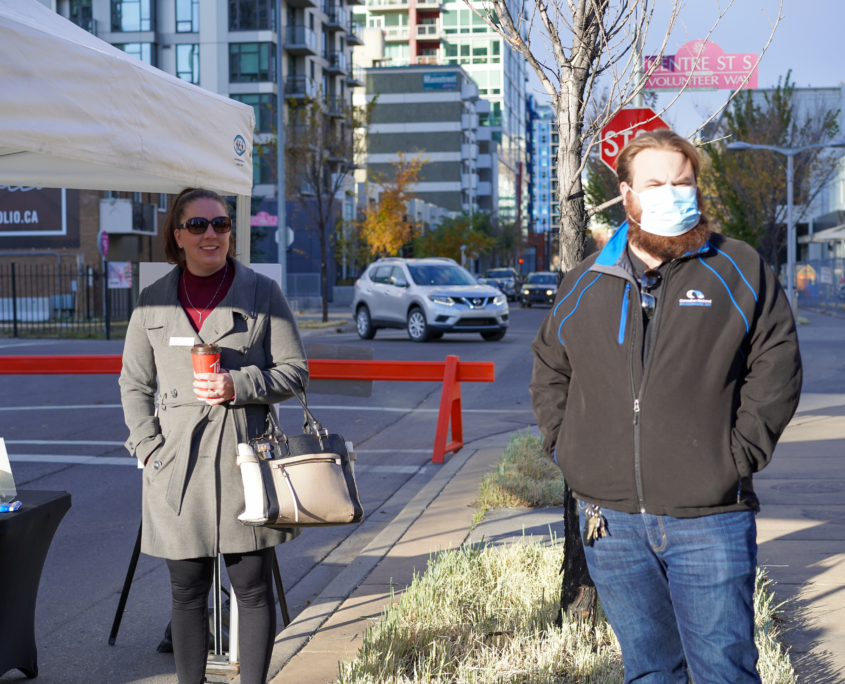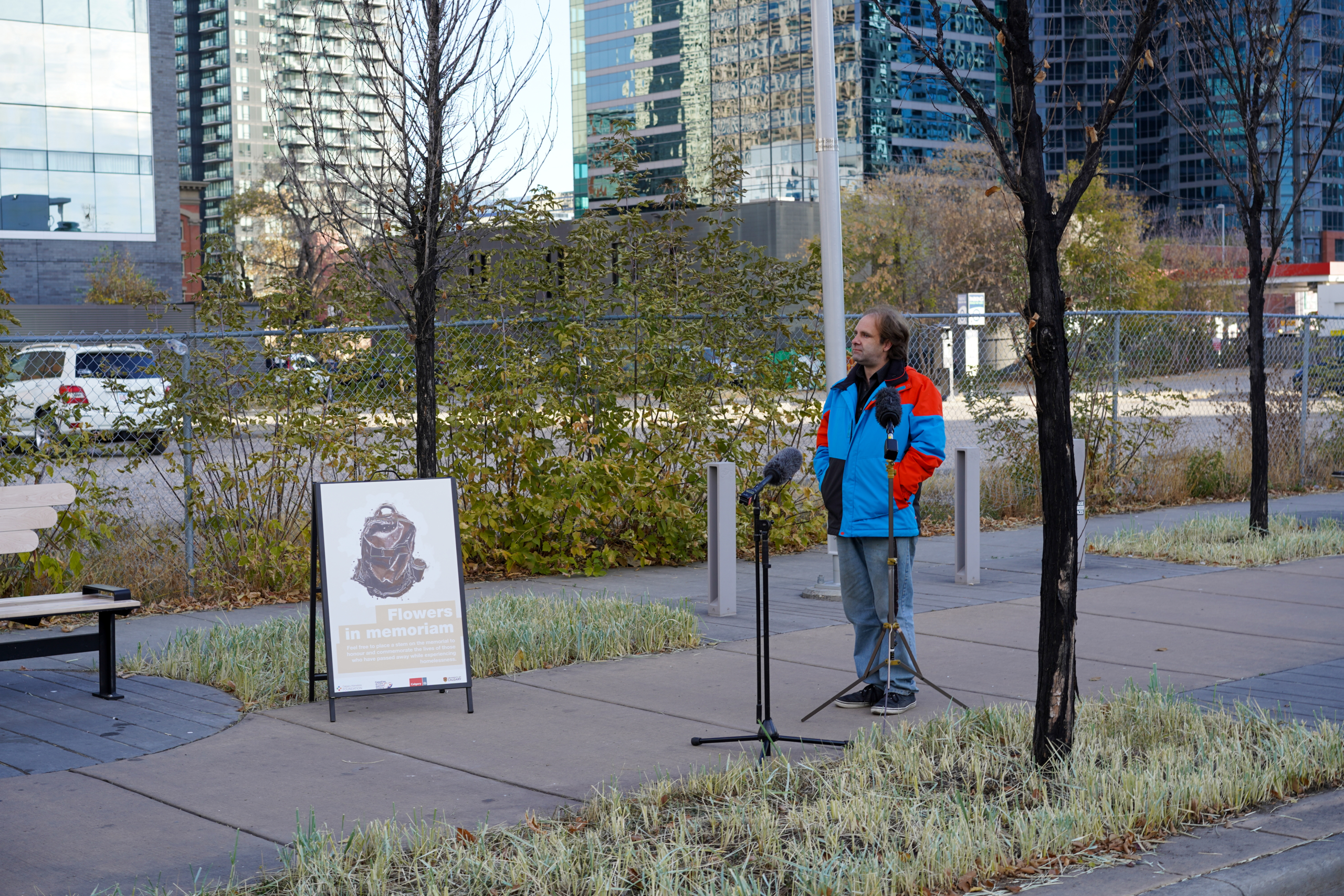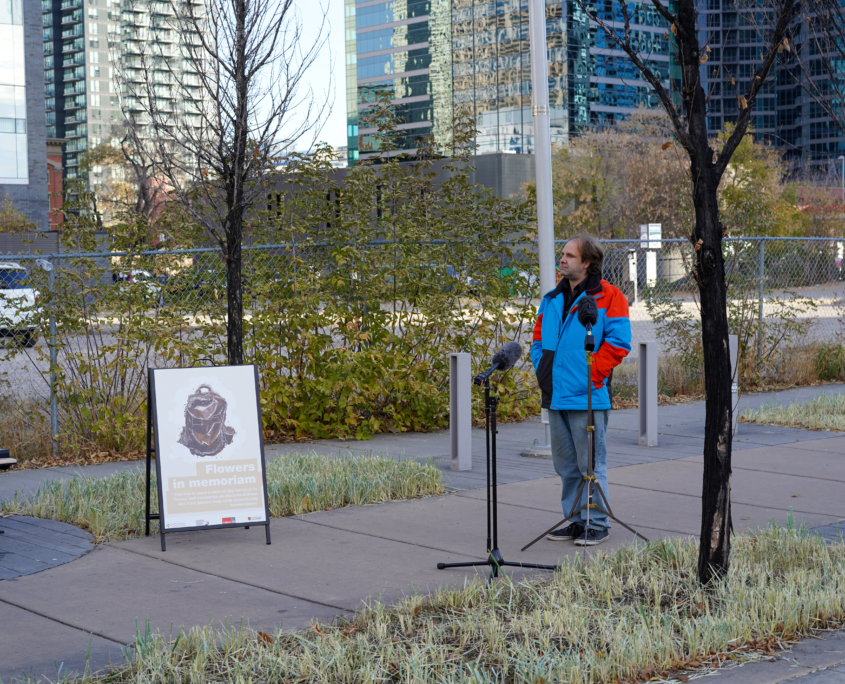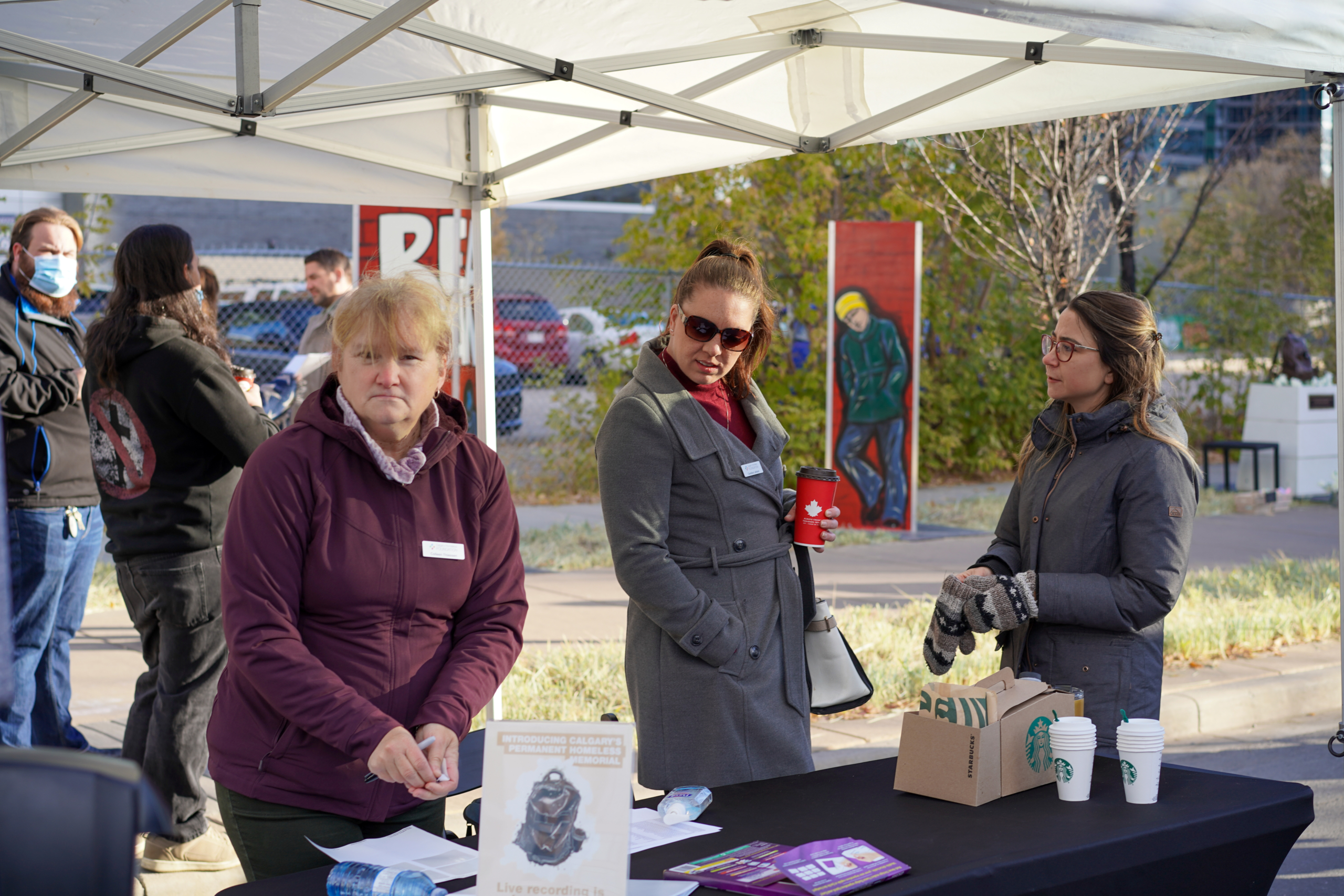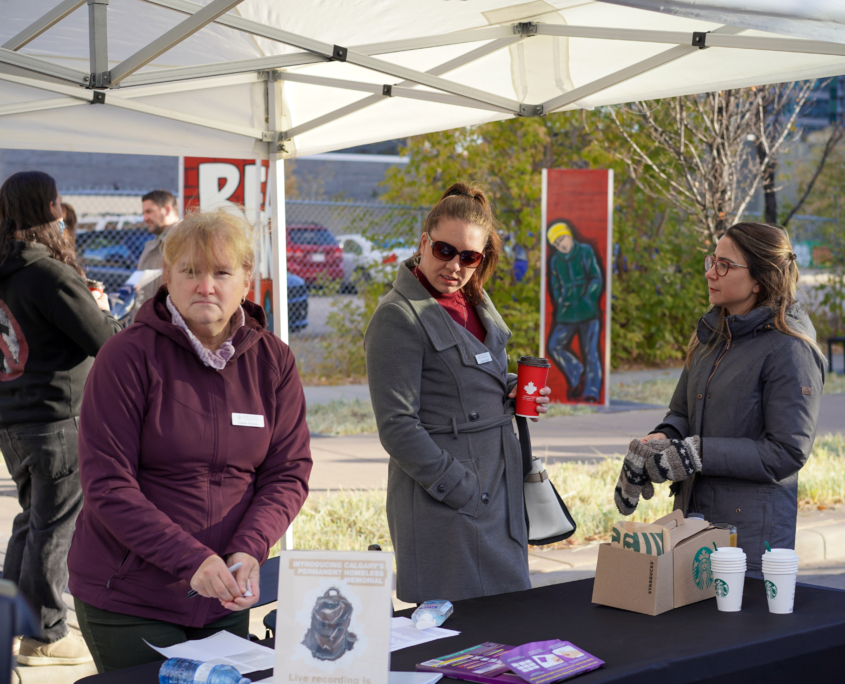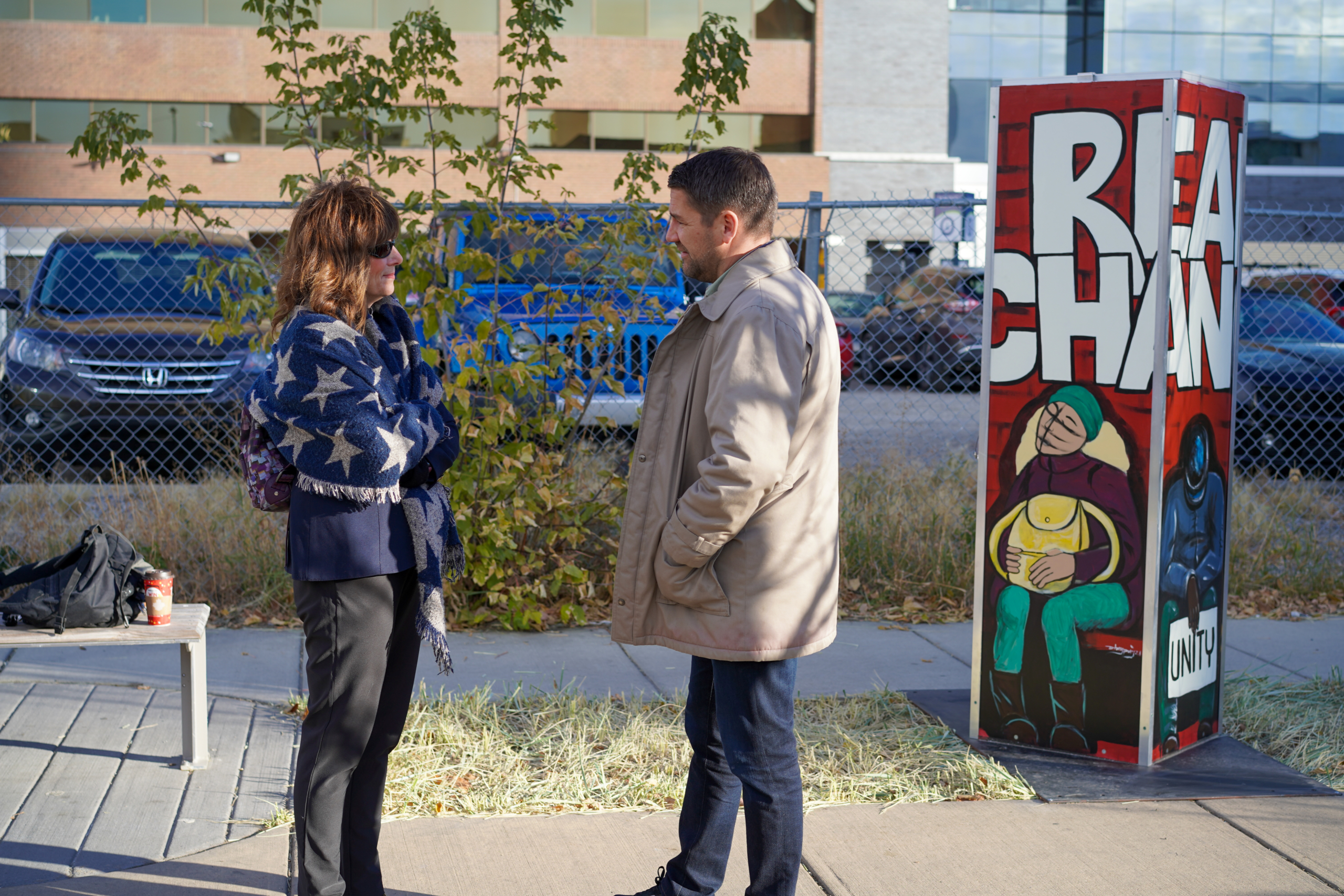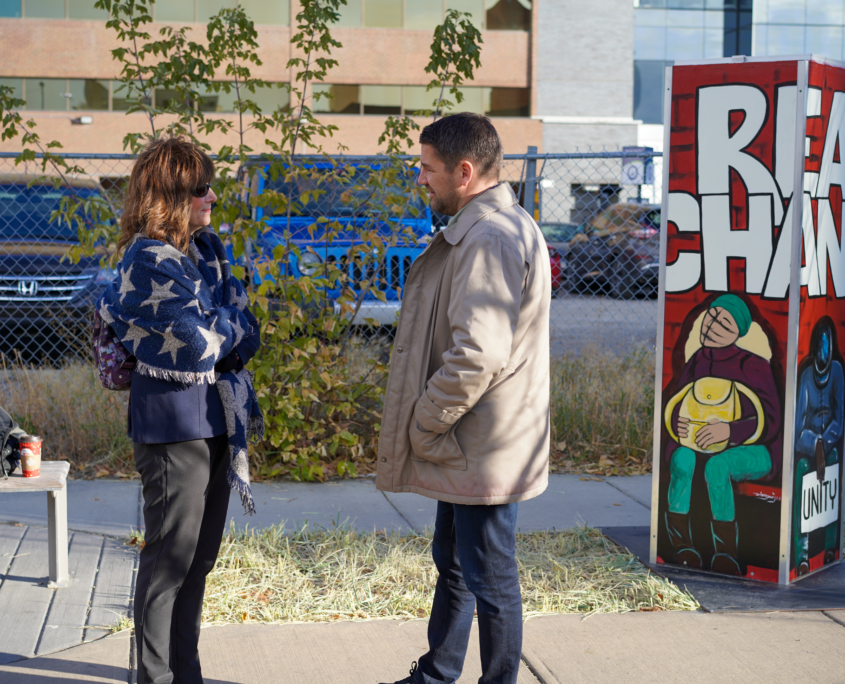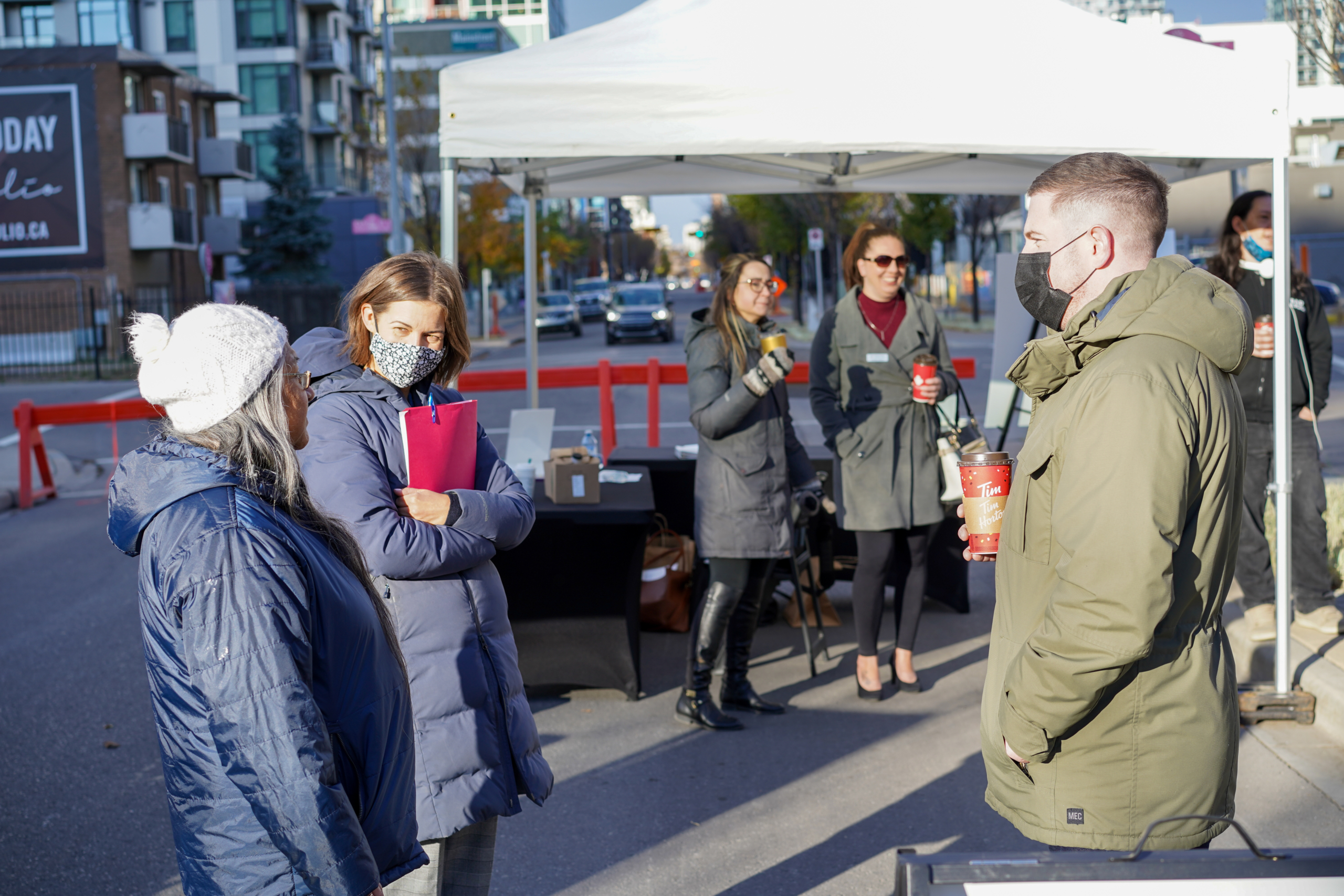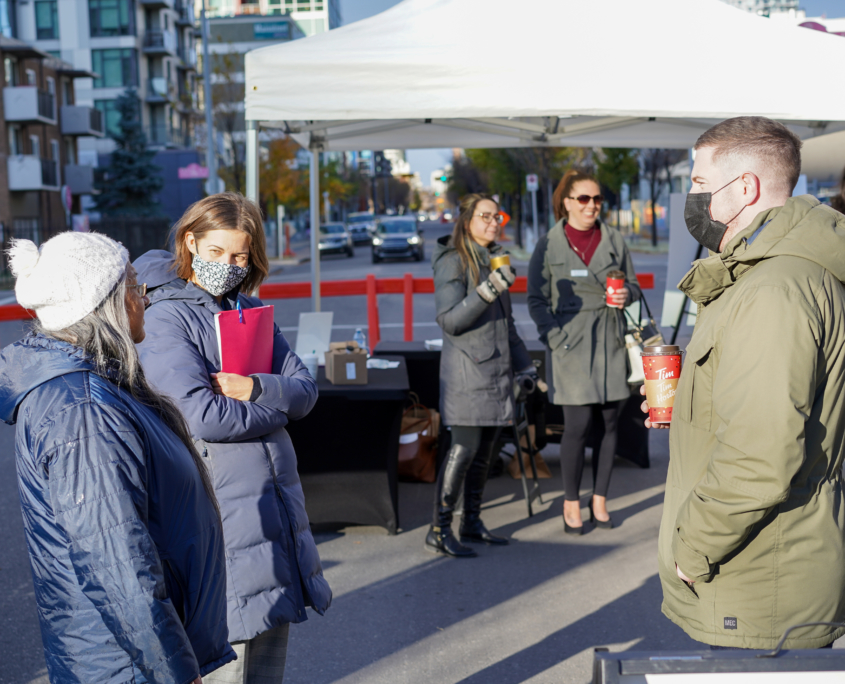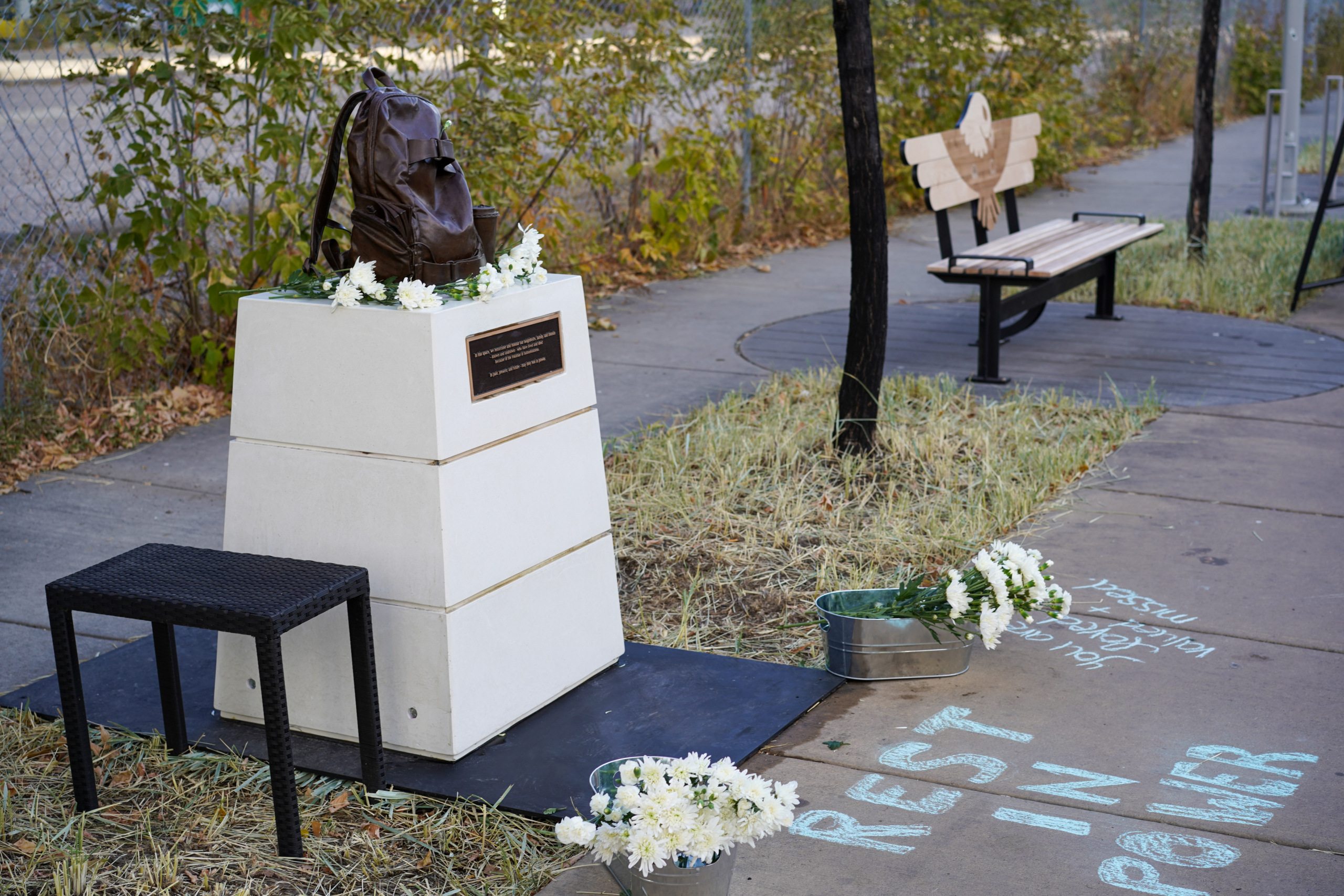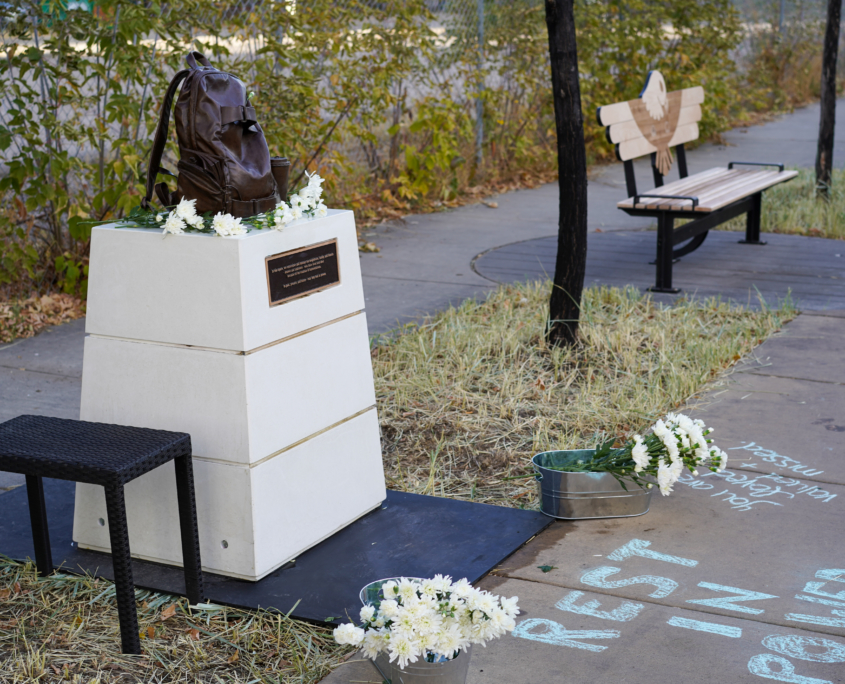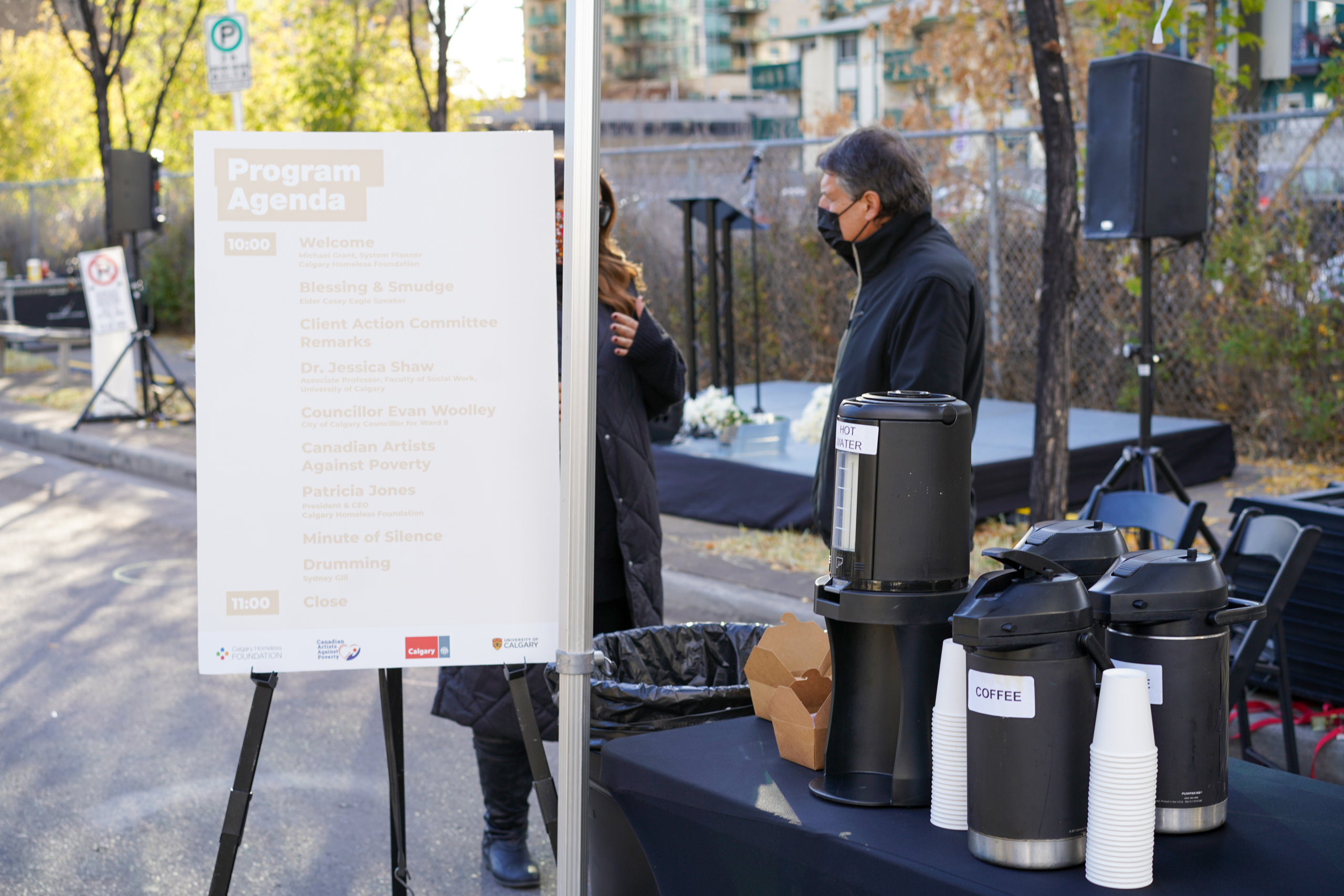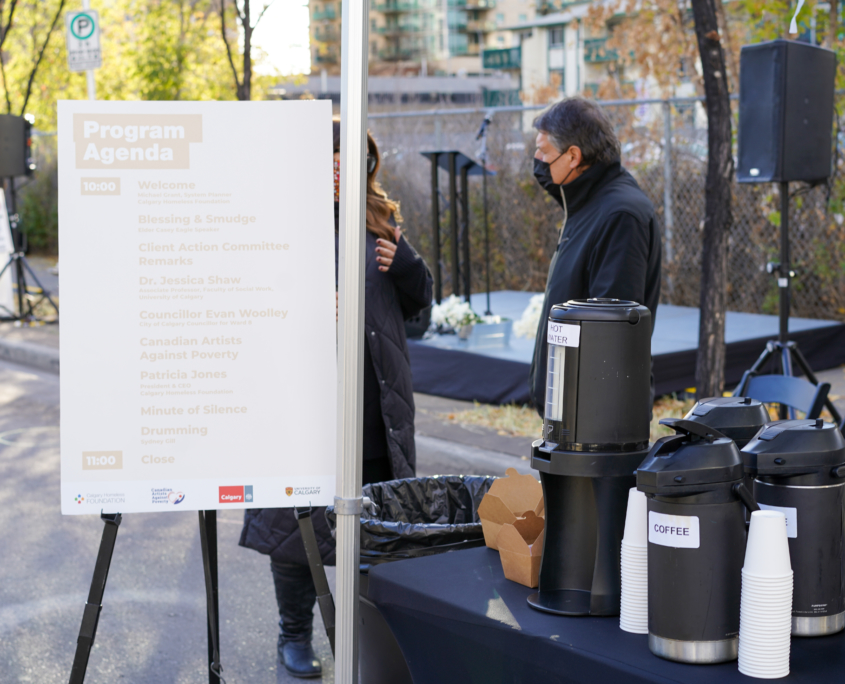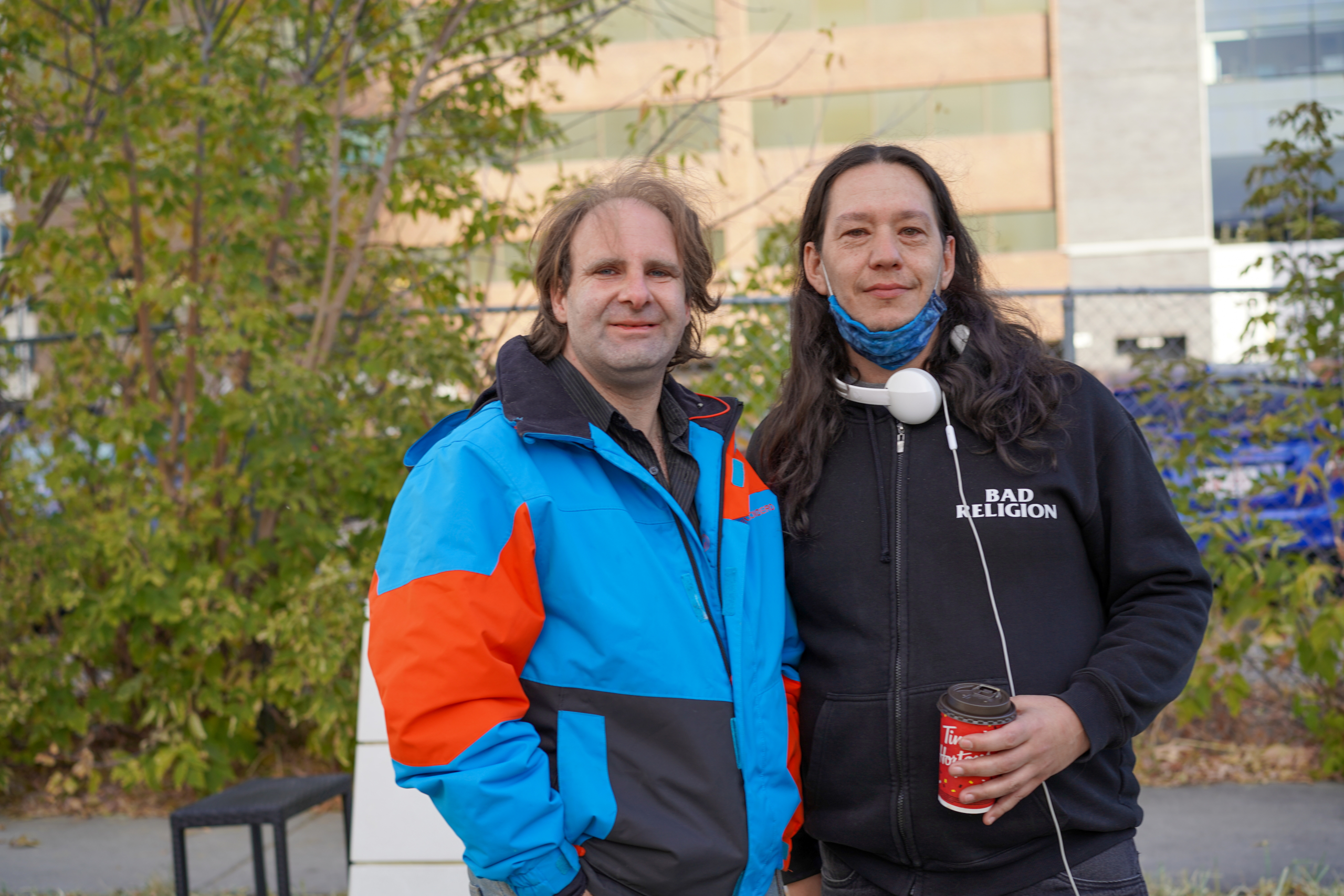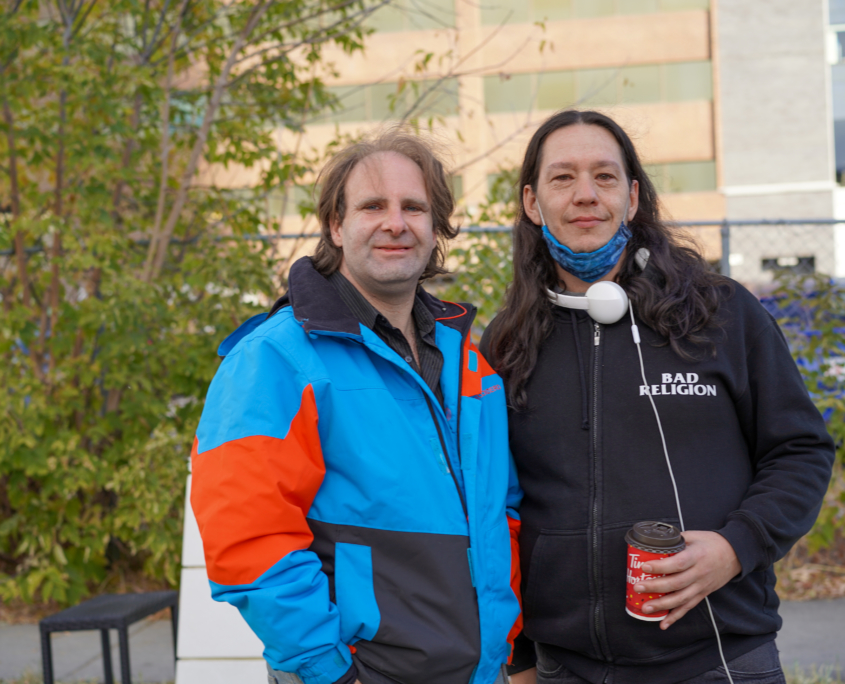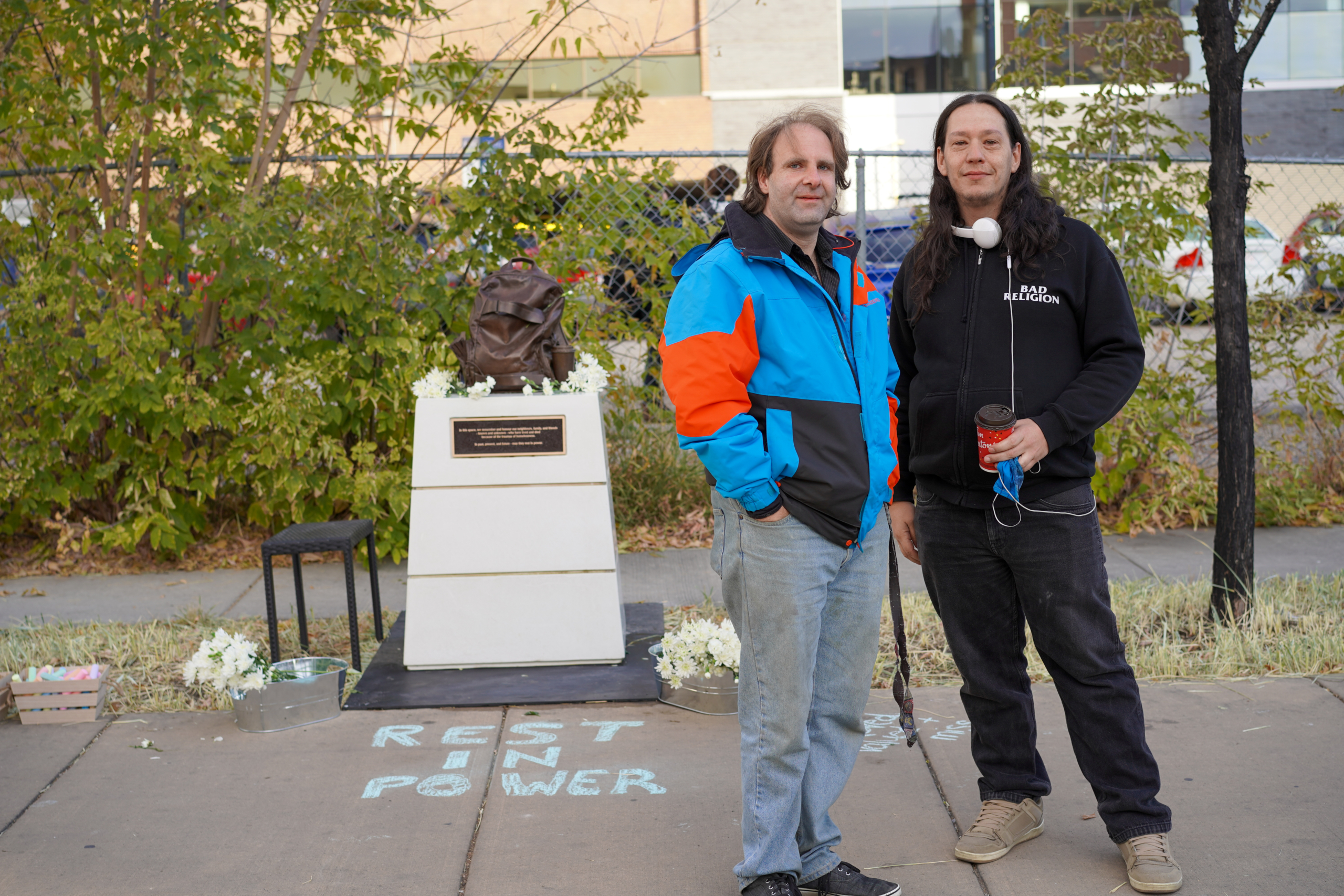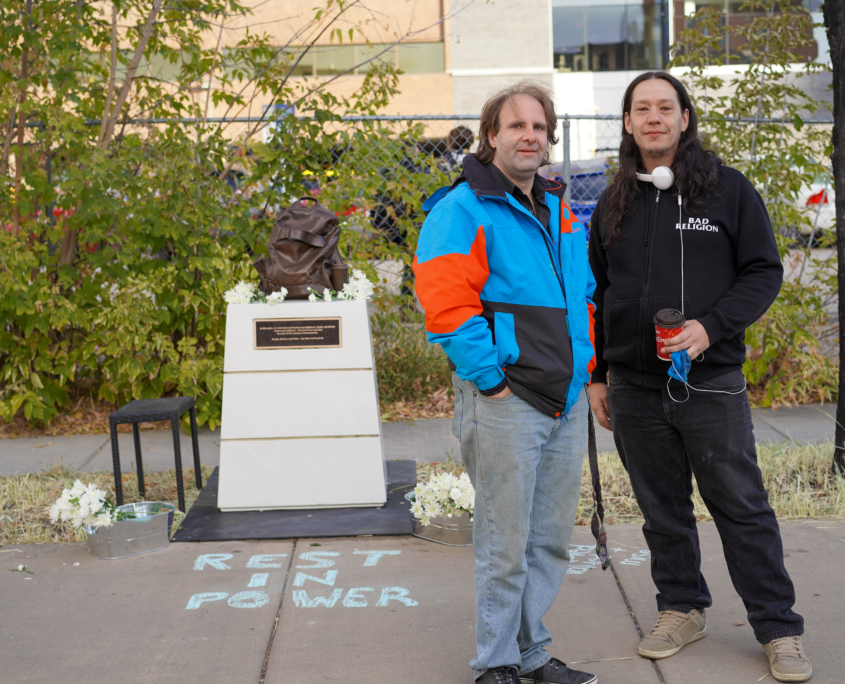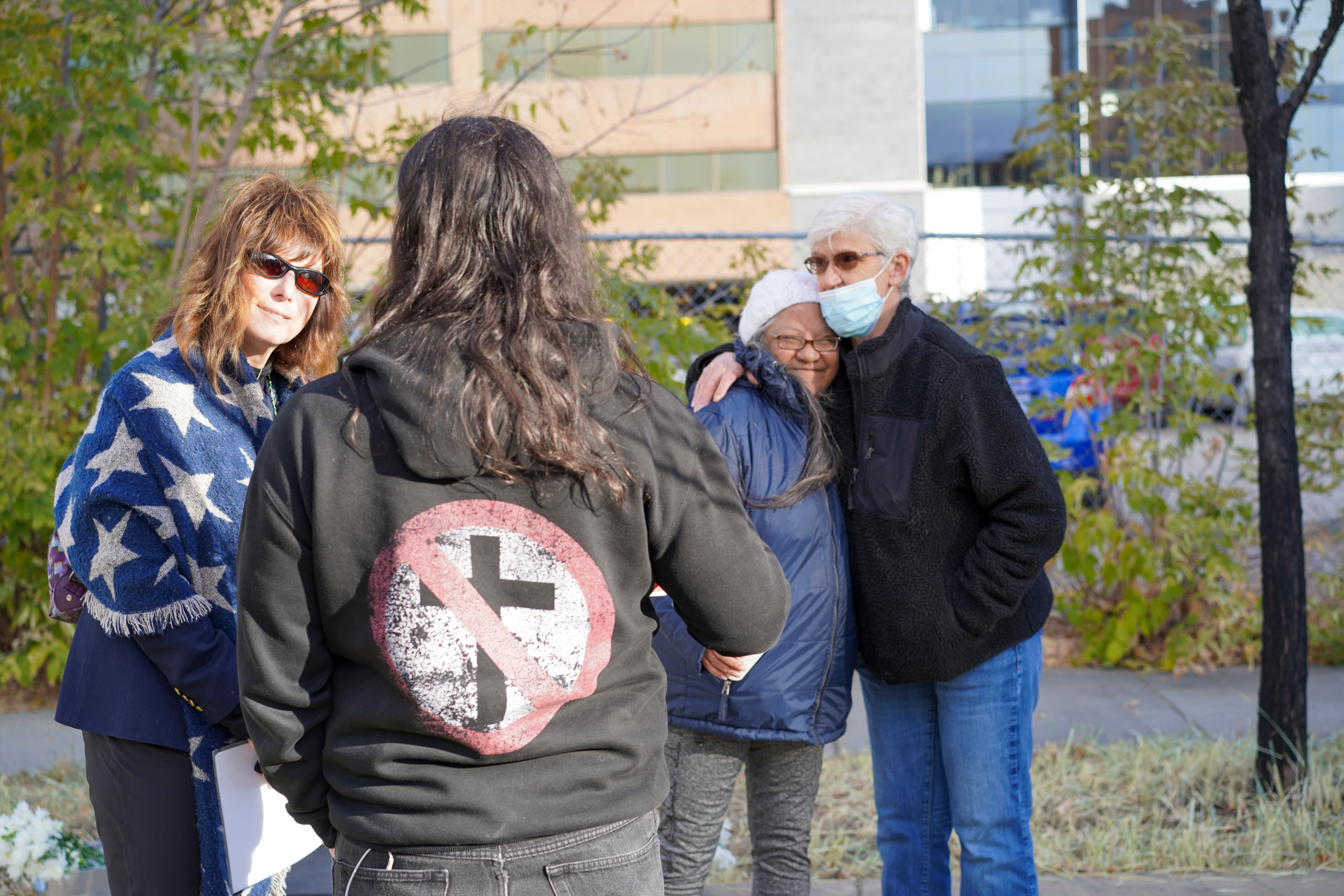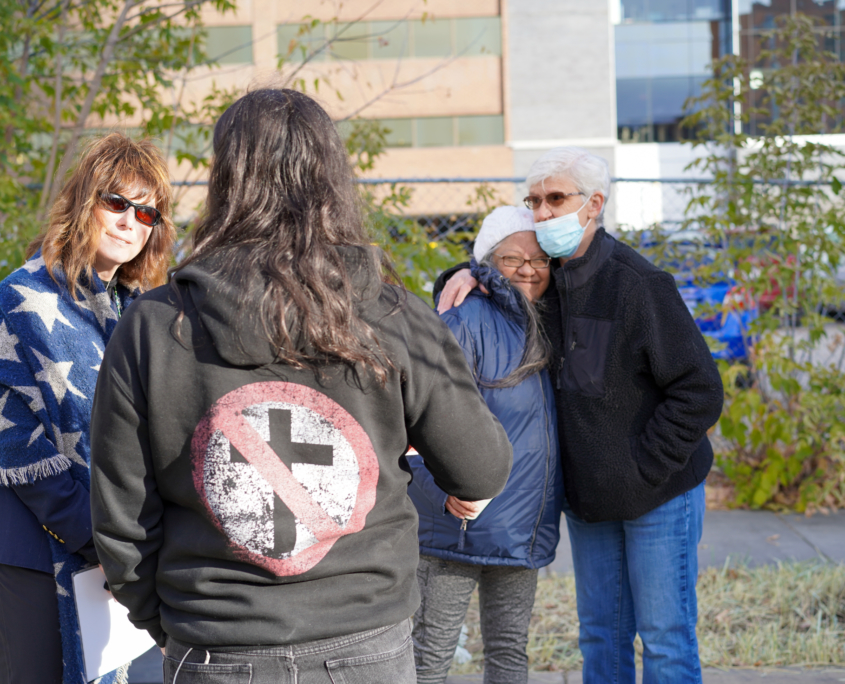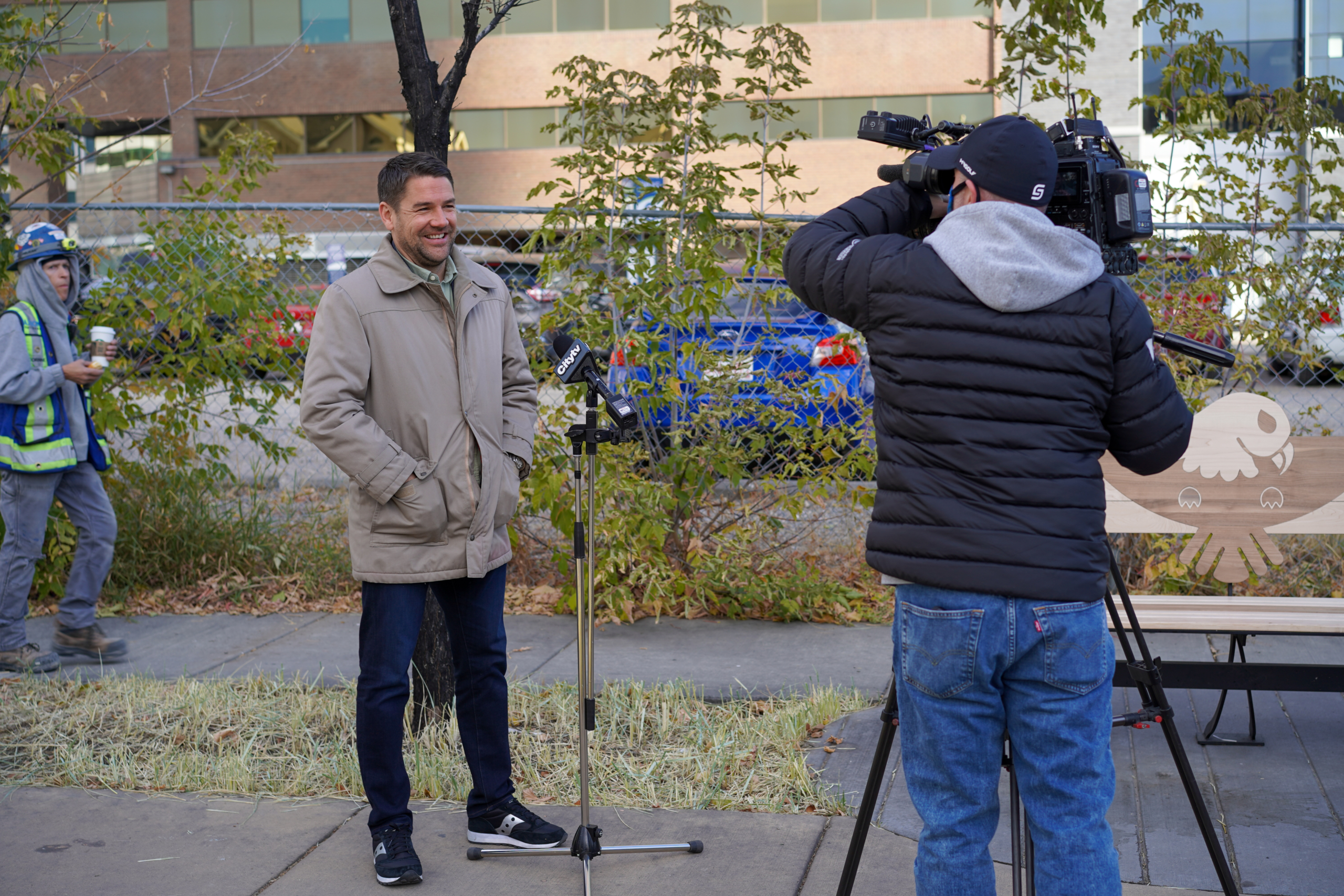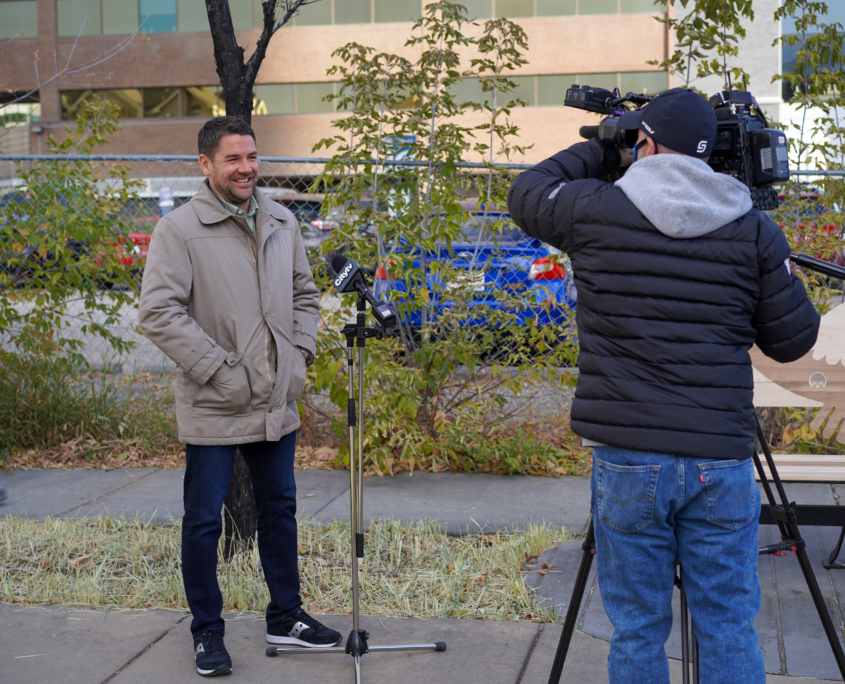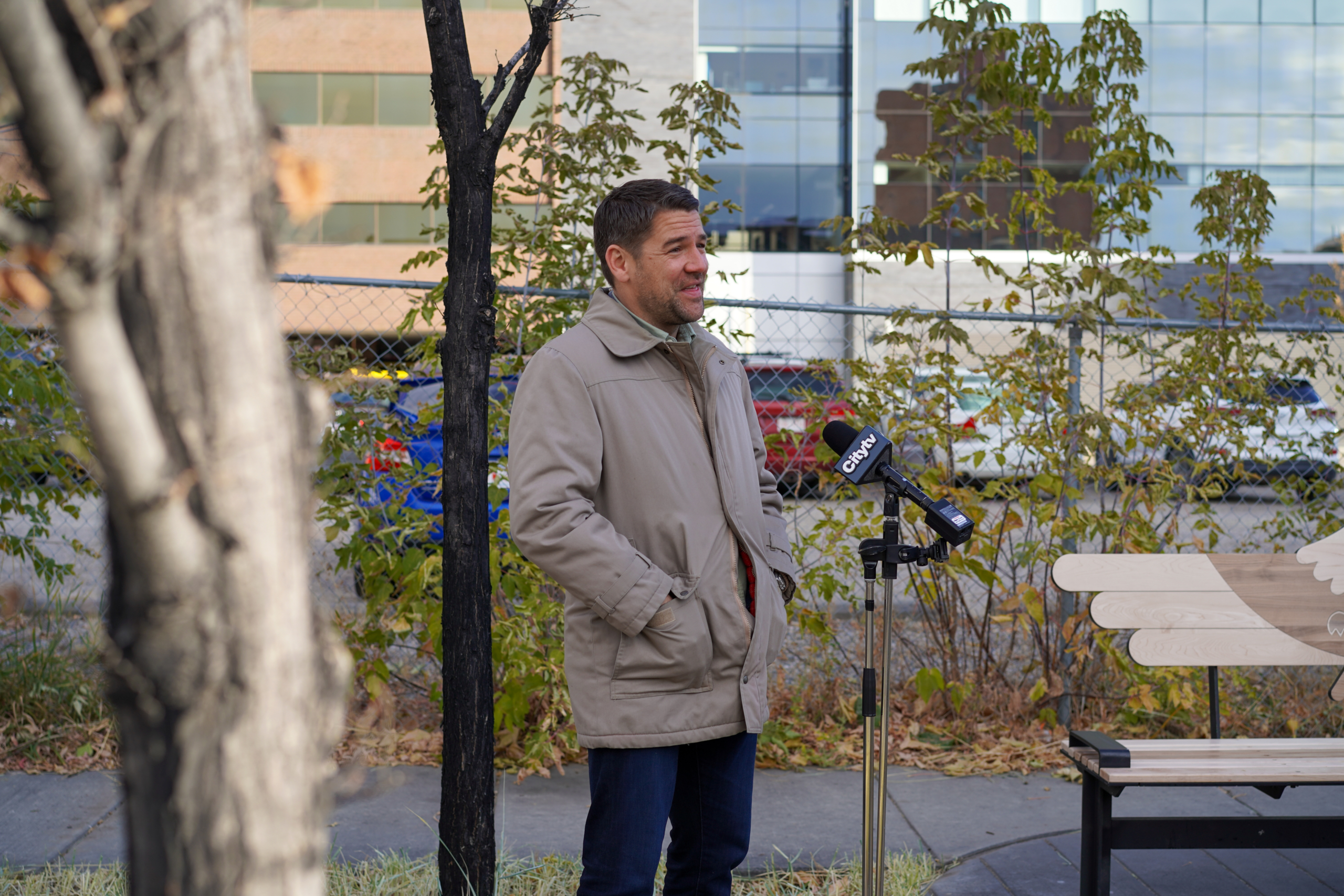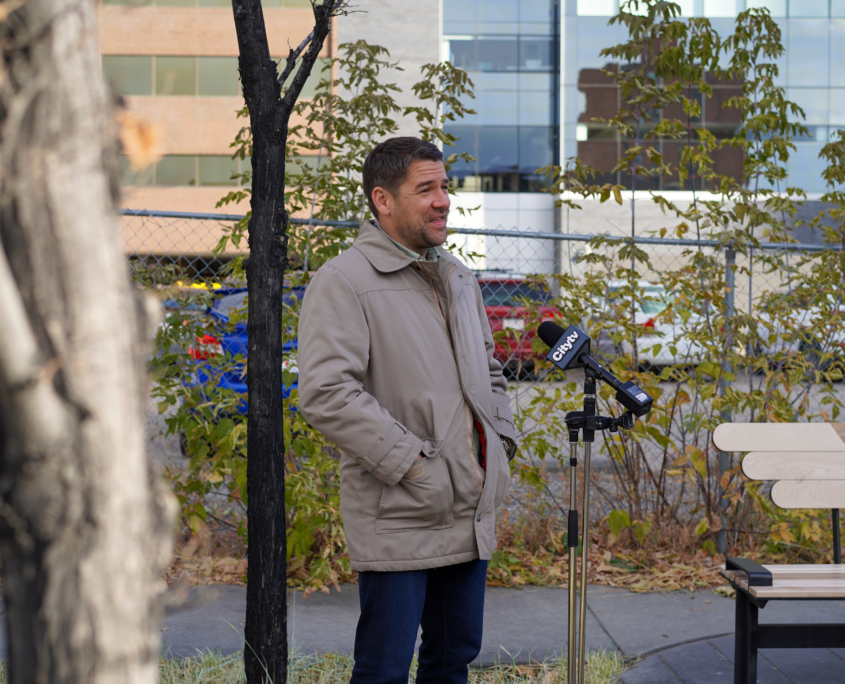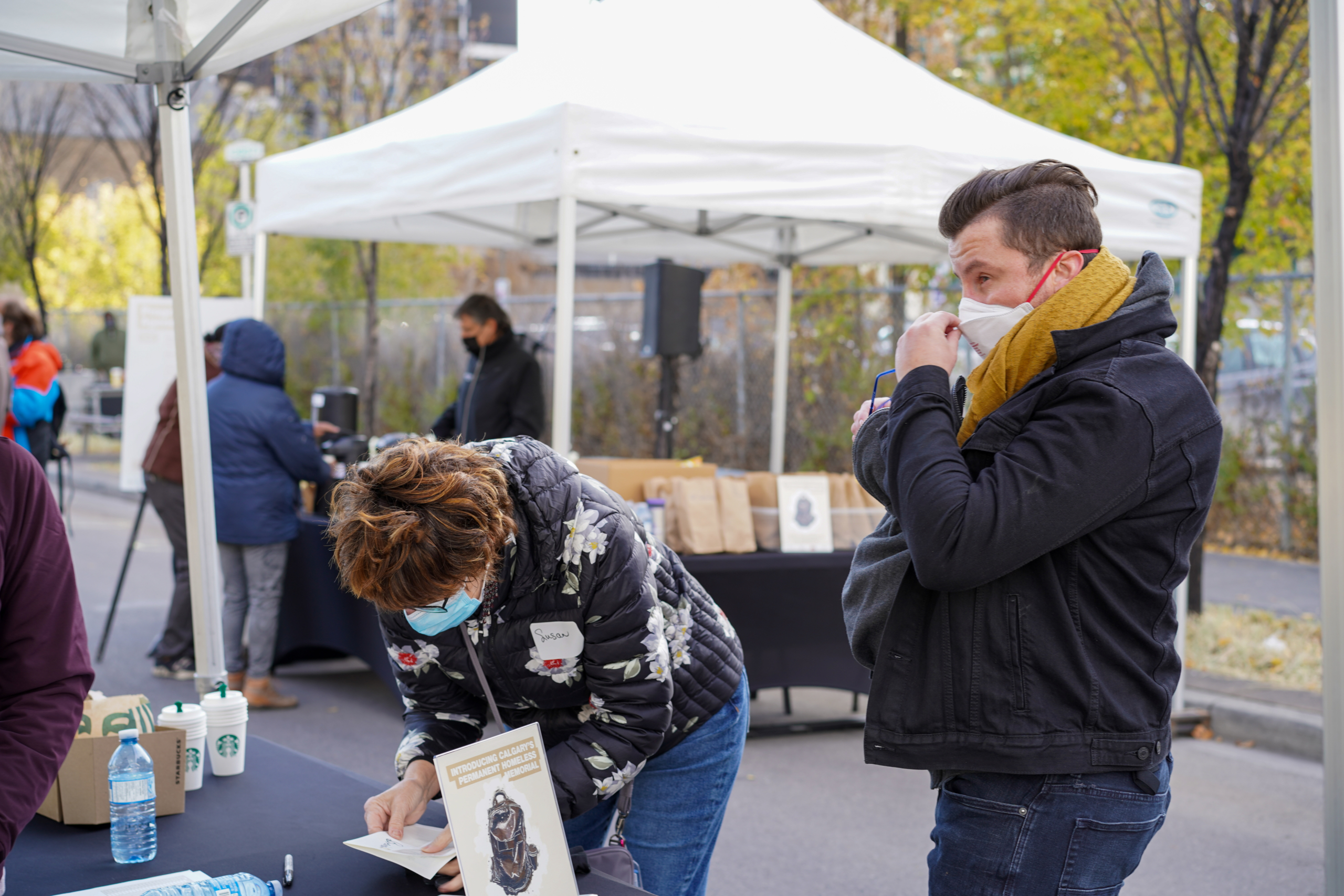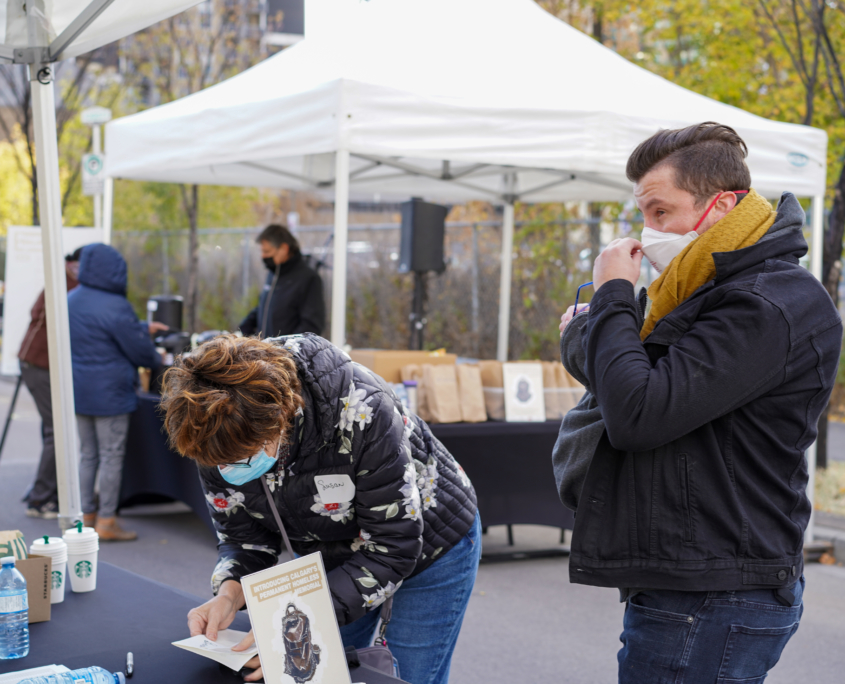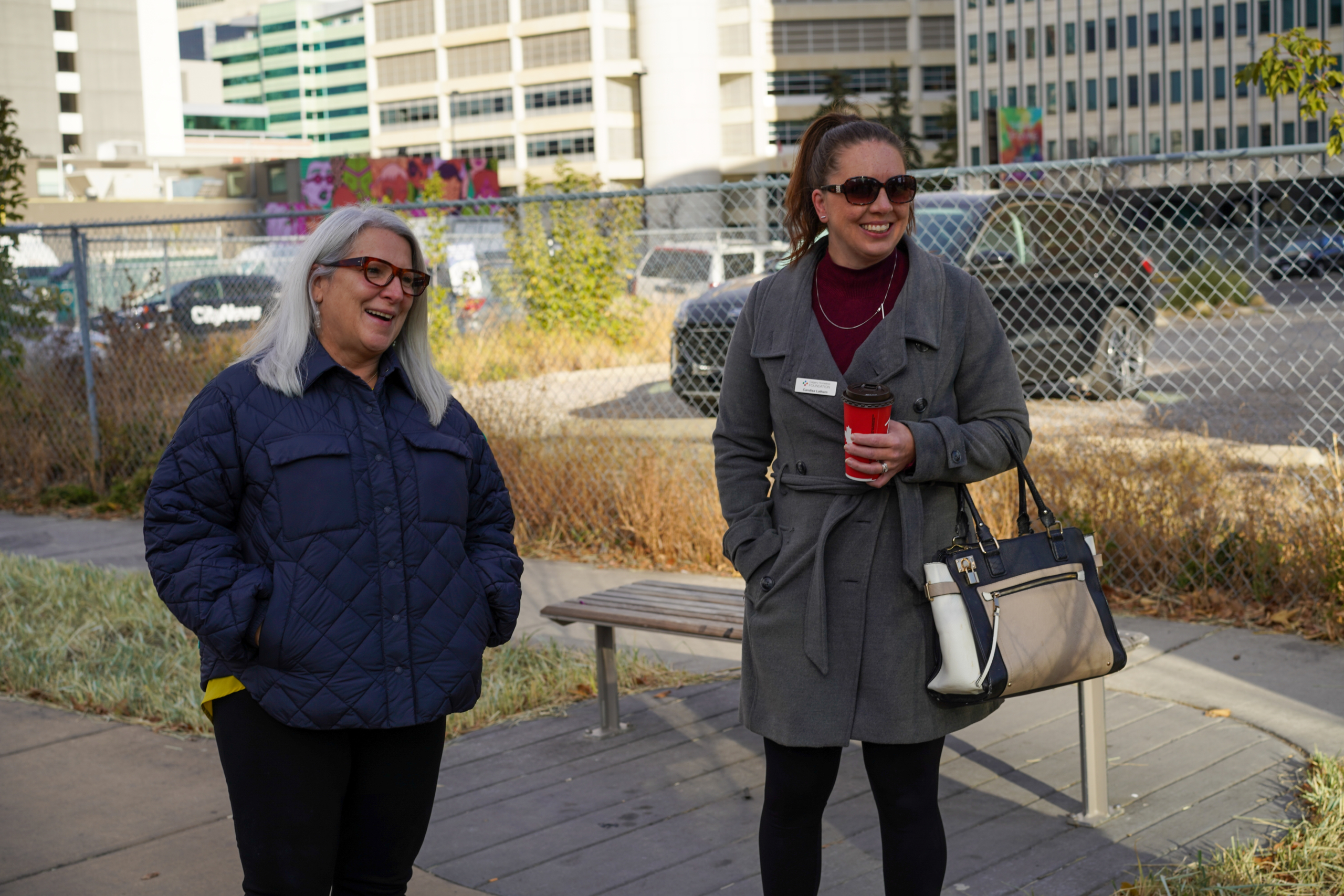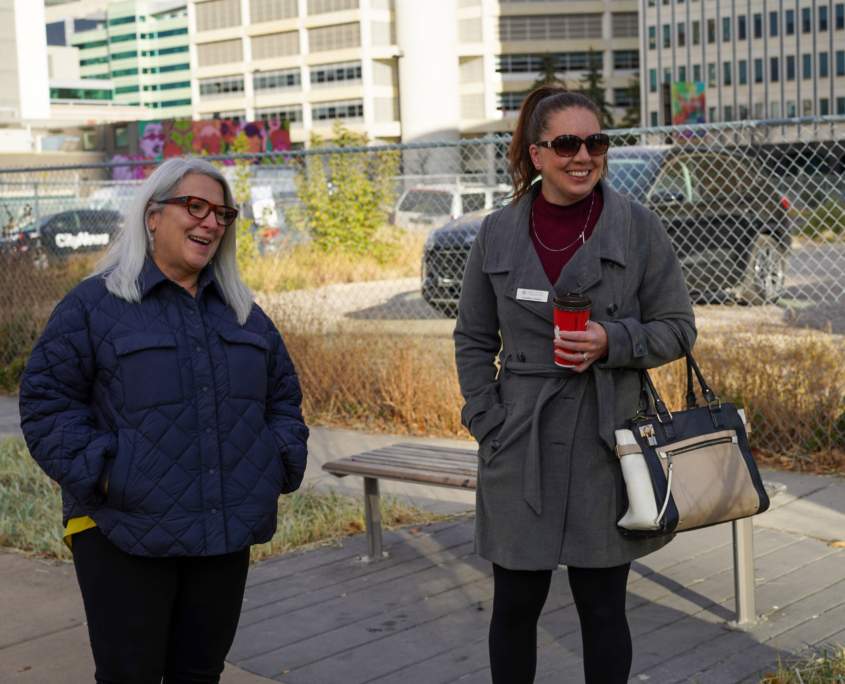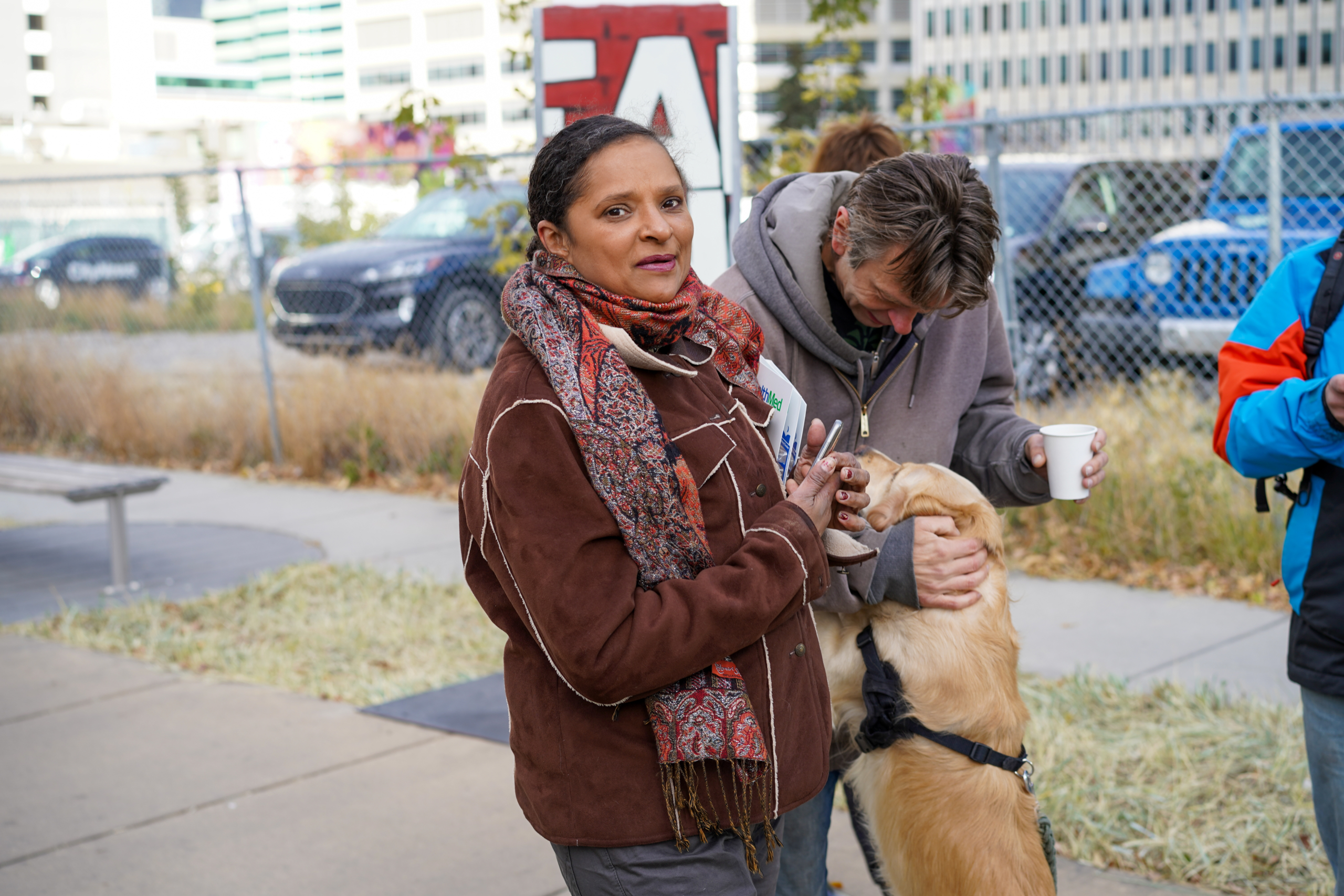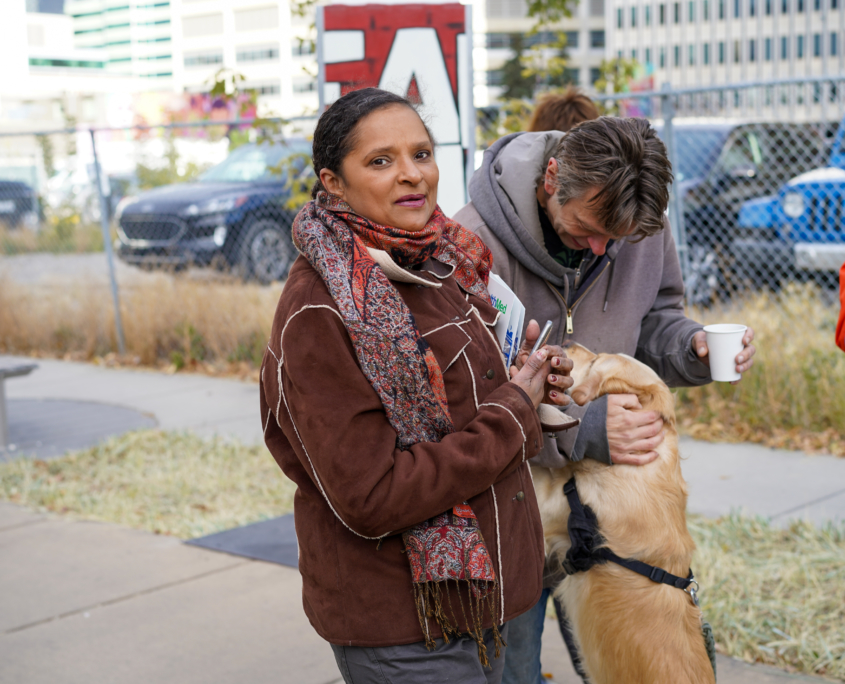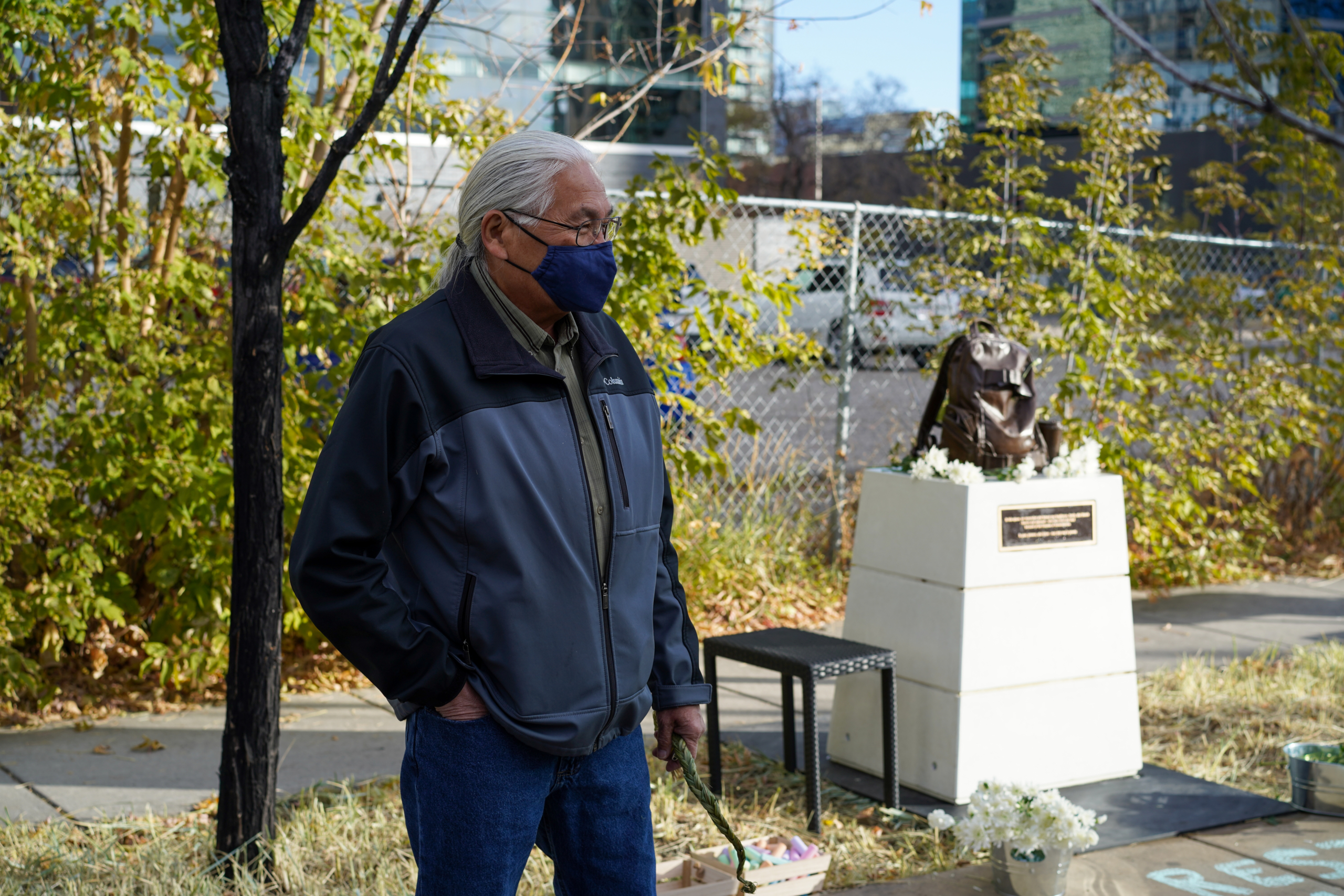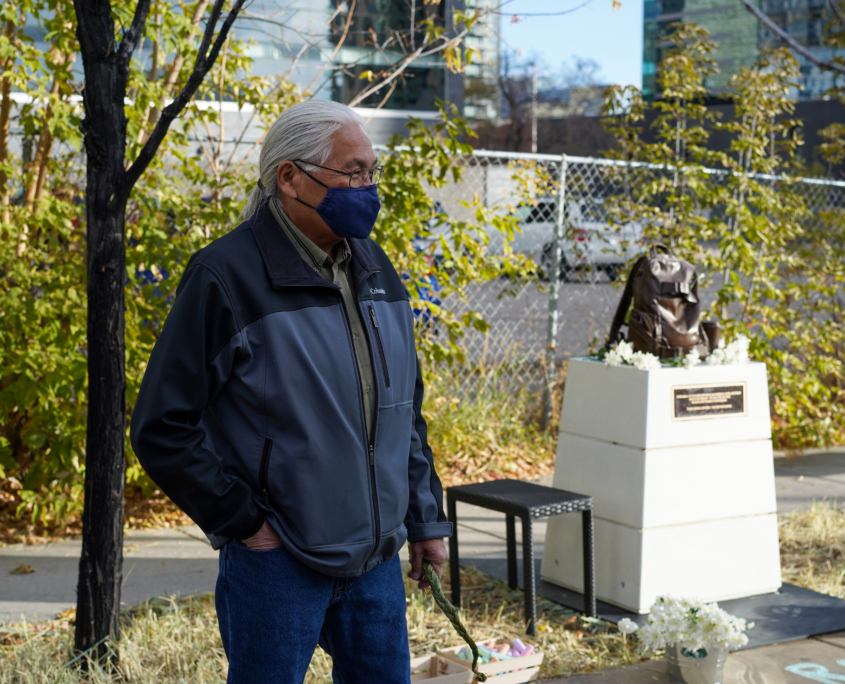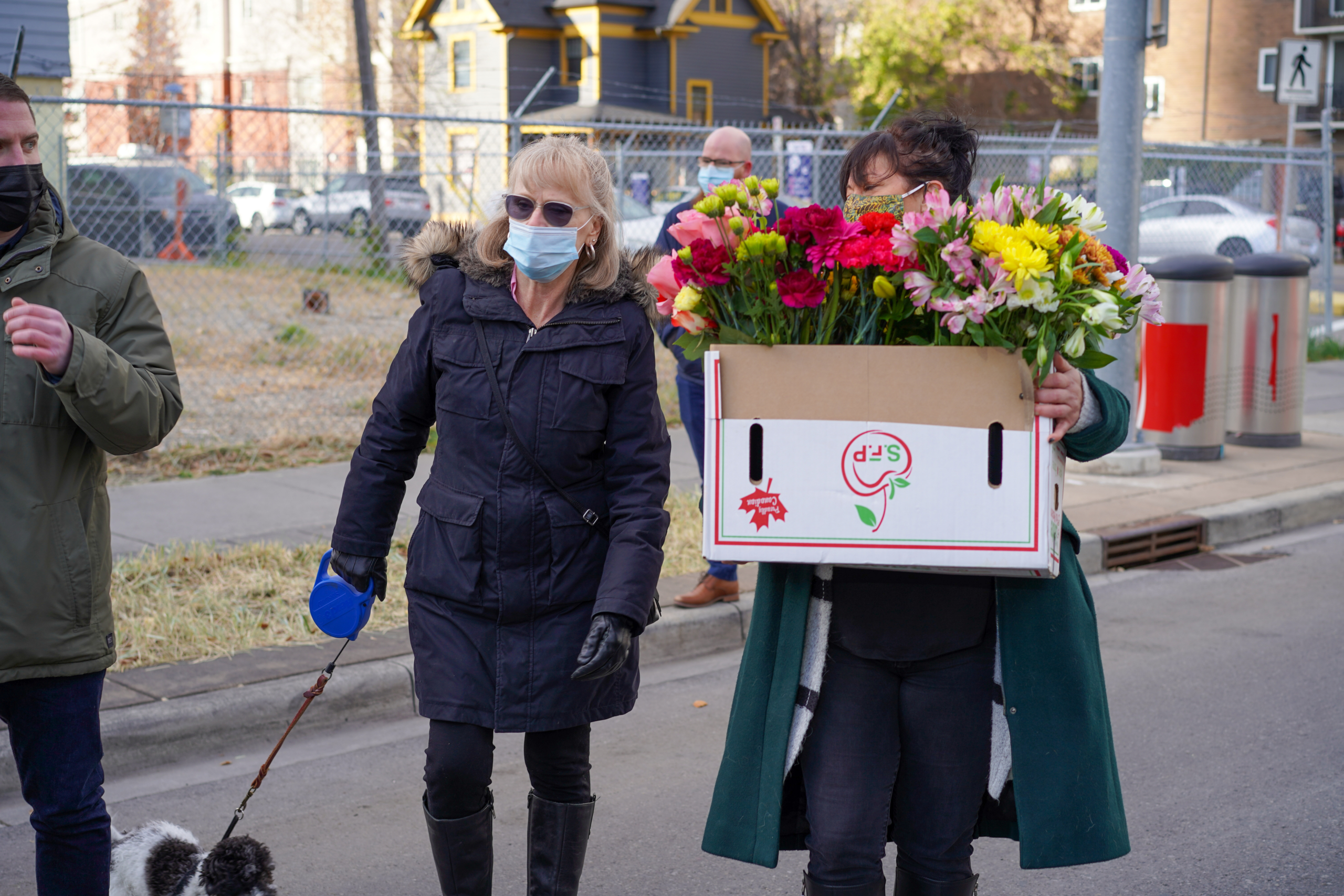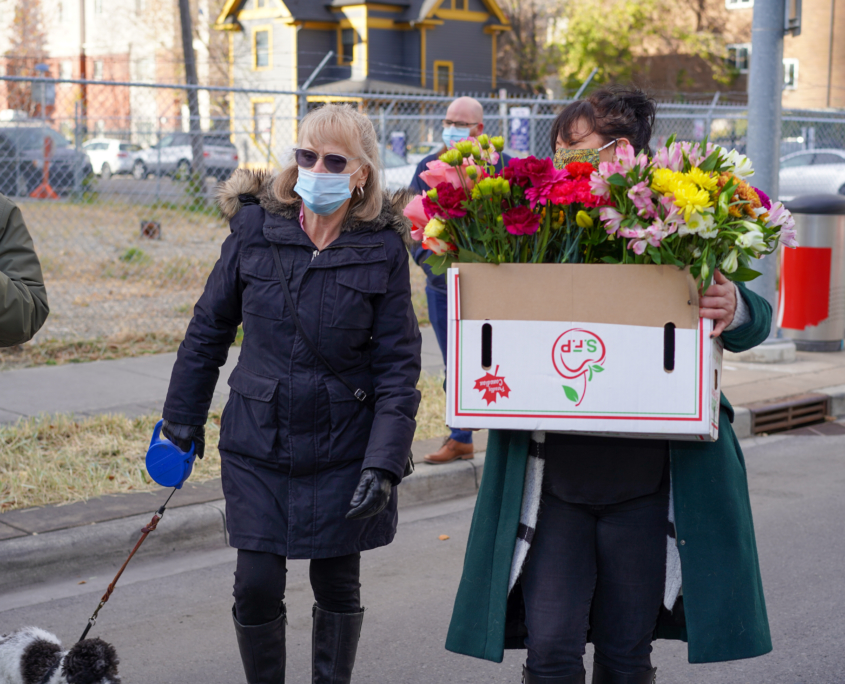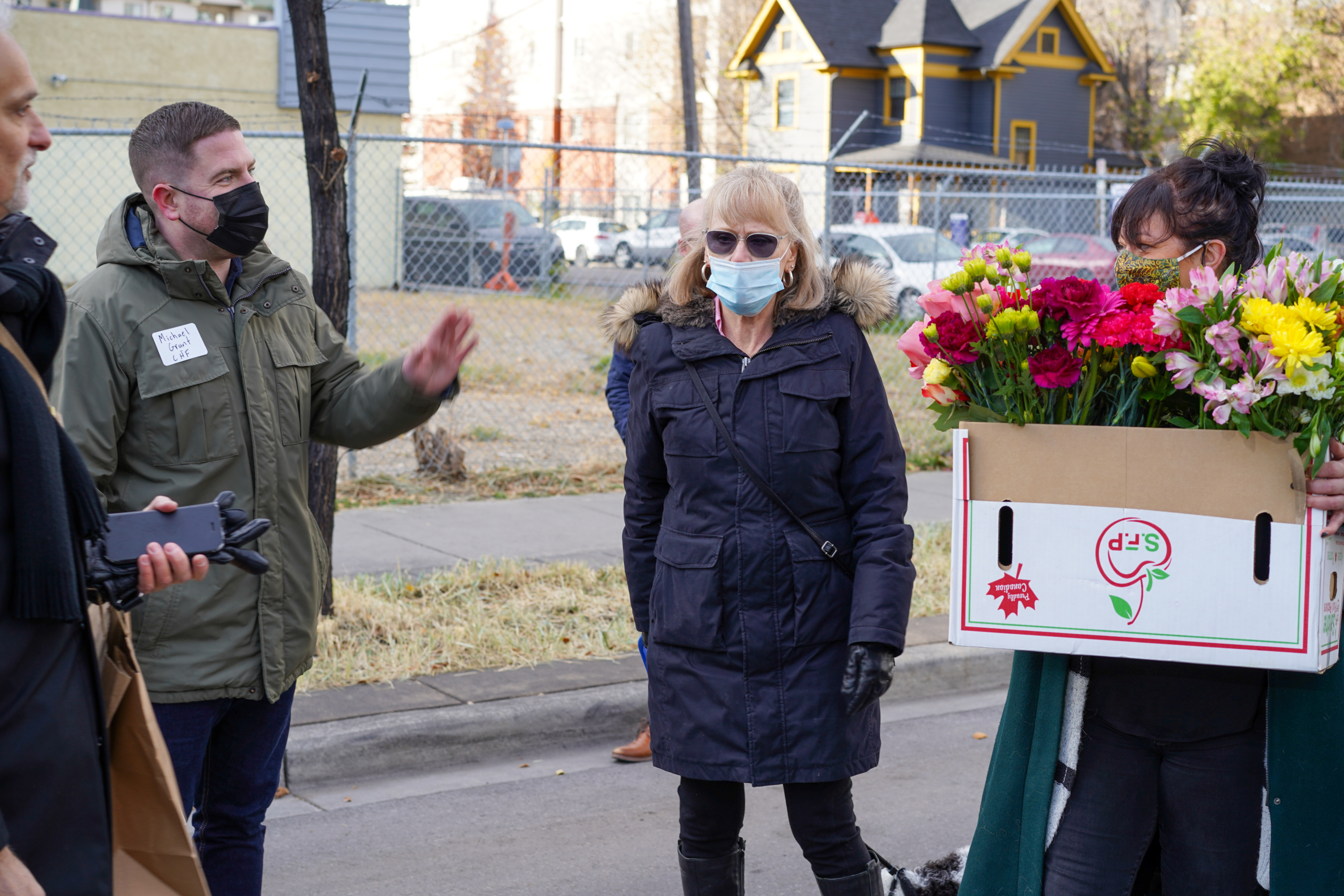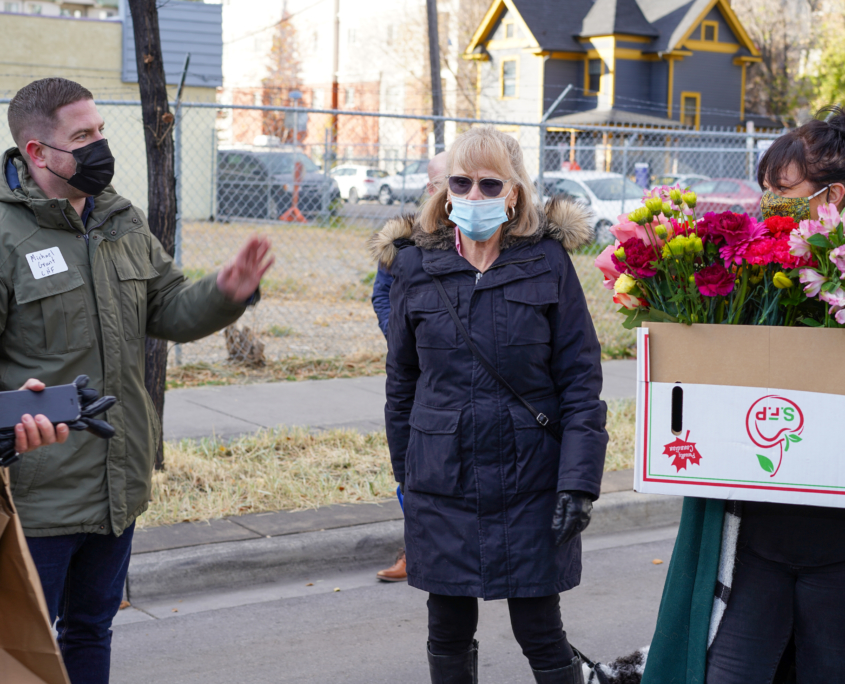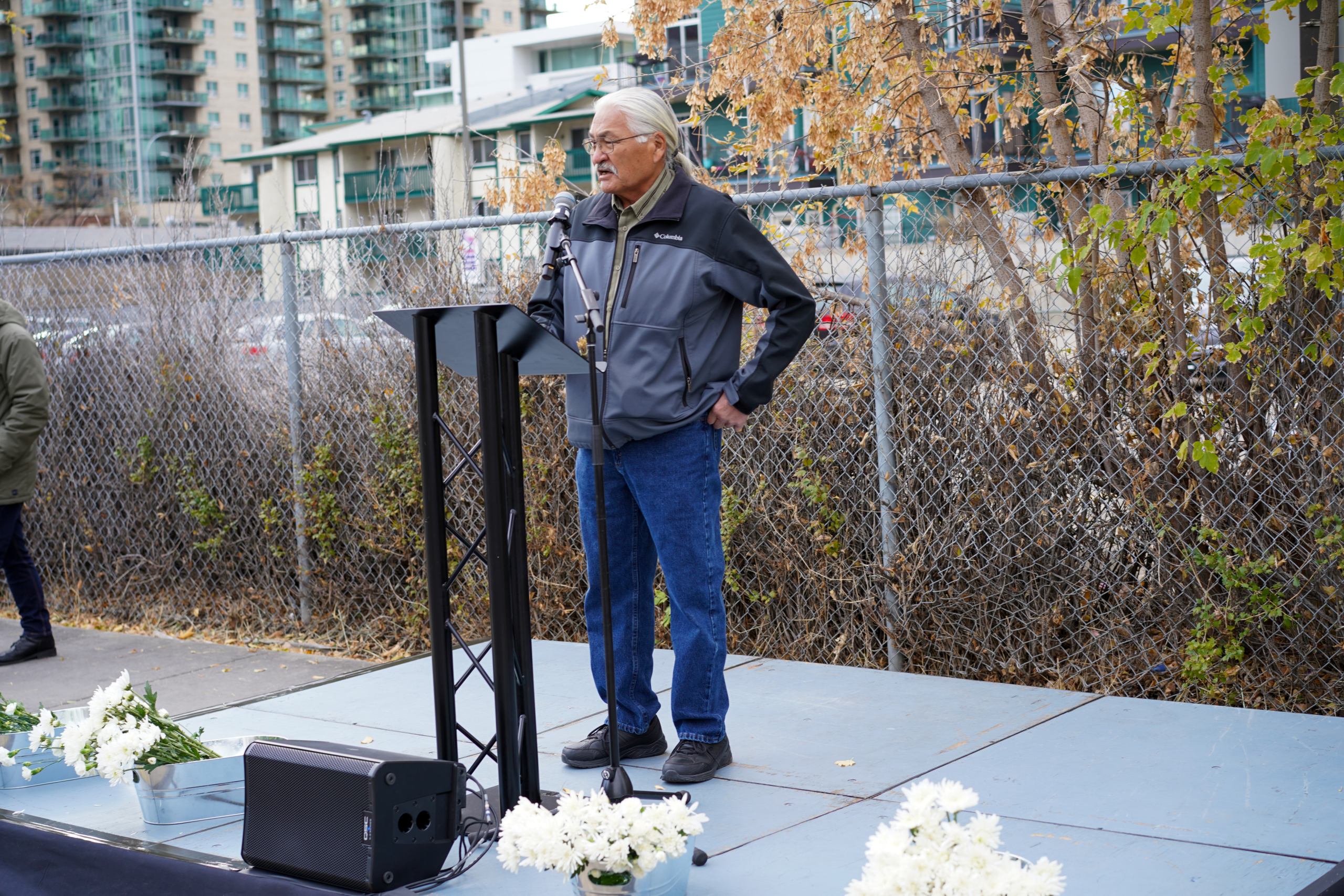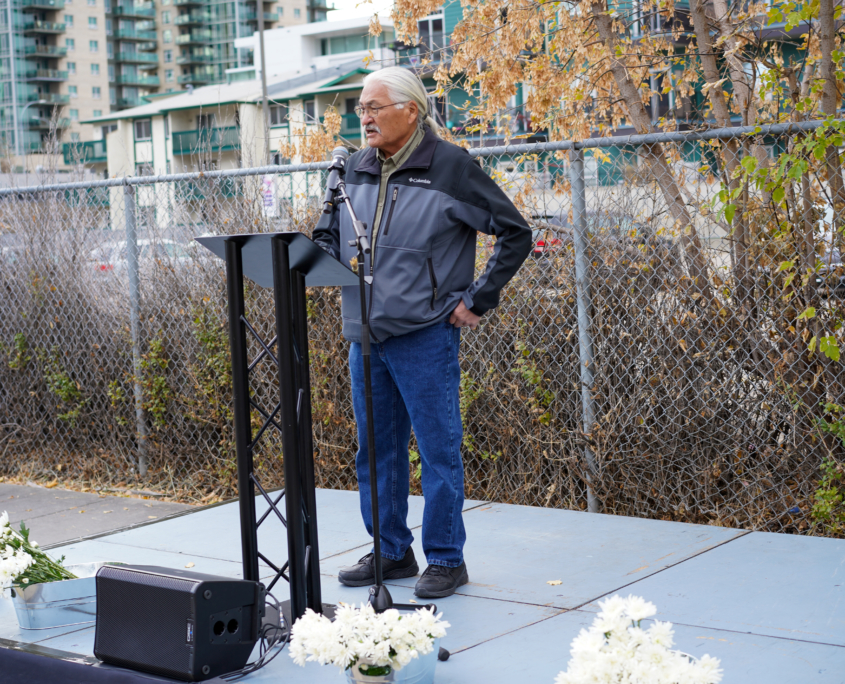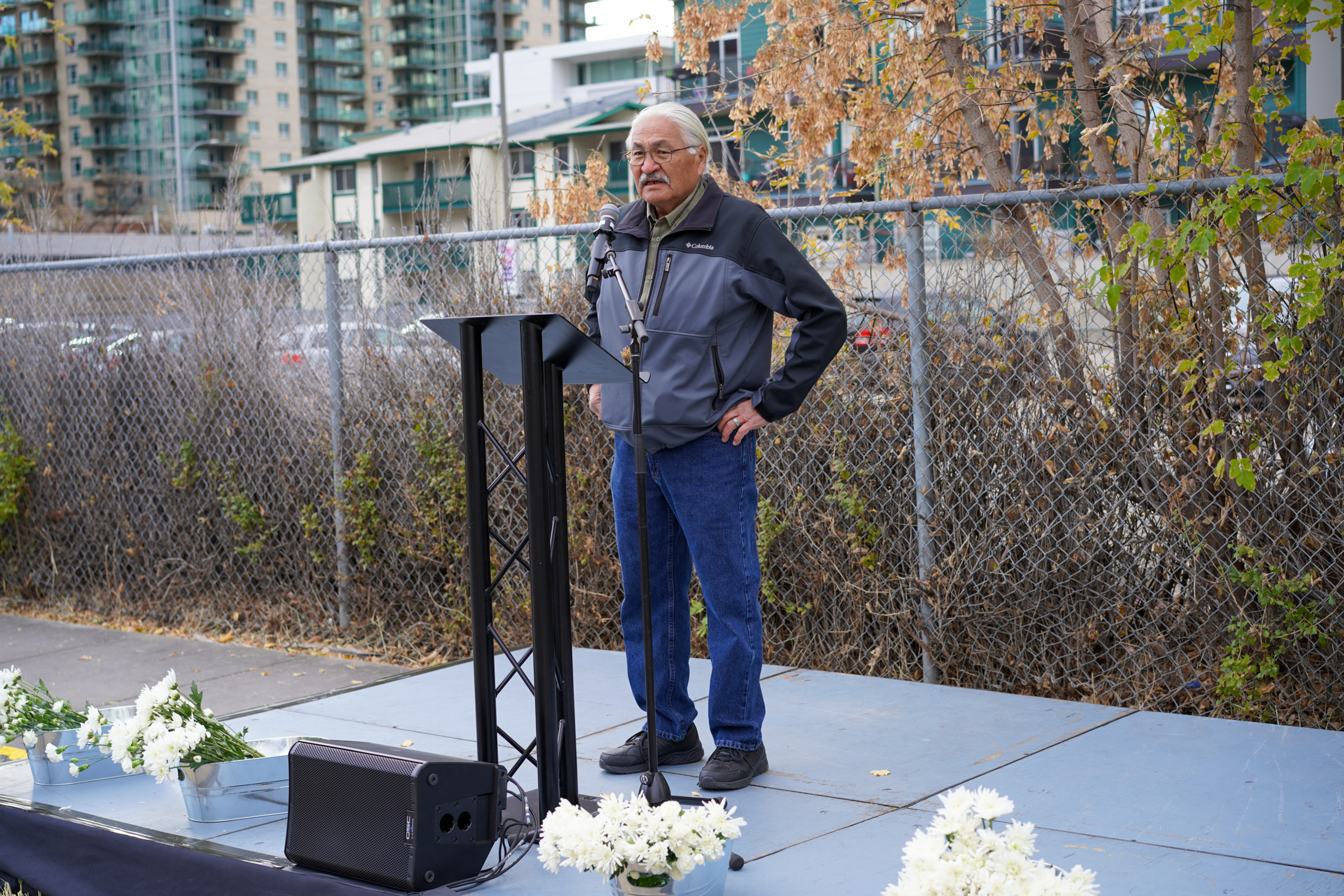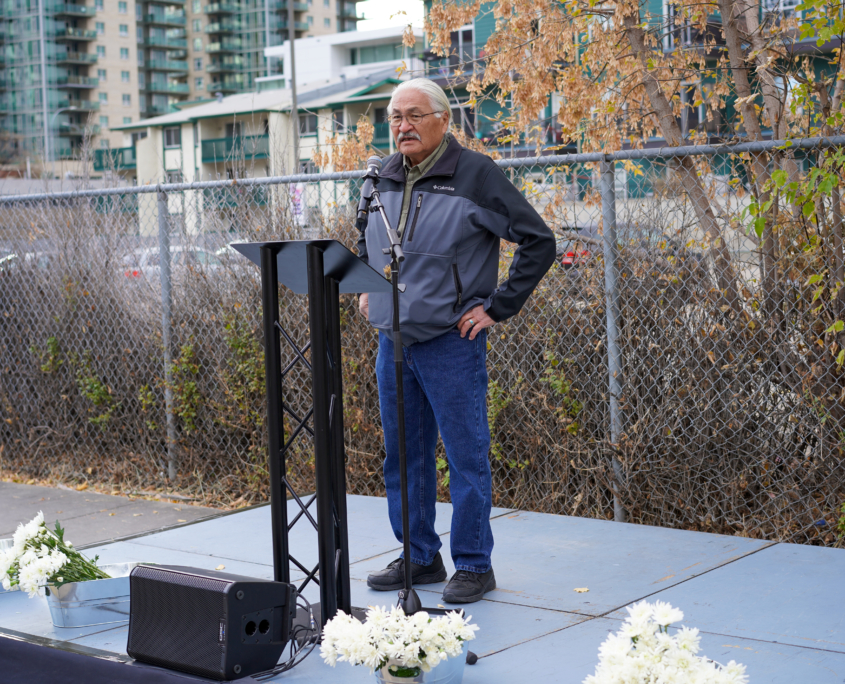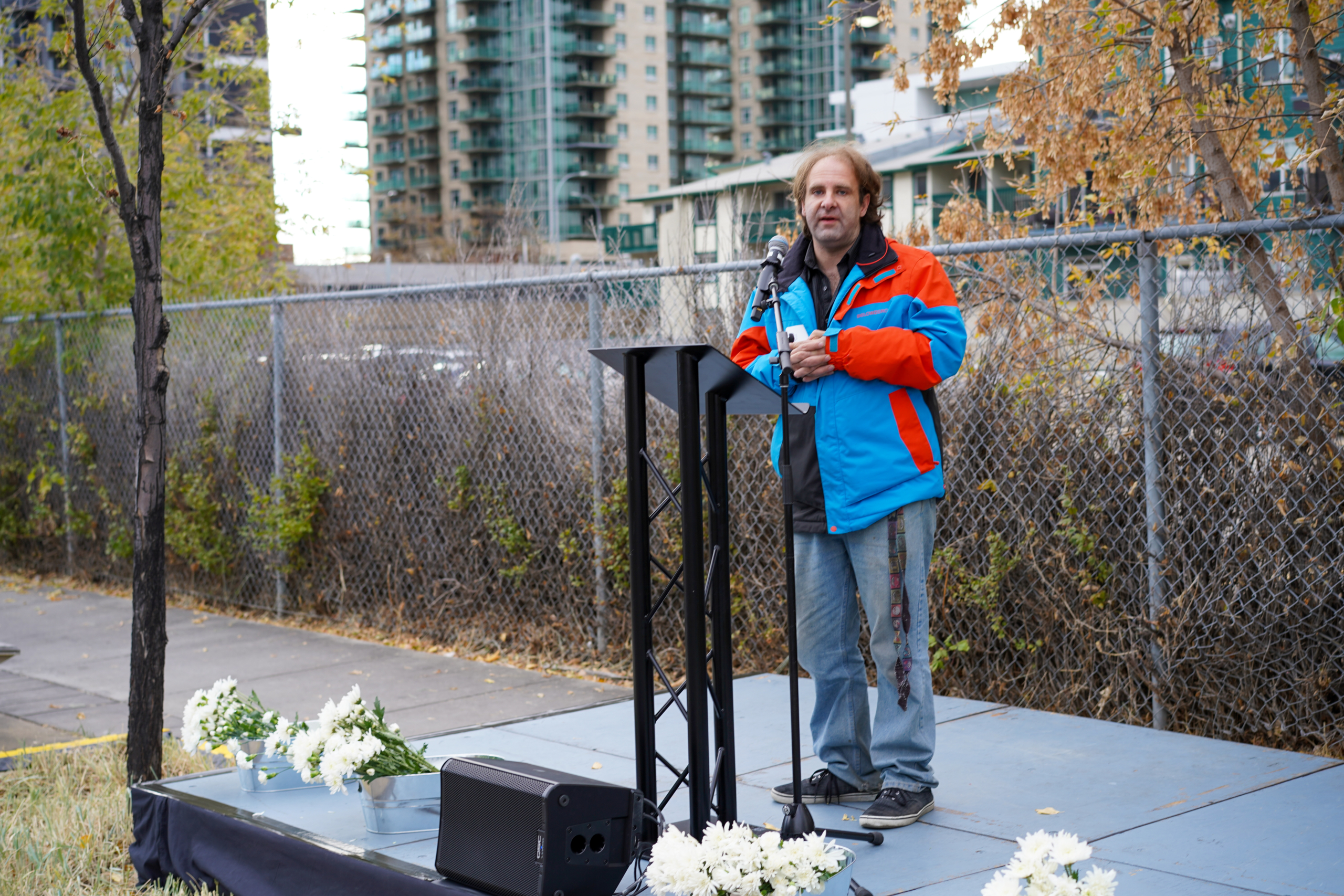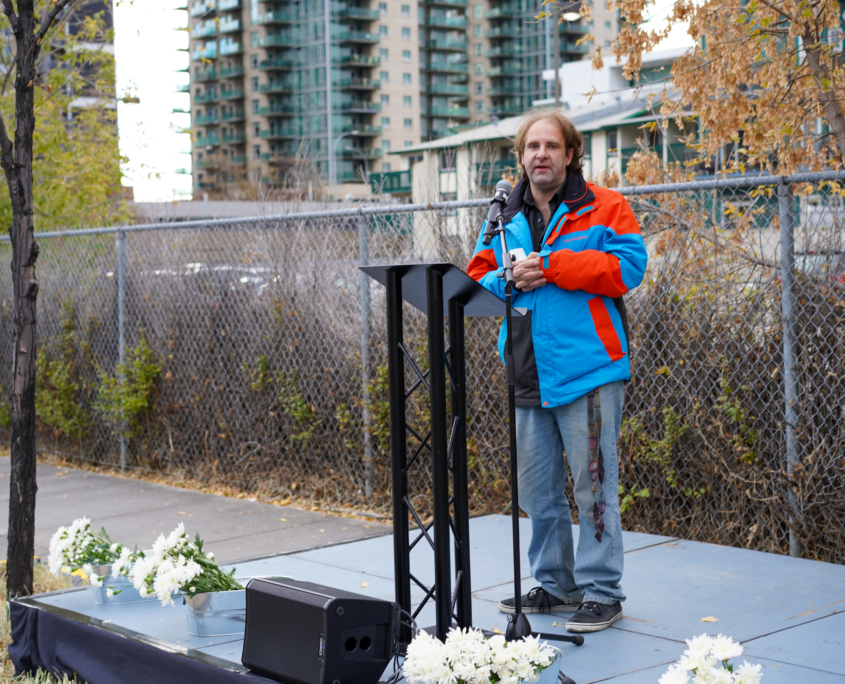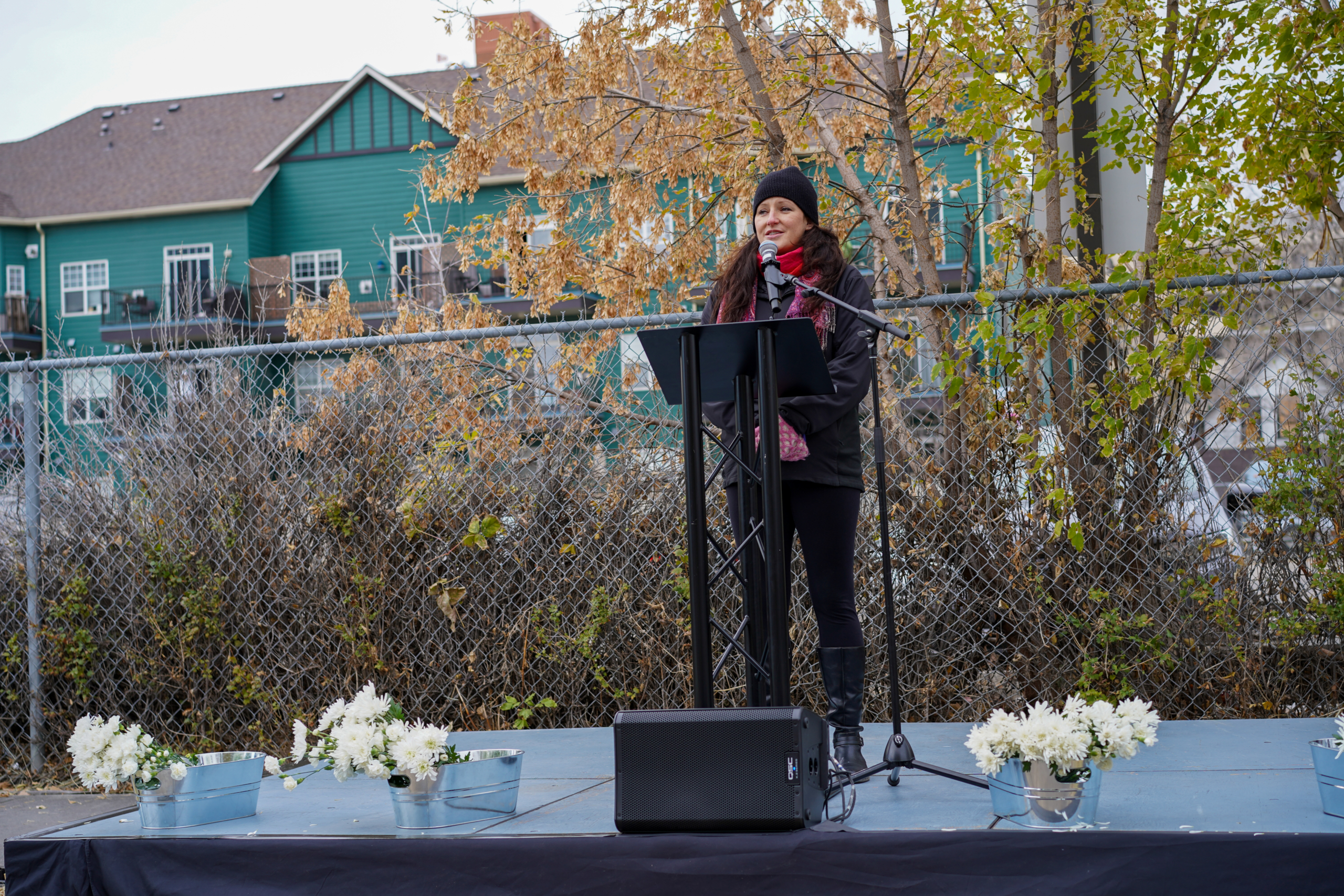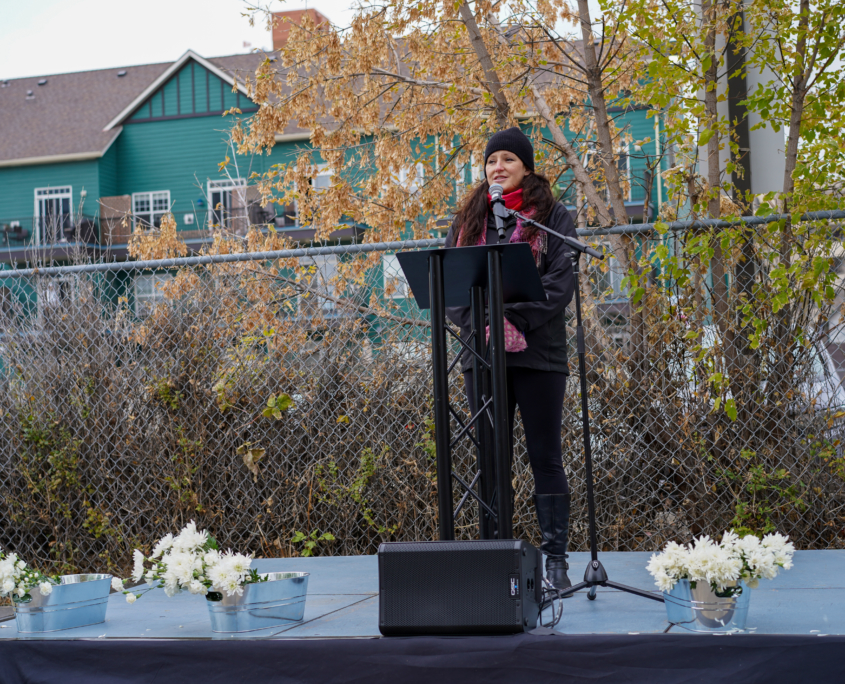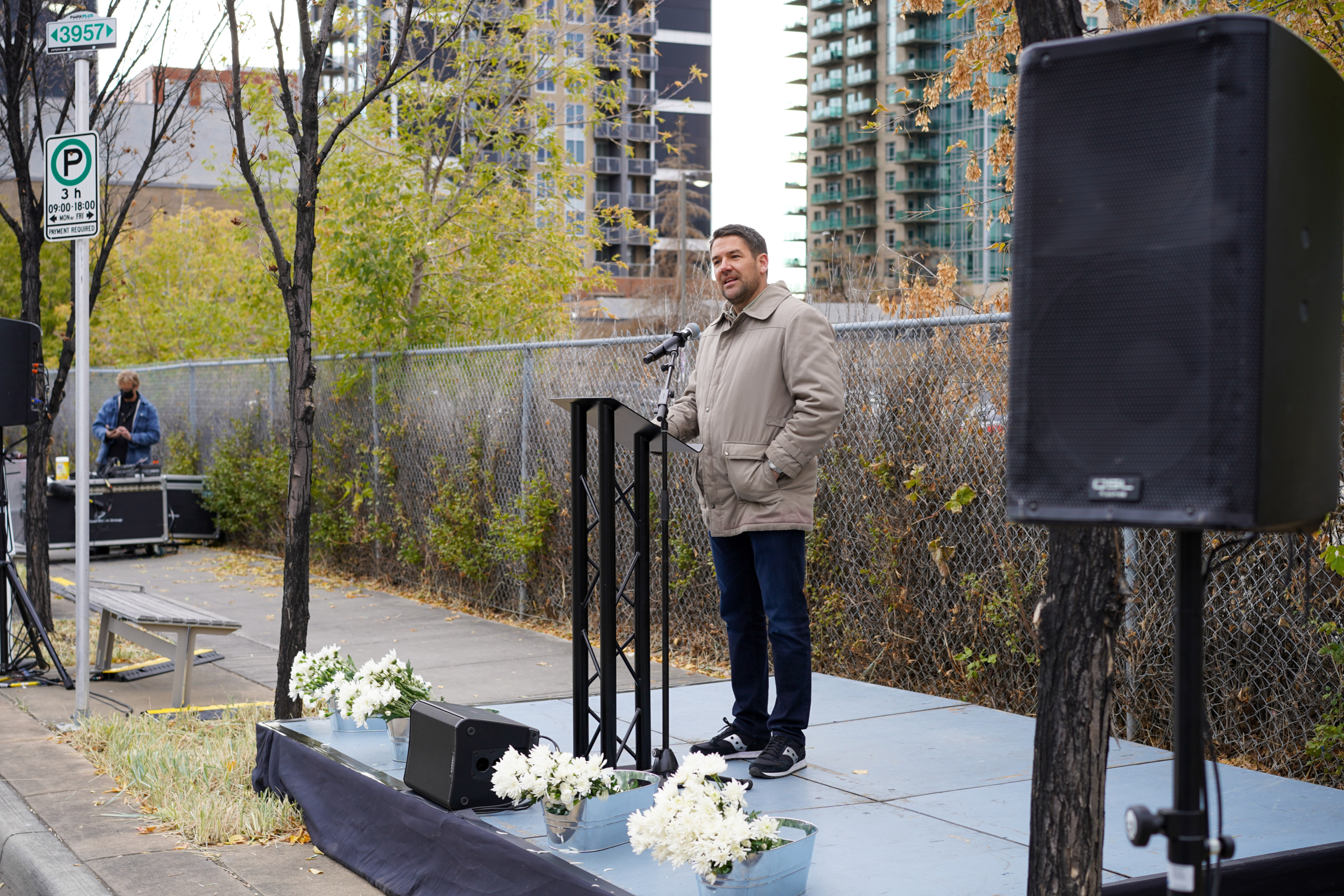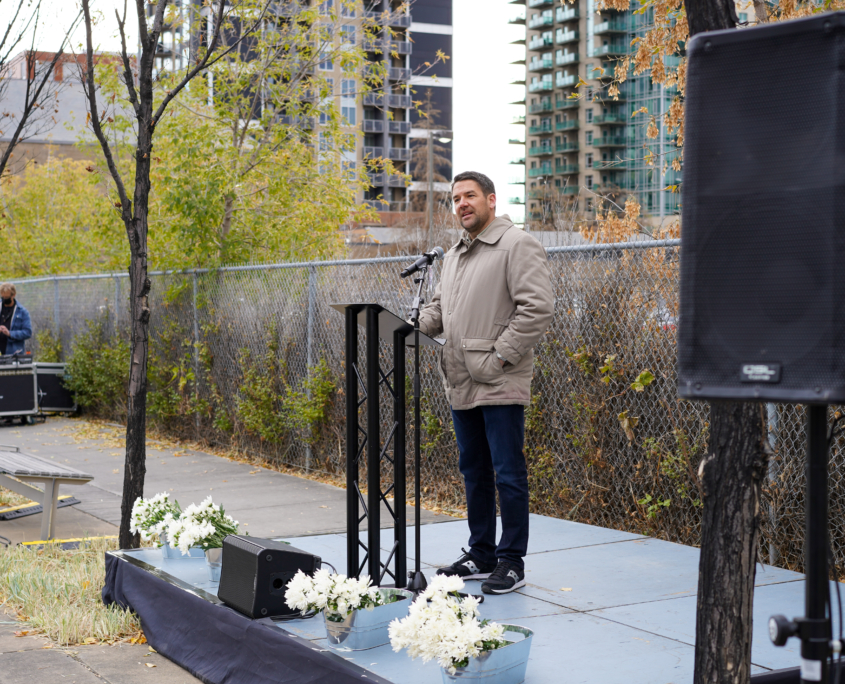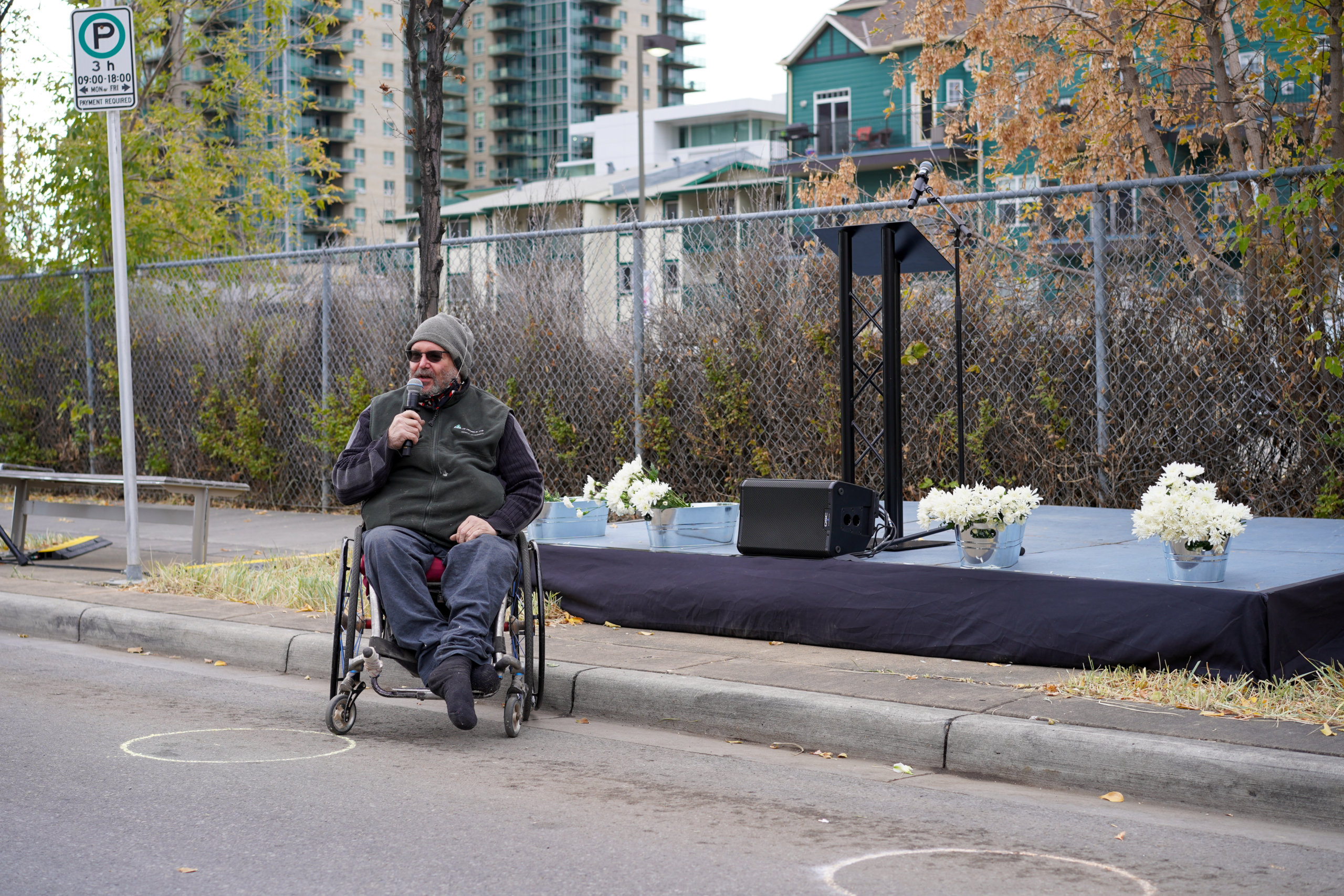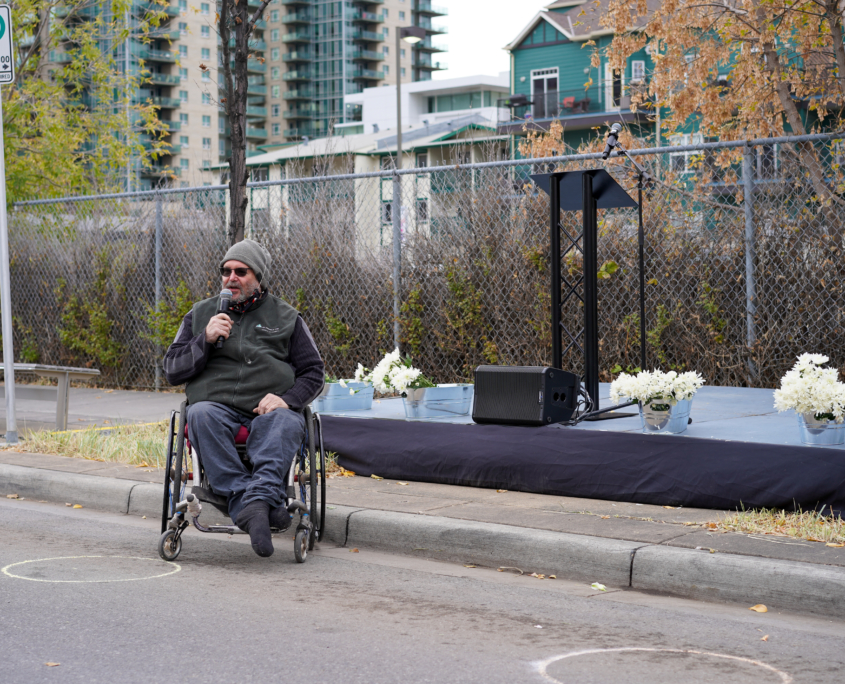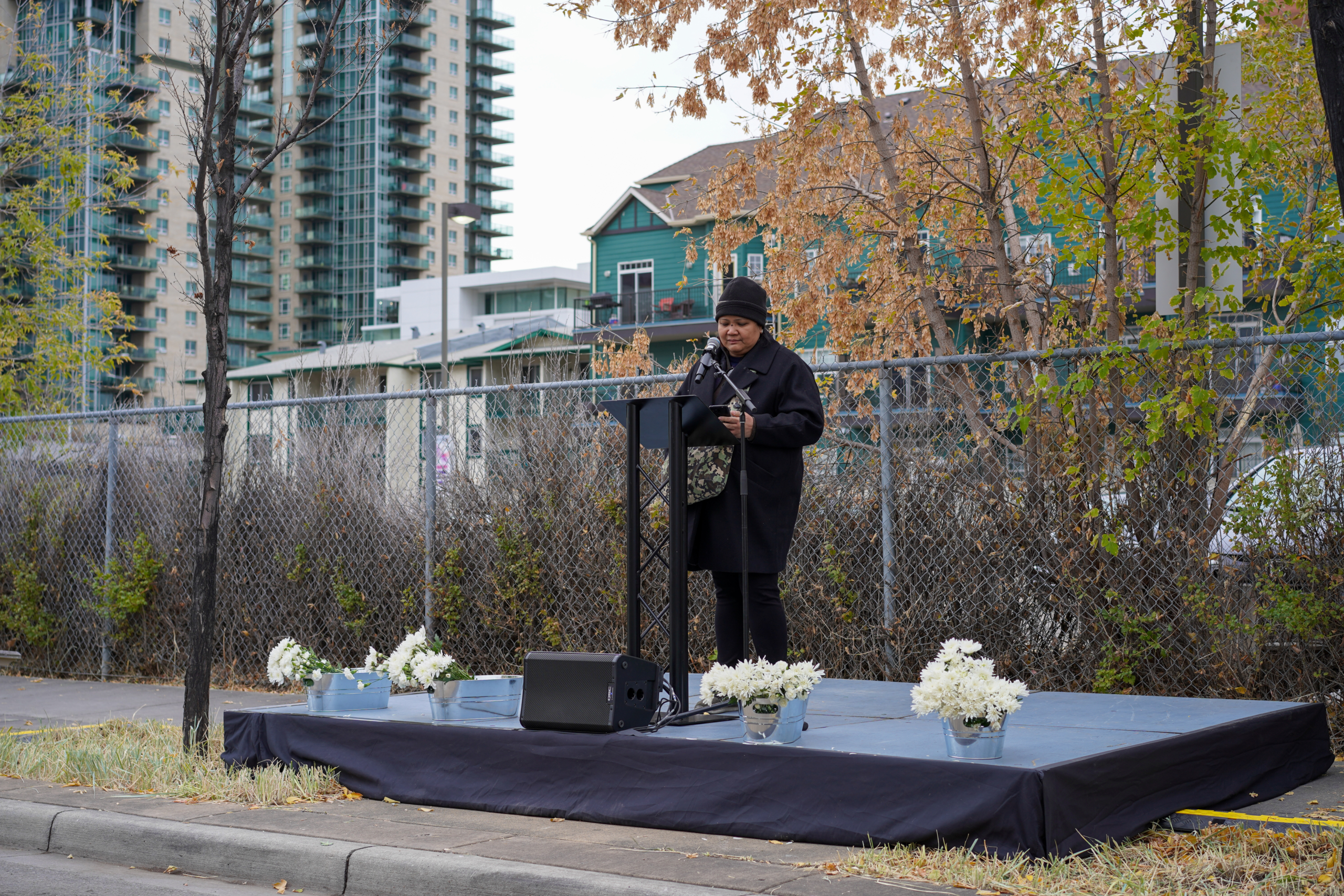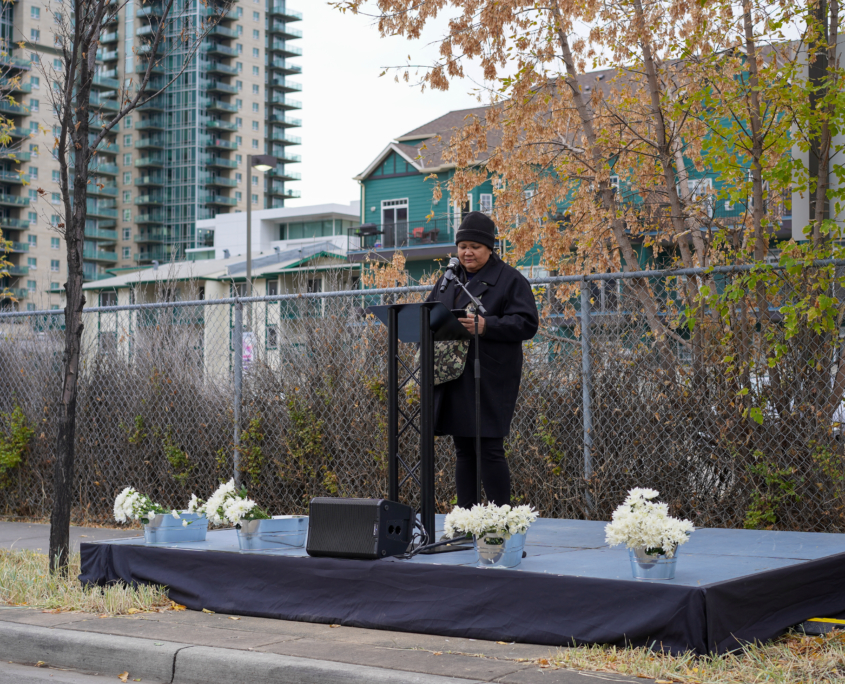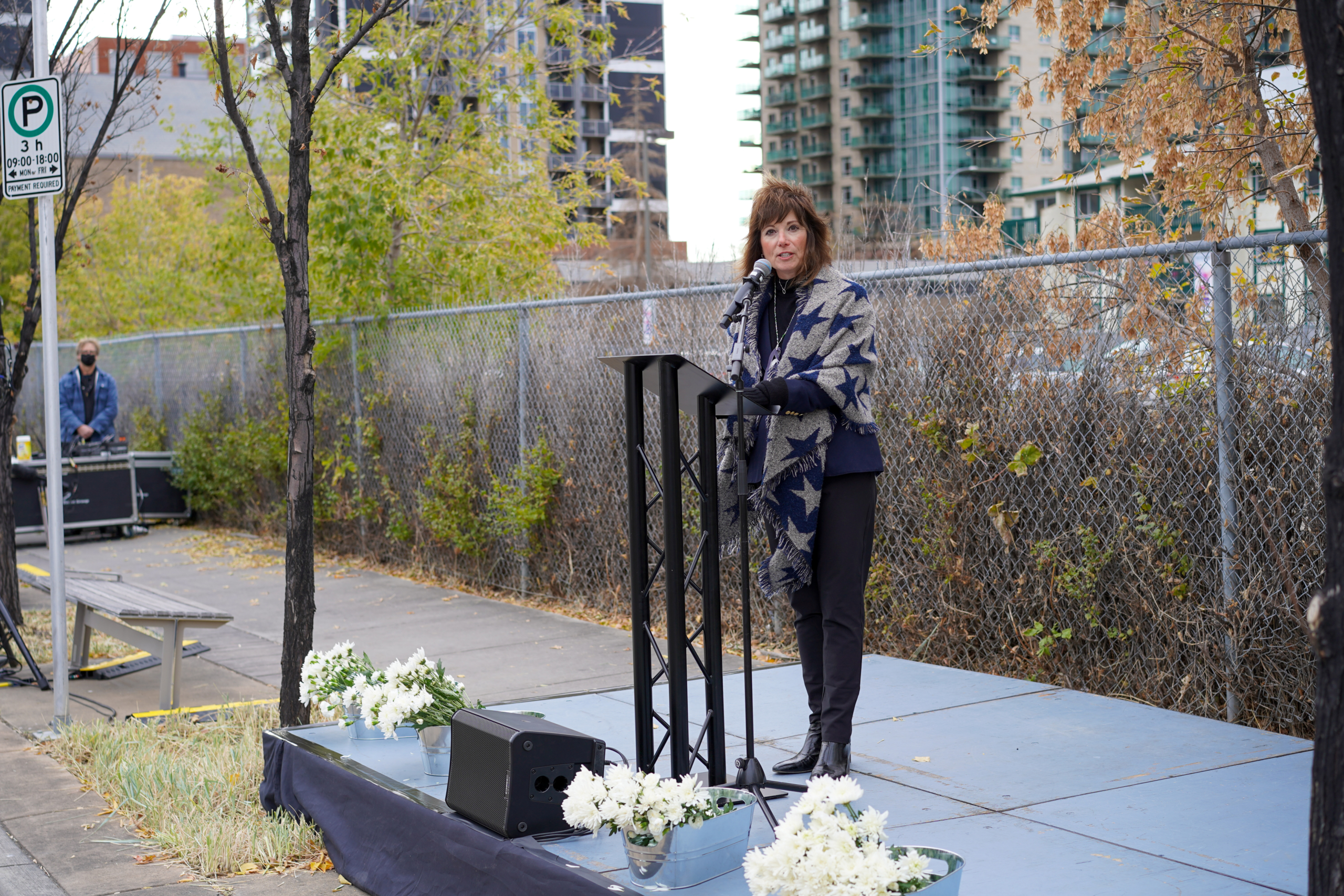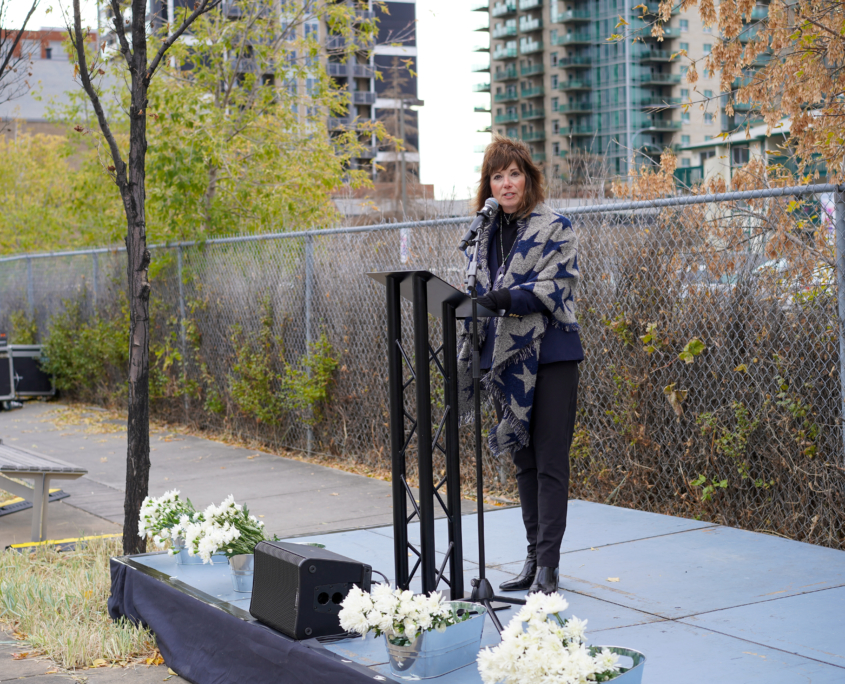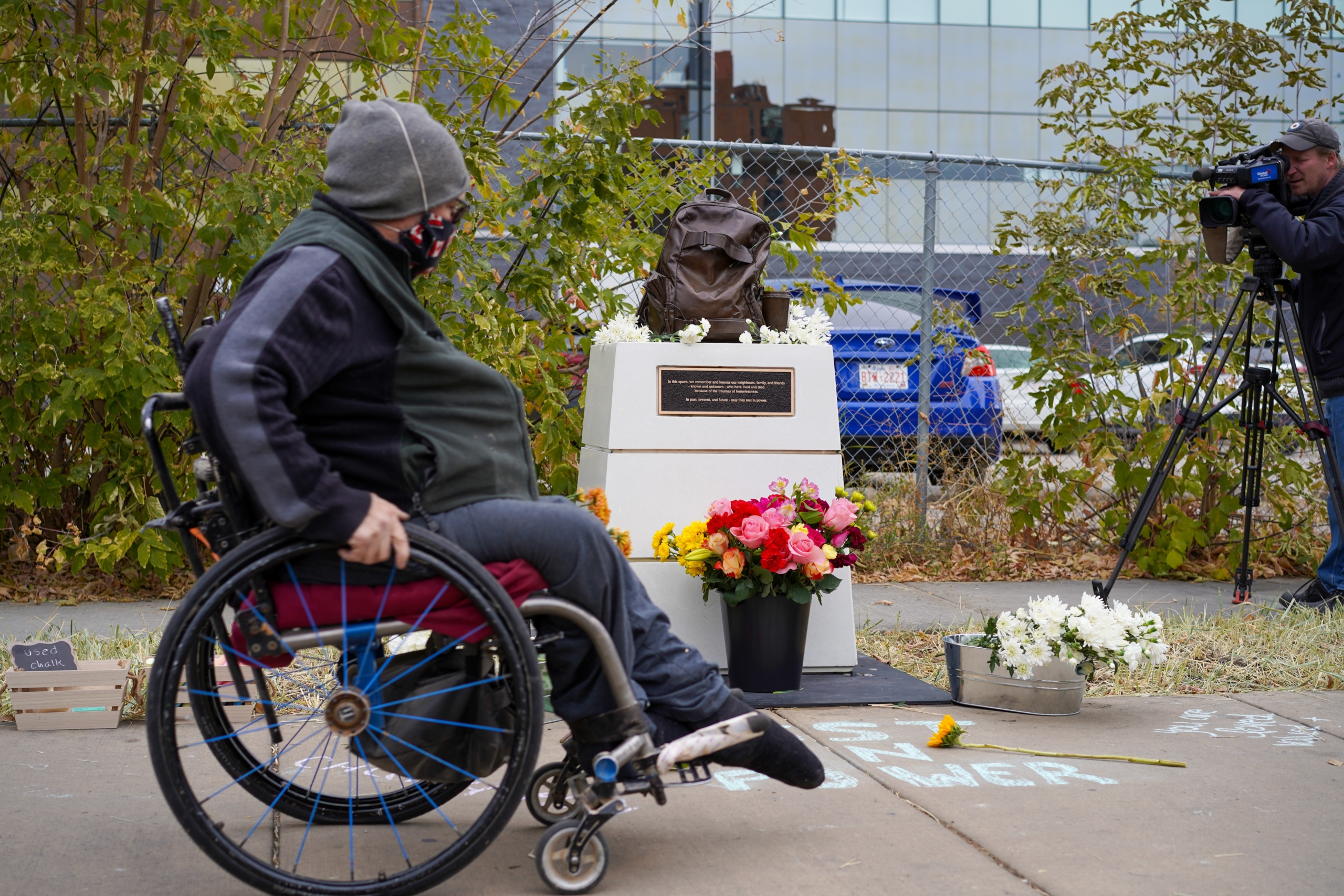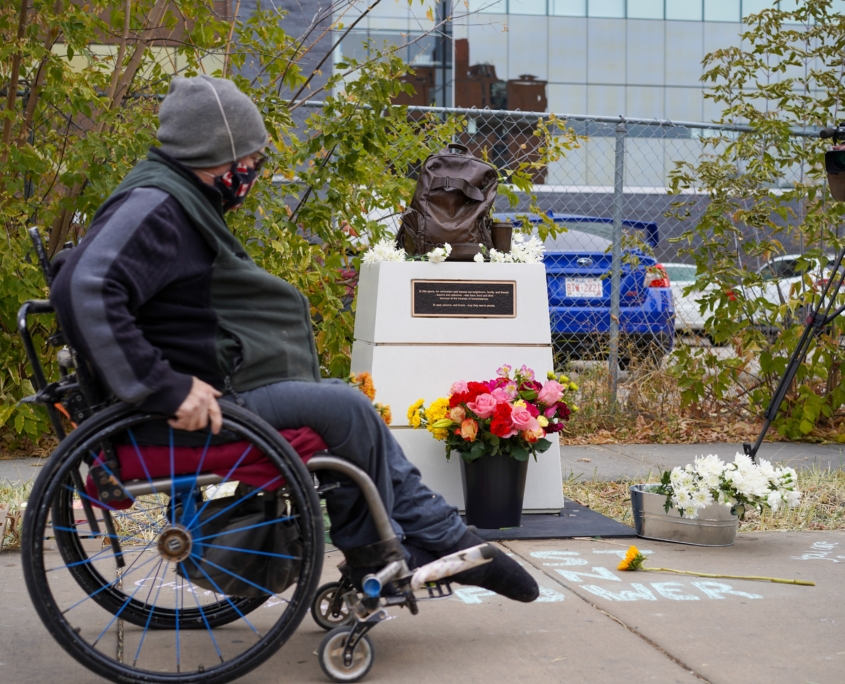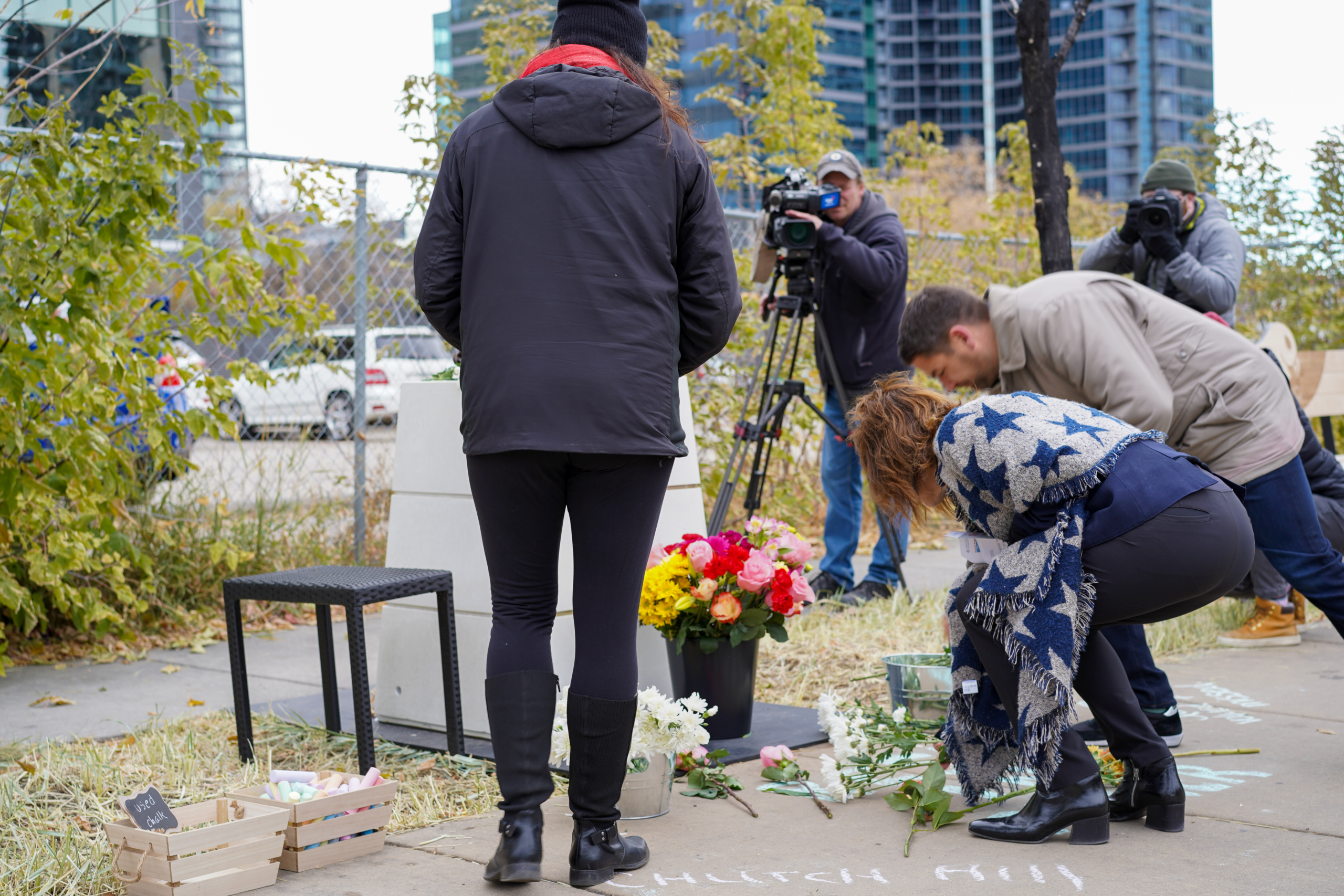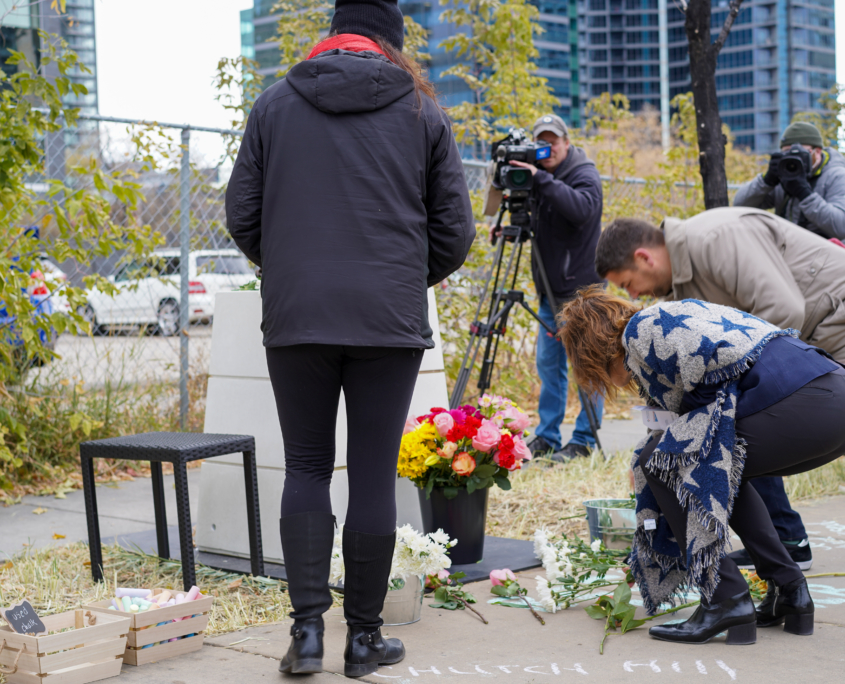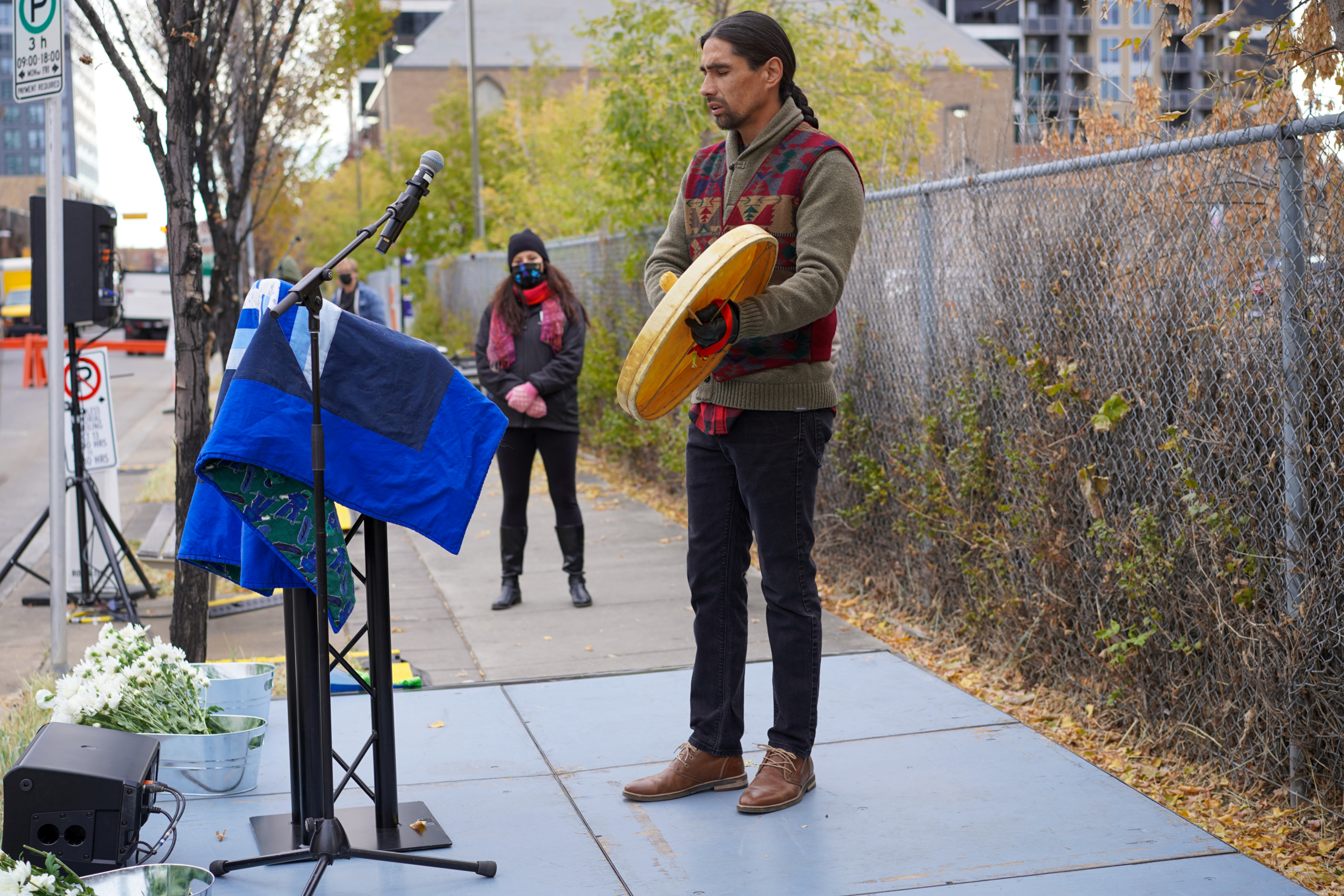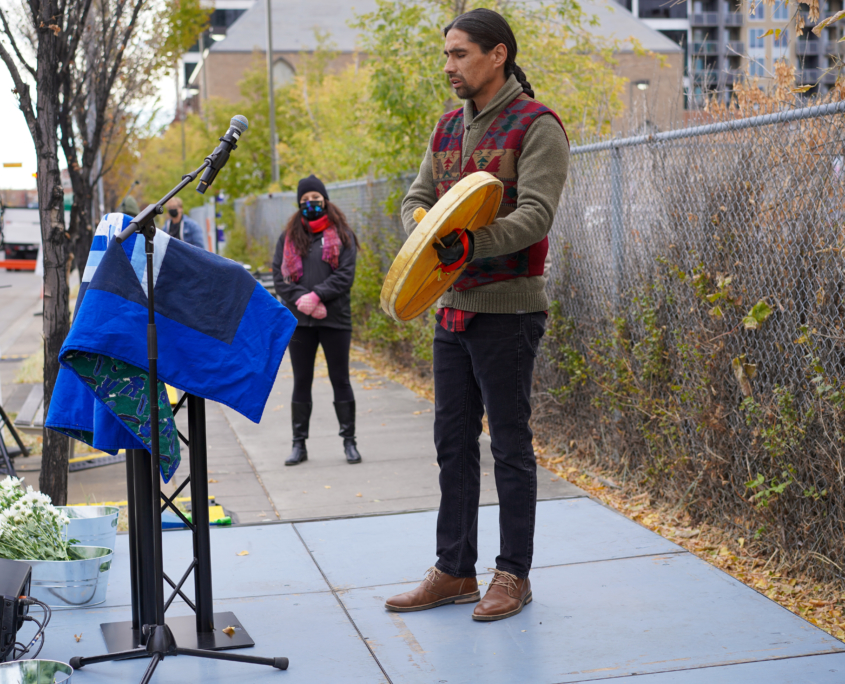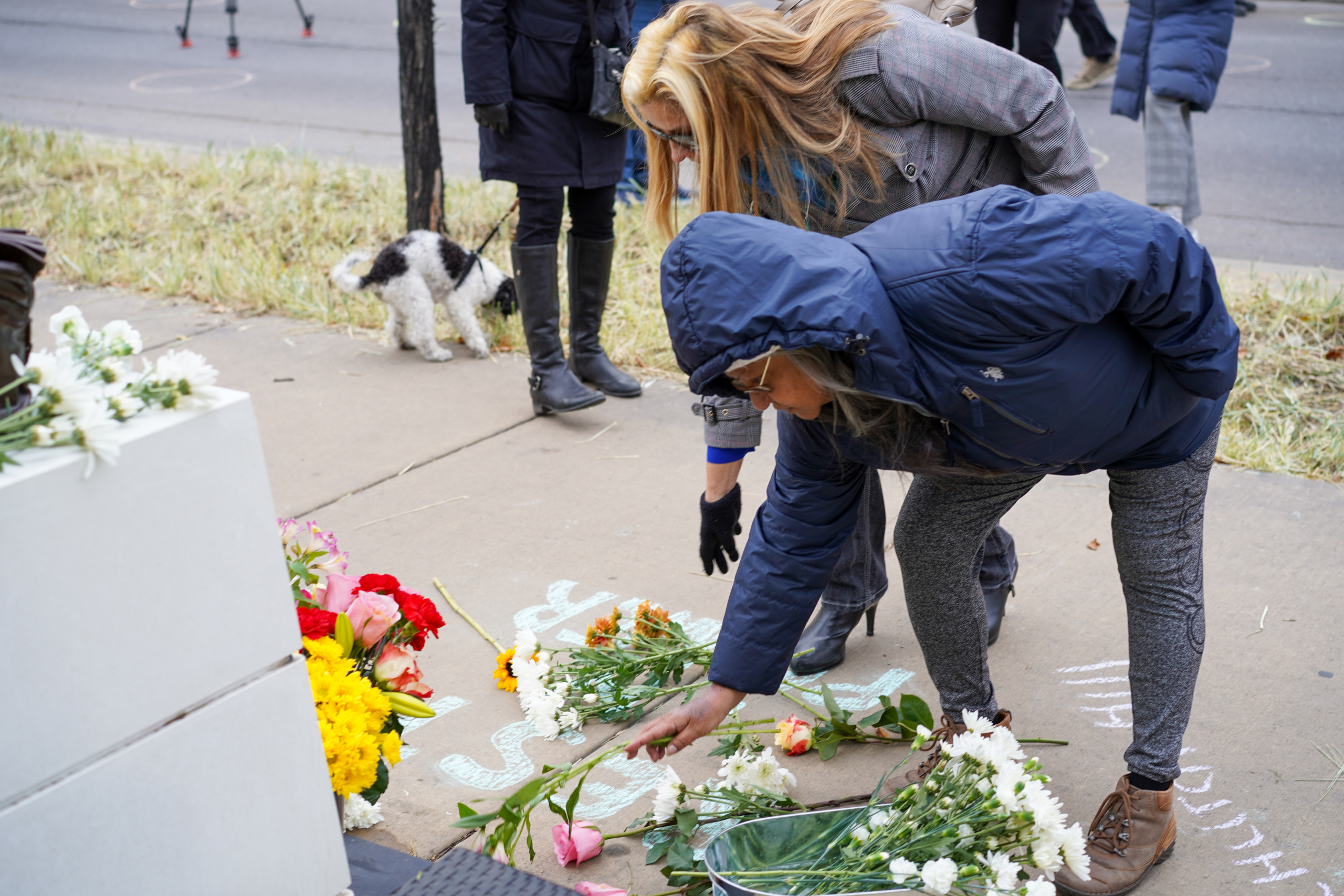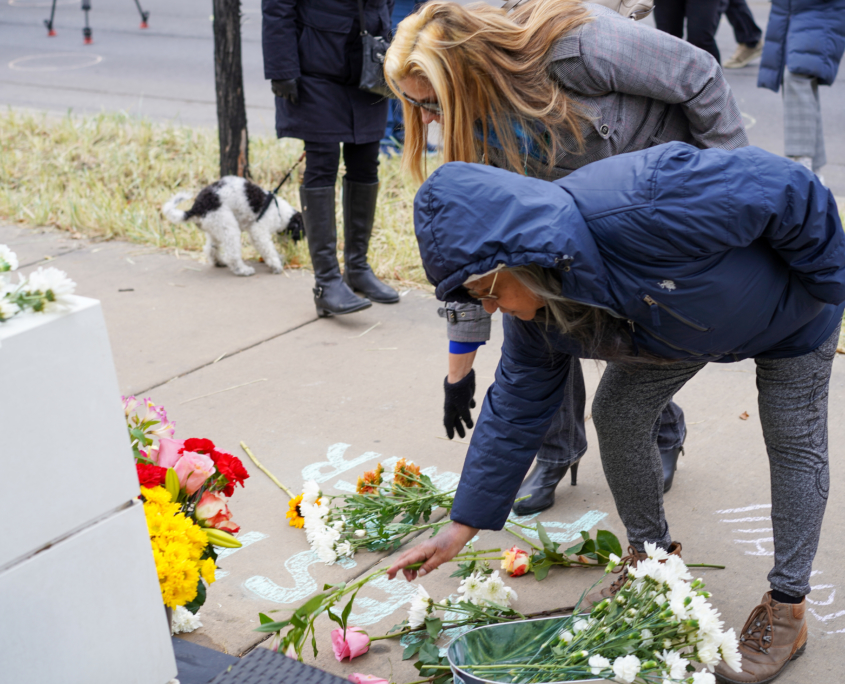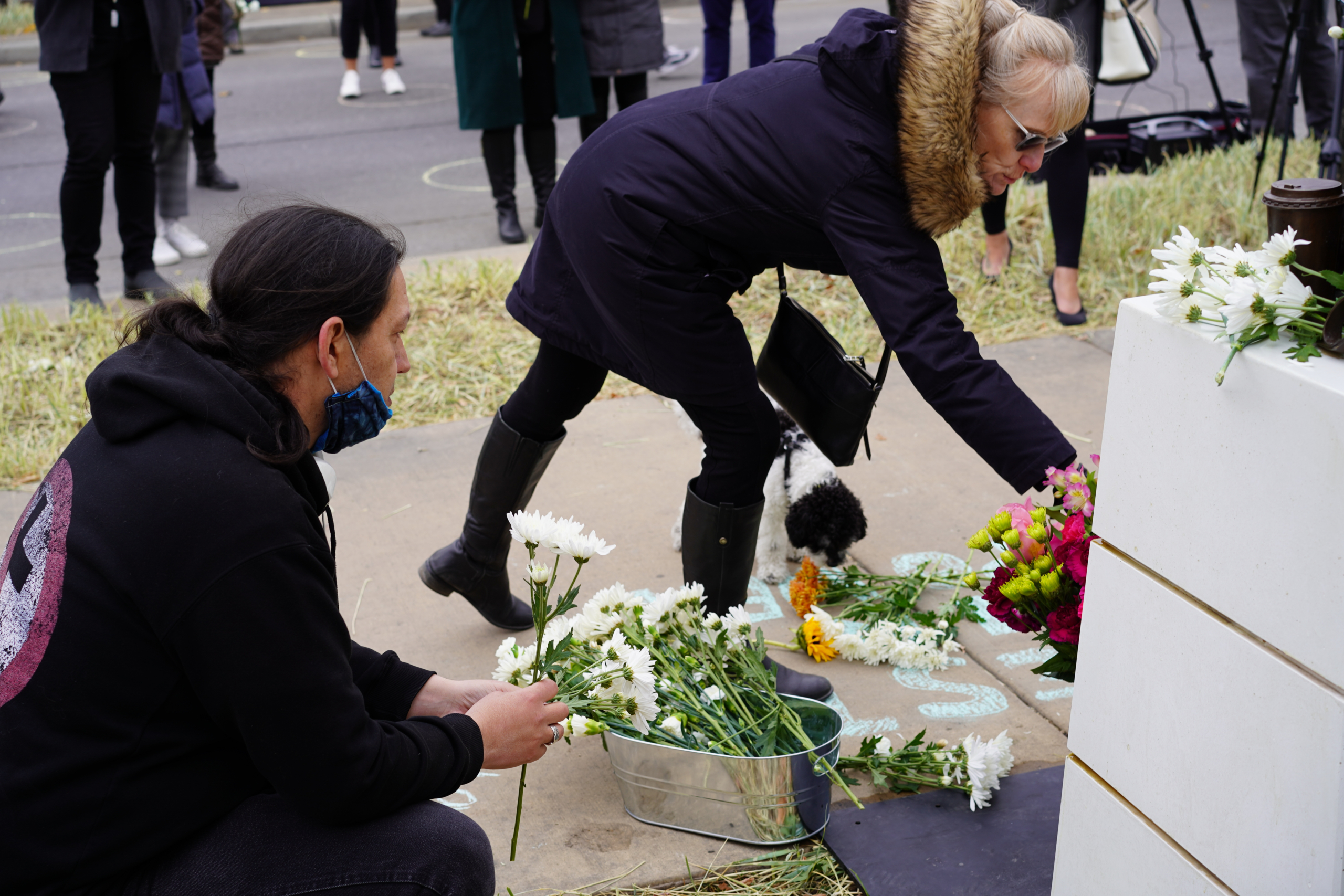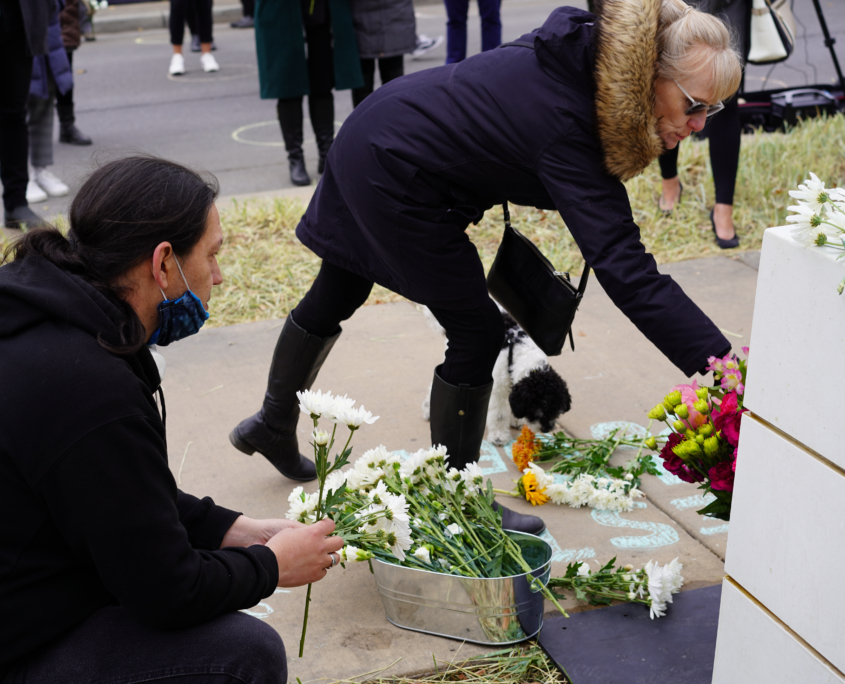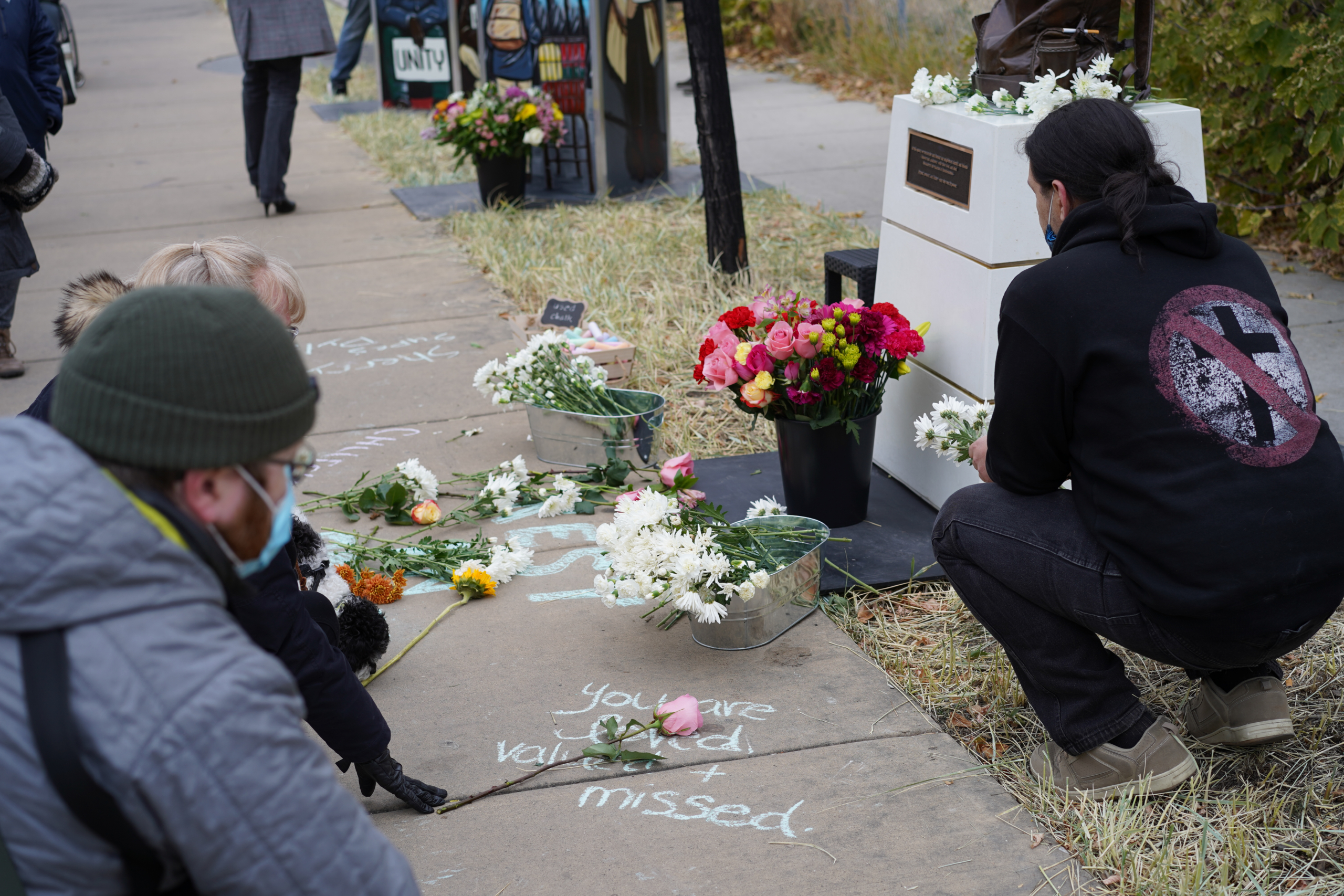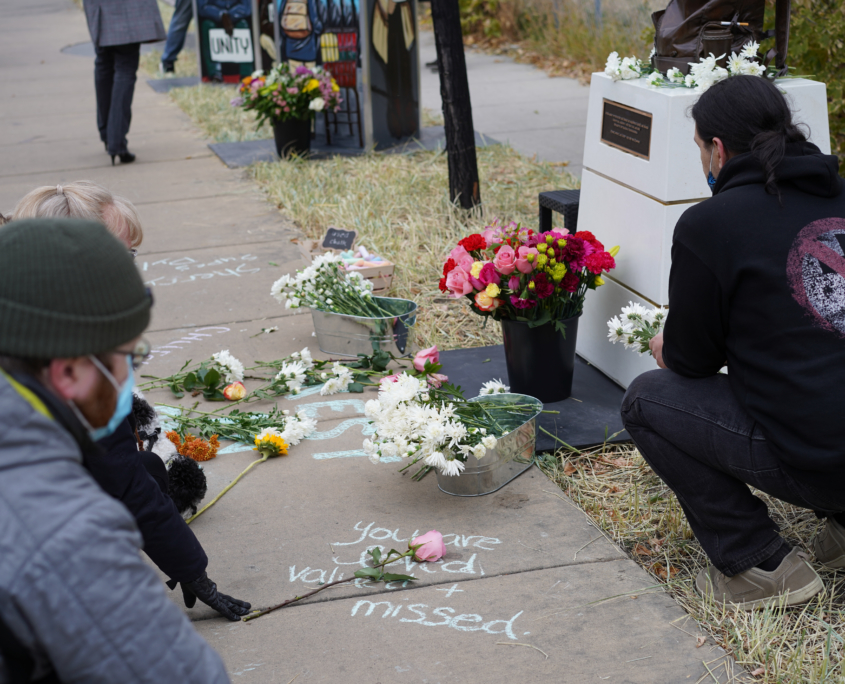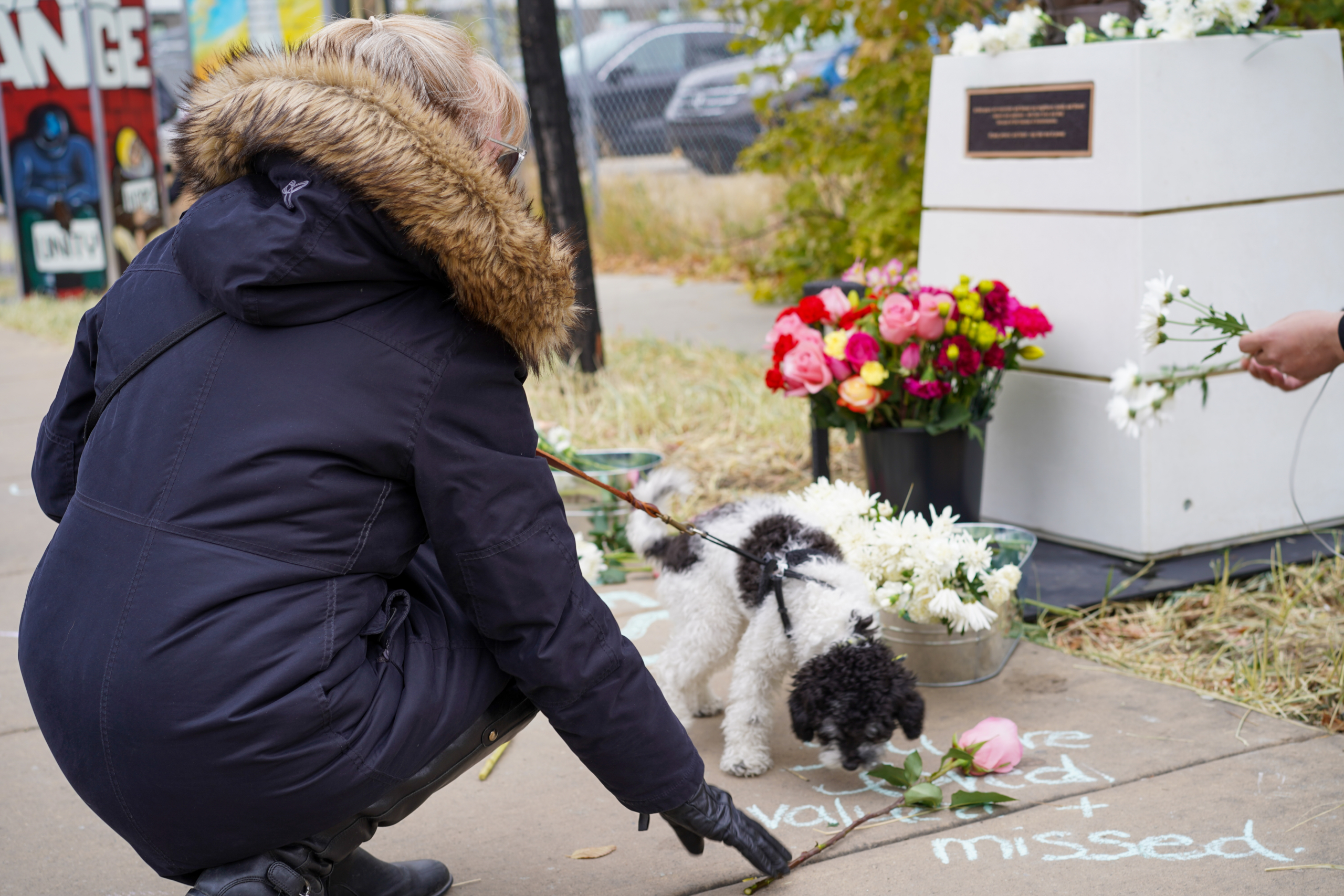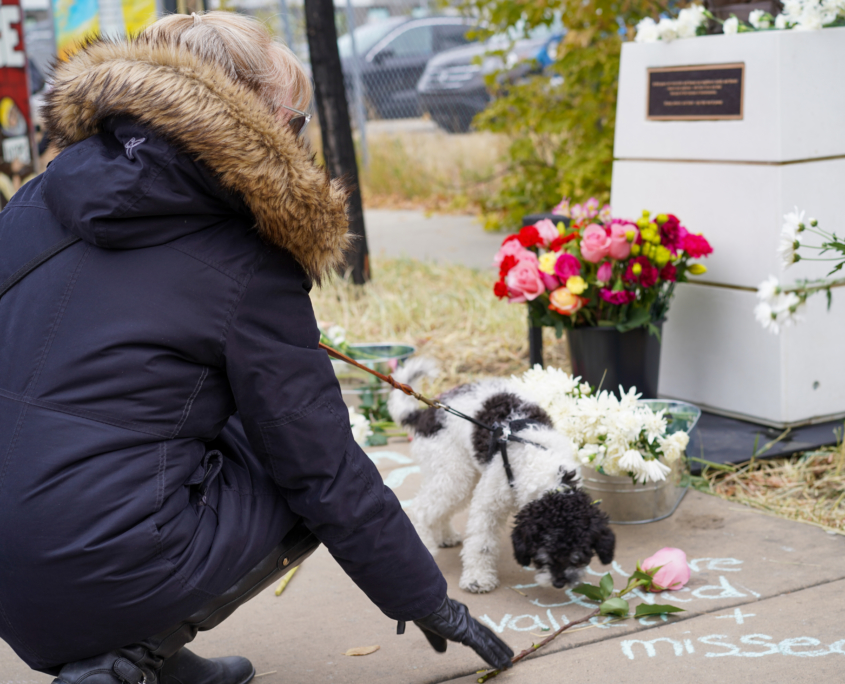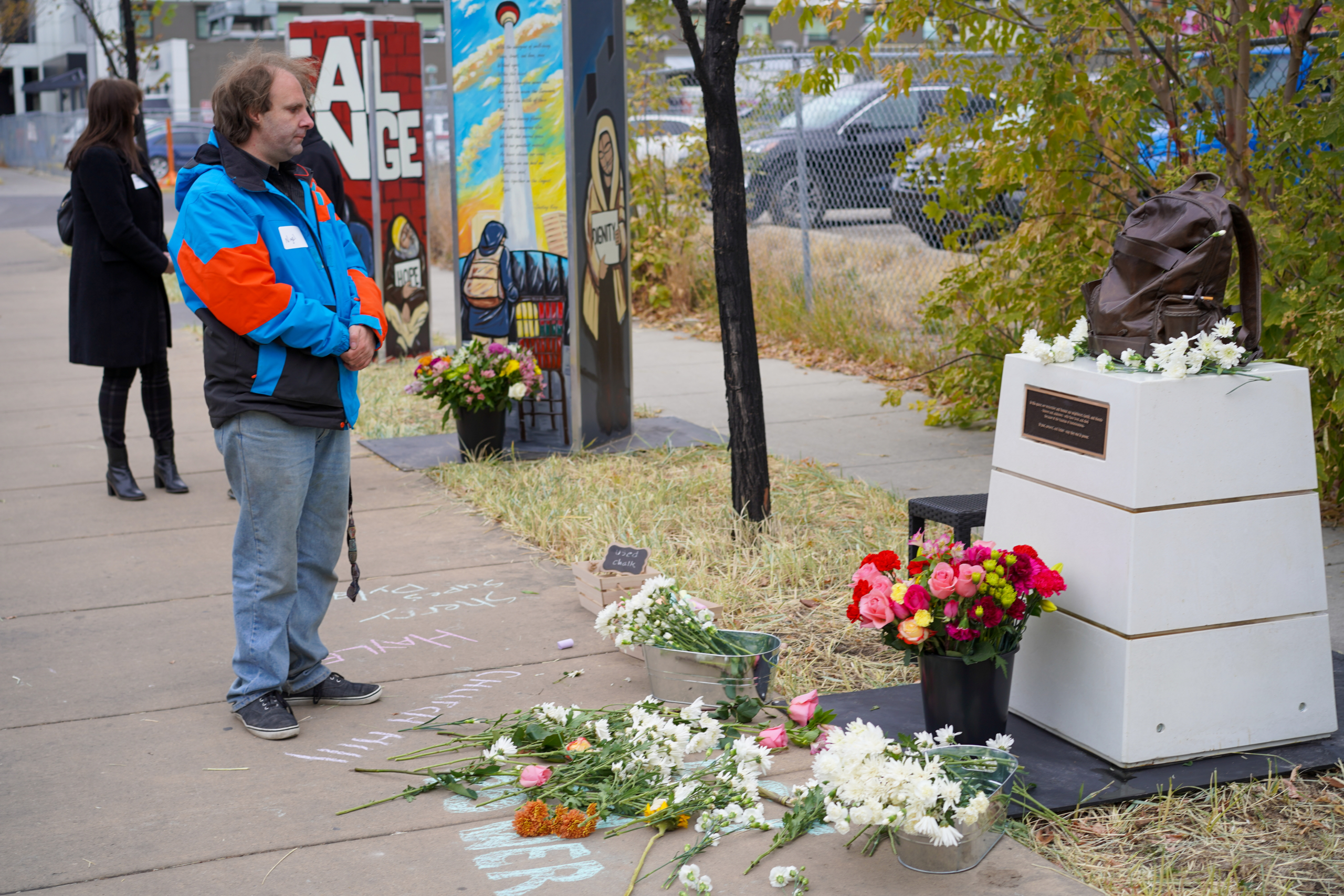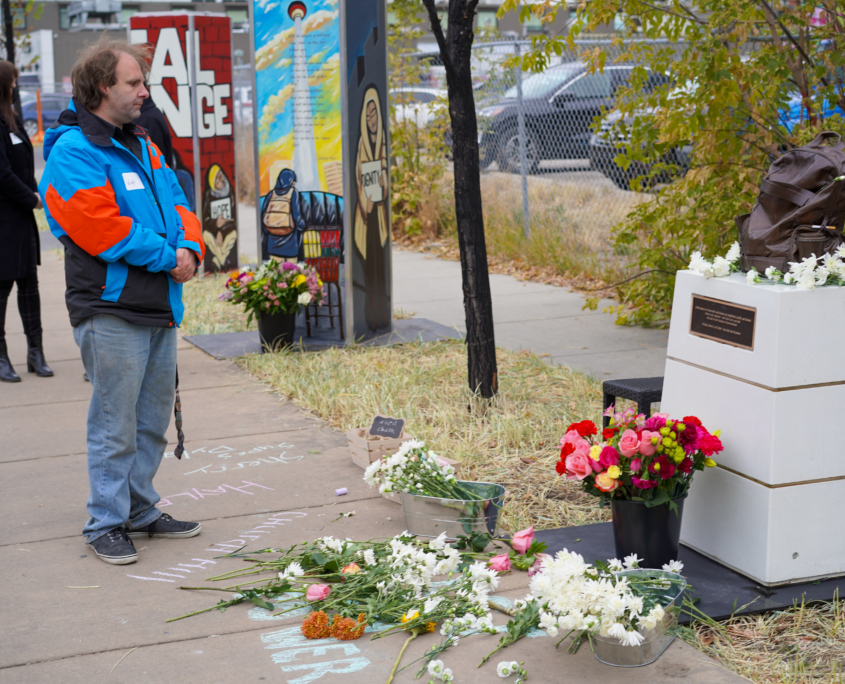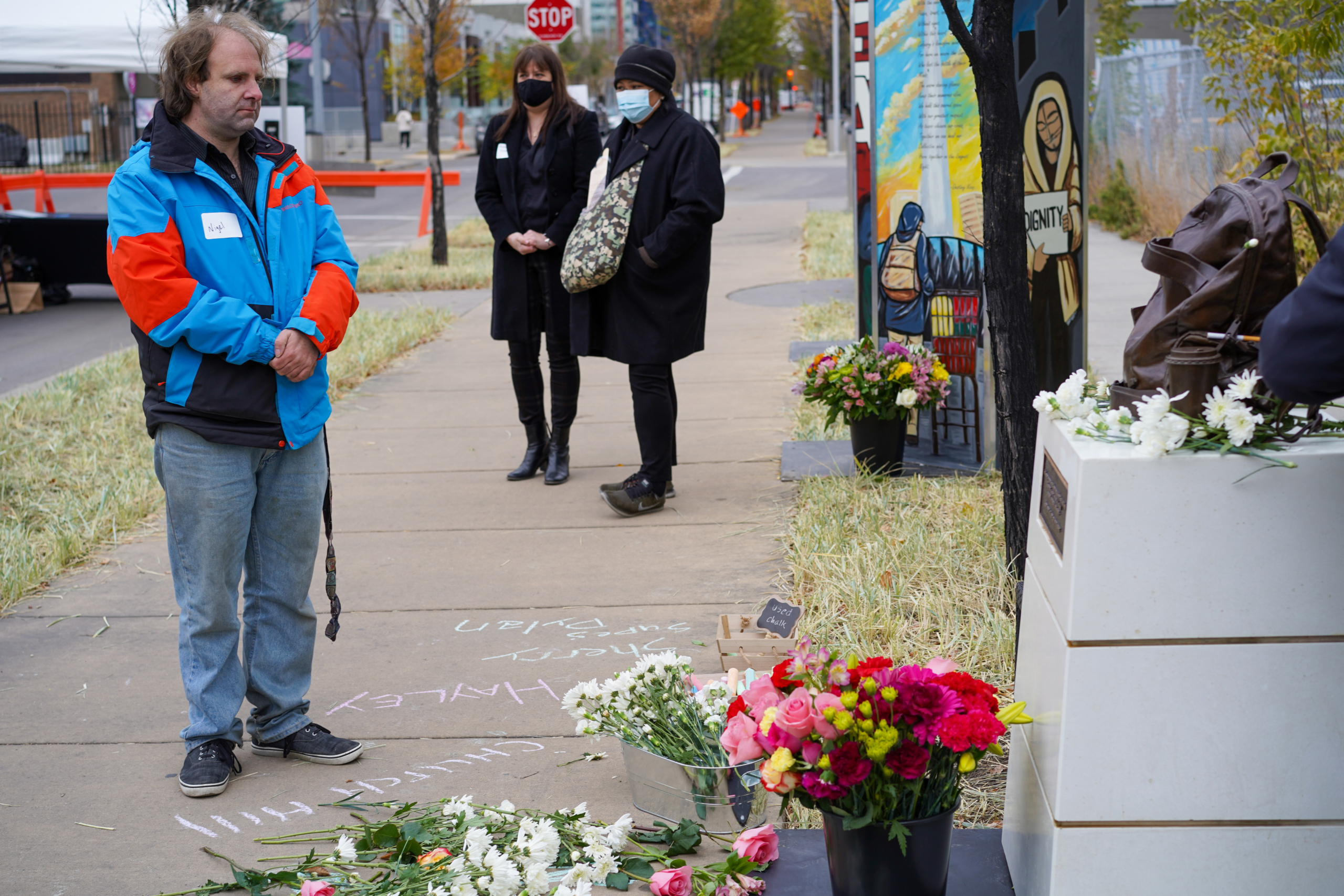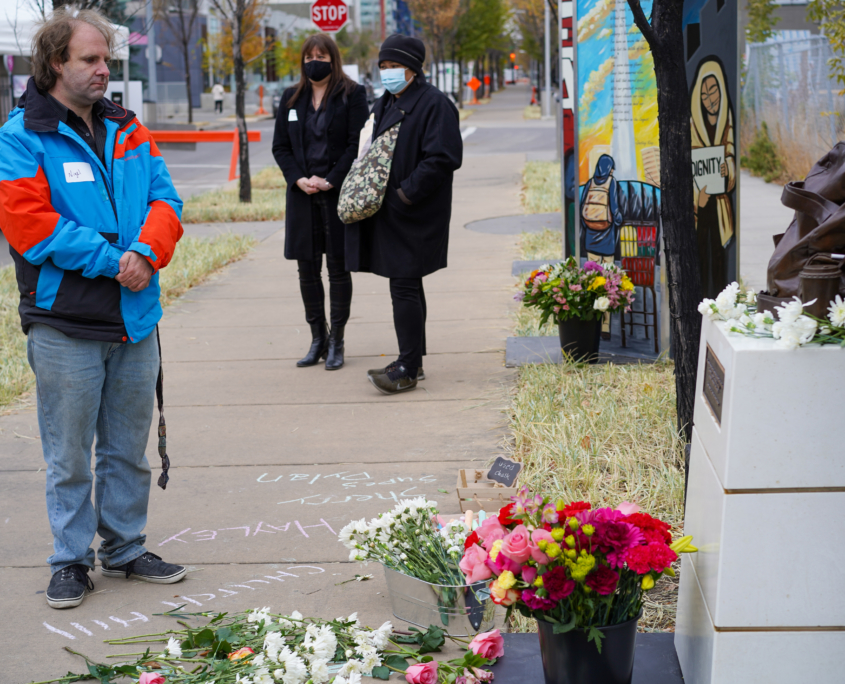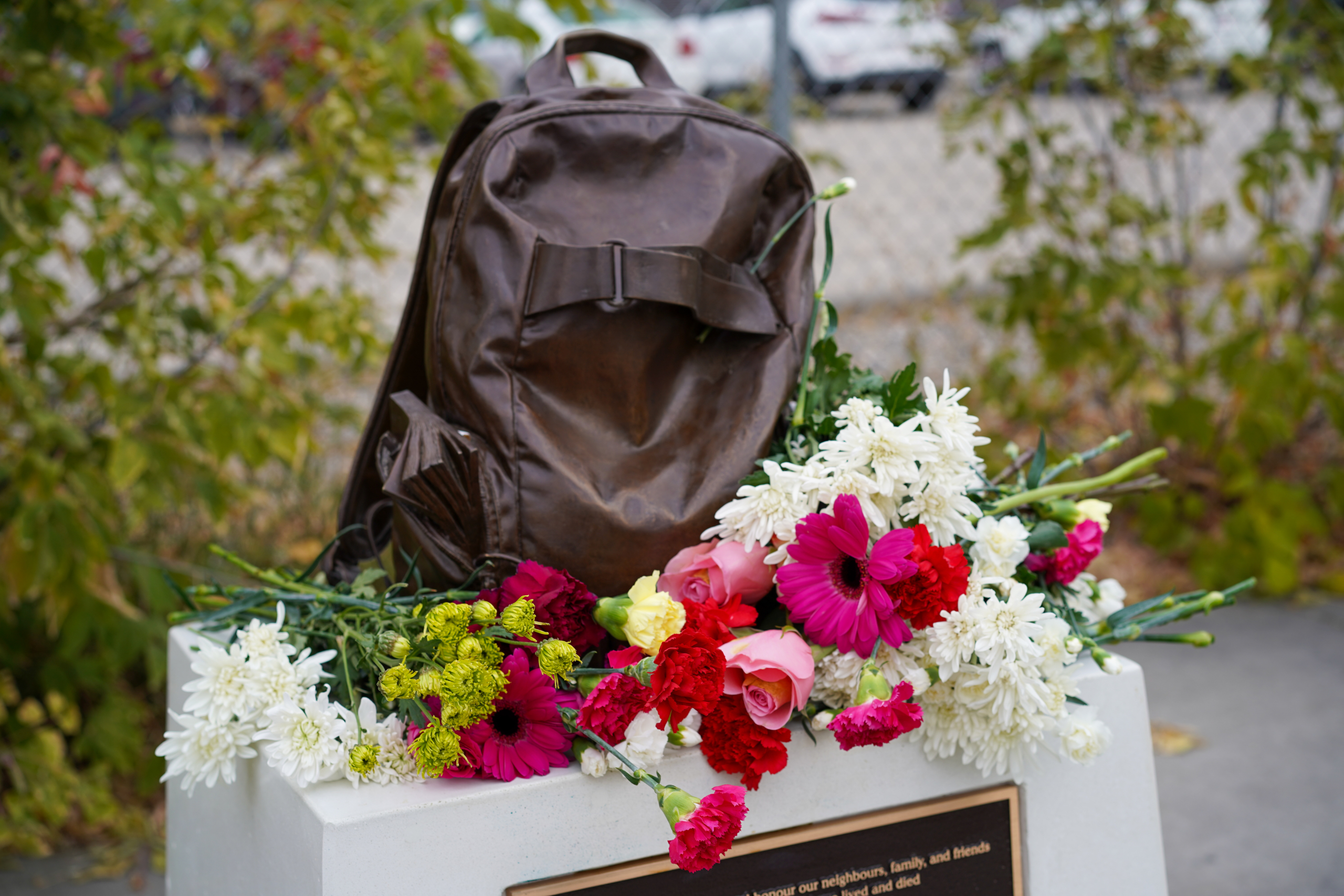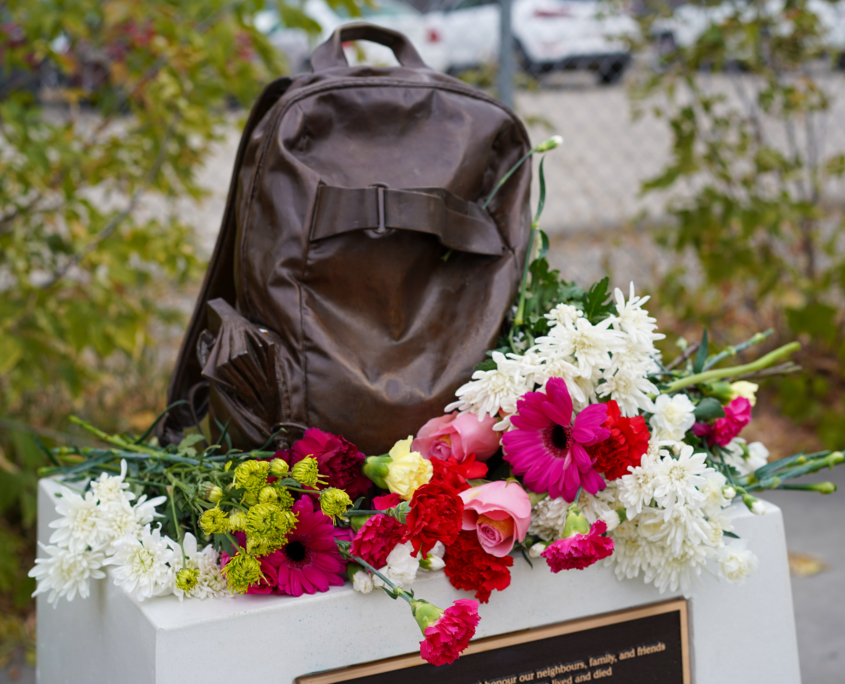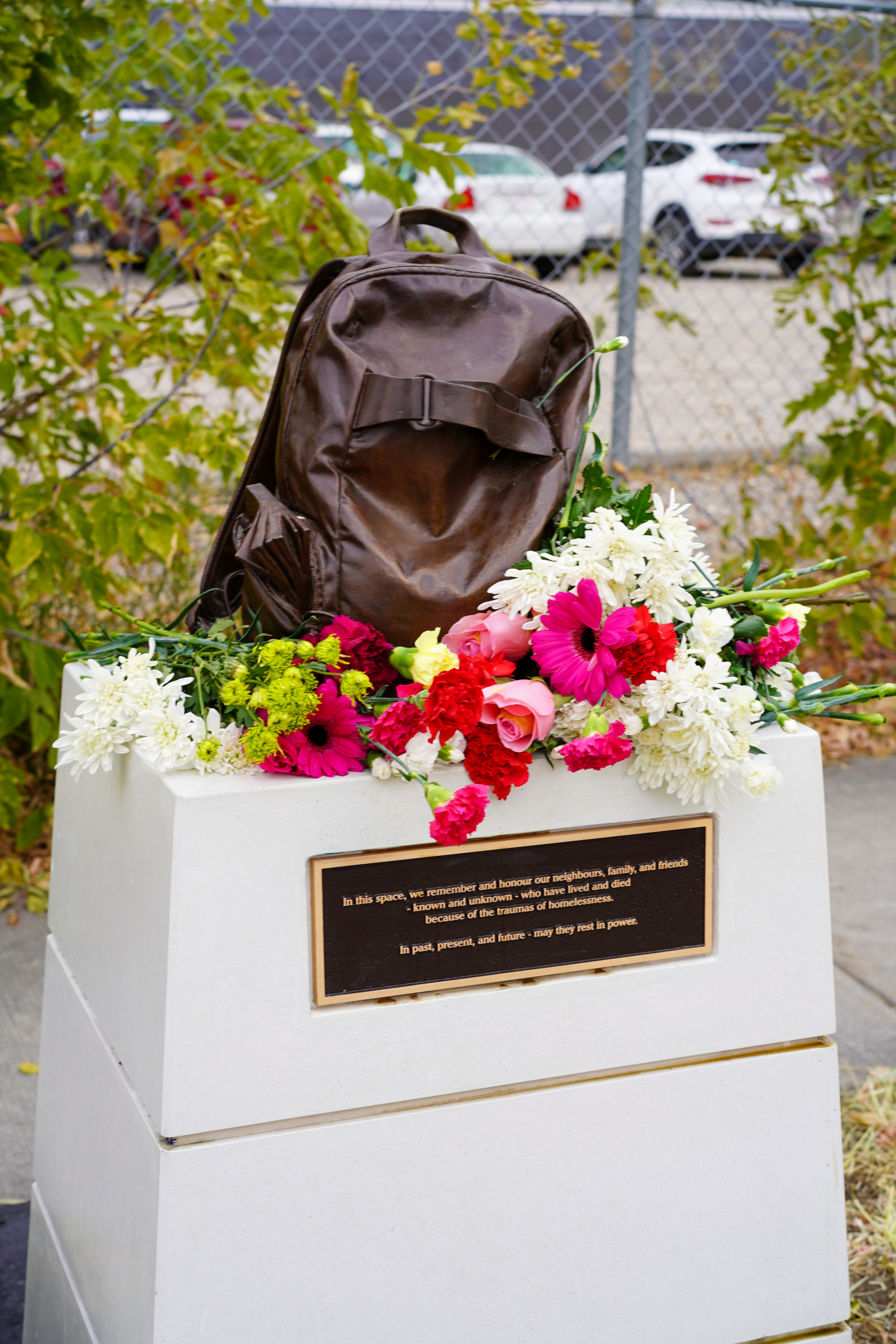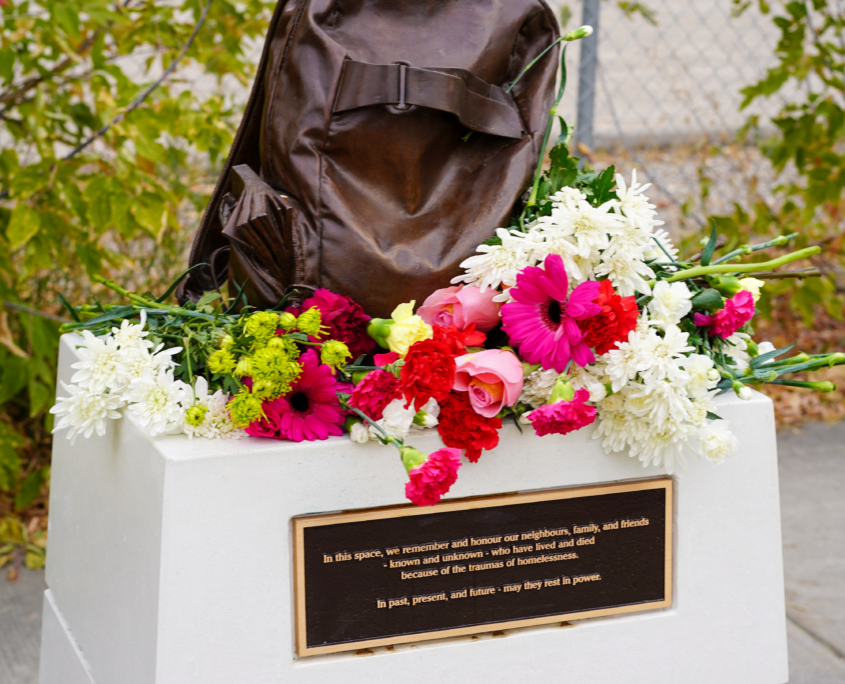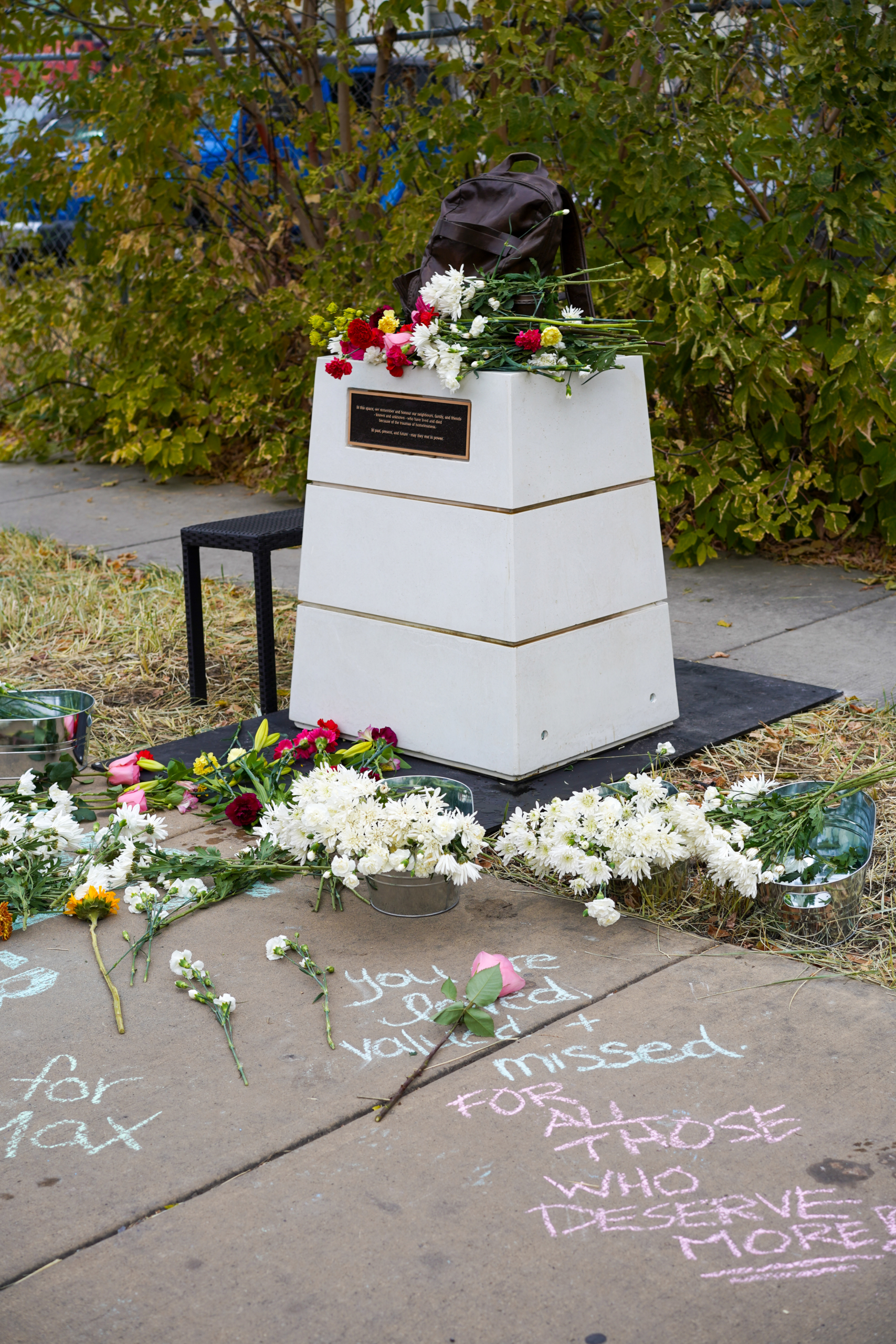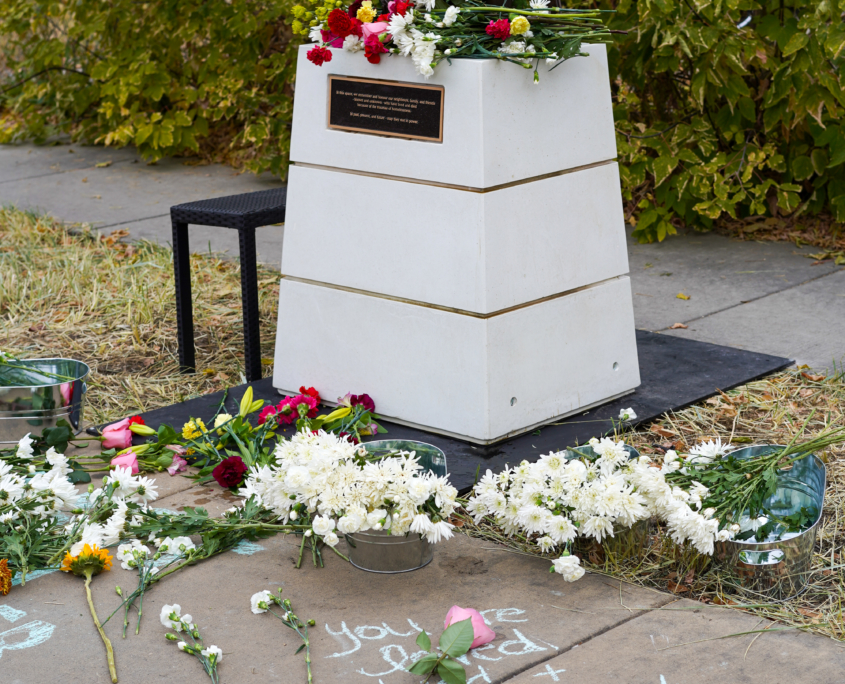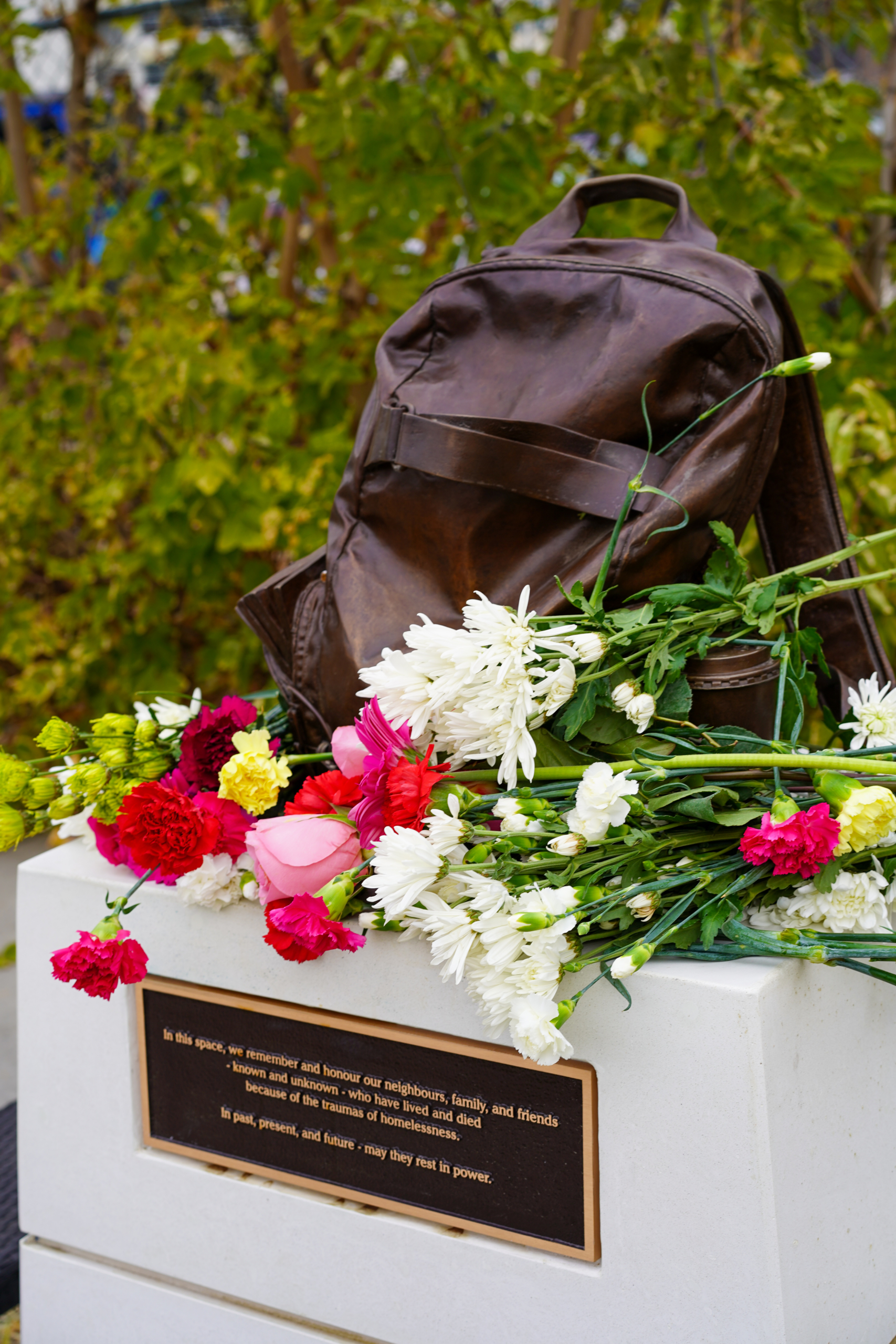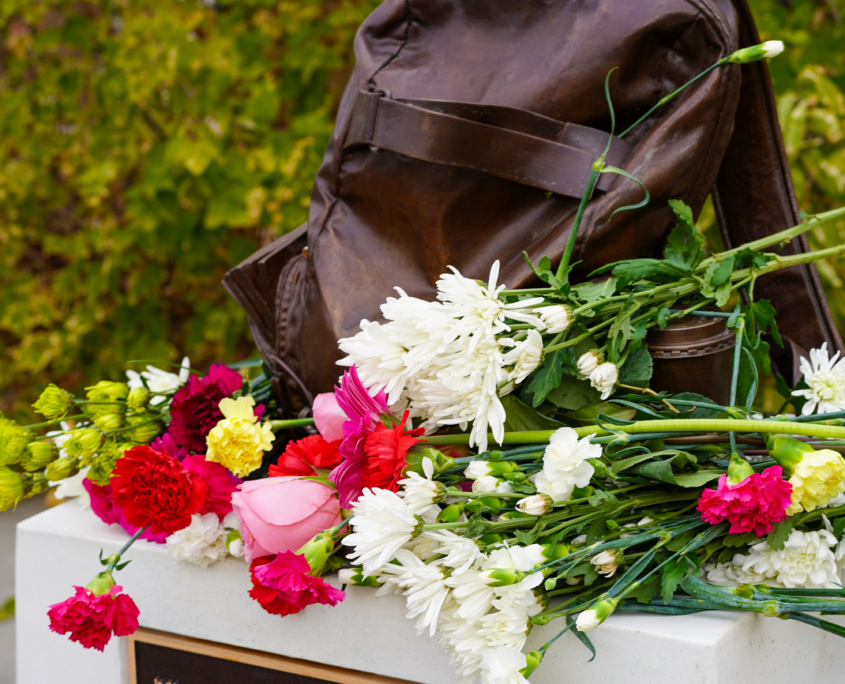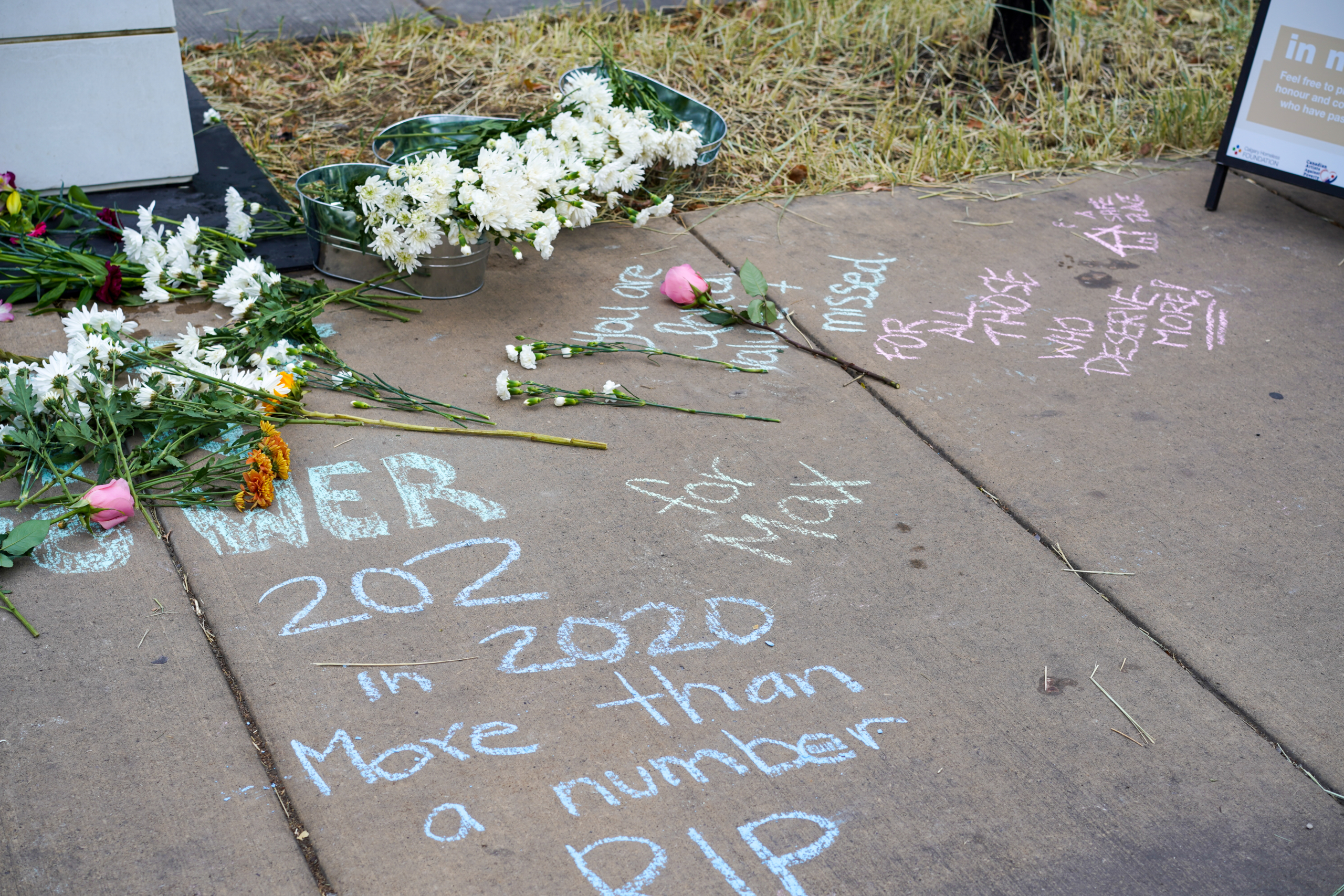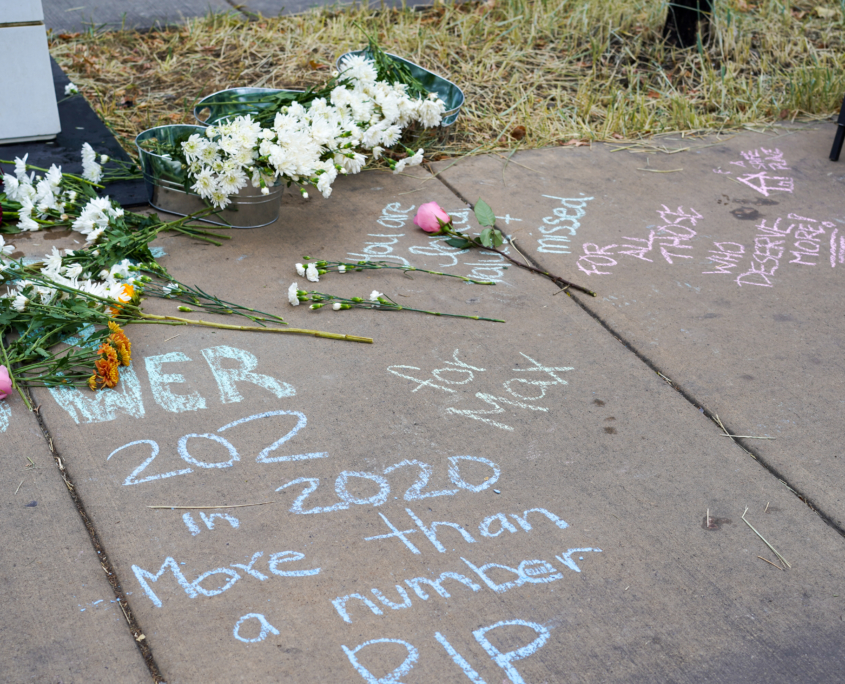Throughout the past year, we have experienced collective challenges presented by the COVID-19 pandemic unlike anything many of us have witnessed in our lifetime. But together, we have also experienced resiliency, humility, a newfound gratitude for connection, and a heightened awareness of the importance of a home for health and well-being.
As we reflect on this past year, we not only focus on the hardships, but also the silver linings and the dedicated work of all the agencies within Calgary’s Homeless-Serving System of Care
Throughout the pandemic, we have worked alongside community and government partners to continue our unwavering dedication to implementing innovative, housing-focused solutions for those we serve.
Below are ten key noteworthy accomplishments that have taken place over the past year:
- (March 2021) Since March 2020, as a result of the community’s dedicated efforts, more than 1,640 individuals and families in Calgary are no longer experiencing homelessness. Read more HERE.
- (February 2021) Calgary Homeless Foundation, CUPS and Catholic Family Service launched a new Rapid Care Counselling pilot to connect Calgarians experiencing homelessness with mental health supports. Read more HERE.
- (February 2021) Through a joint effort between Calgary Homeless Foundation, HomeSpace Society, Canada Mortgage and Housing Corporation, City of Calgary, philanthropists David and Leslie Bissett, and community support agencies, Legacy on 5th opened its doors to welcome 74 vulnerable Calgarians home. Read more HERE.
- (November 2020) In partnership with Calbridge Homes, HomeSpace Society, Enviros, Canada Mortgage and Housing Corporation, the Government of Alberta and the City of Calgary, The Triveri House opened its doors in time for the holidays, welcoming 38 homeless and vulnerable youth home. Read more HERE.
- (November 2020) With support from NOVA Chemical and the Poelzer Family Foundation Fund, Calgary Homeless Foundation announced the launch of the community data hub — an initiative that streamlines work for agencies and provides a fuller picture of people’s needs on their journey home. Read more HERE.
- (October 2020) In partnership with Logel Homes and Cardel Homes, HomeSpace Society, McMan Calgary & Area, Canada Mortgage and Housing Corporation, Government of Alberta, and the City of Calgary, The James House opened its doors to welcome 27 formerly homeless Calgarians, home. Read more HERE.
- (September 2020) The Kootenay Lodge bridge housing program was opened in partnership with The Mustard Seed and HomeSpace Society, allowing individuals to quickly move from shelters to a home. Read more HERE.
- (August 2020) Calgary Homeless Foundation welcomed Patricia Jones, as the new President and CEO. Read more HERE.
- (June 2020) Calgary Homeless Foundation and Calgary Drop-In Centre launched a transitional housing building to move people into a safe living space while they await permanent housing. Read more HERE.
- (April 2020) Calgary Homeless Foundation, HomeSpace, Alberta Health Services, Government of Alberta, CUPS and The Alex collaborated to launch Assisted Self-Isolation Site for Calgarians experiencing homelessness. Read more HERE.




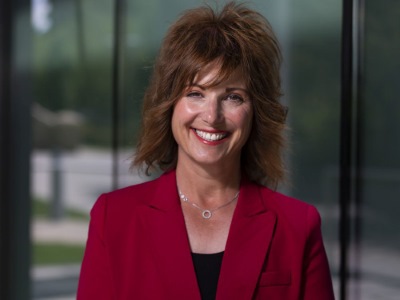






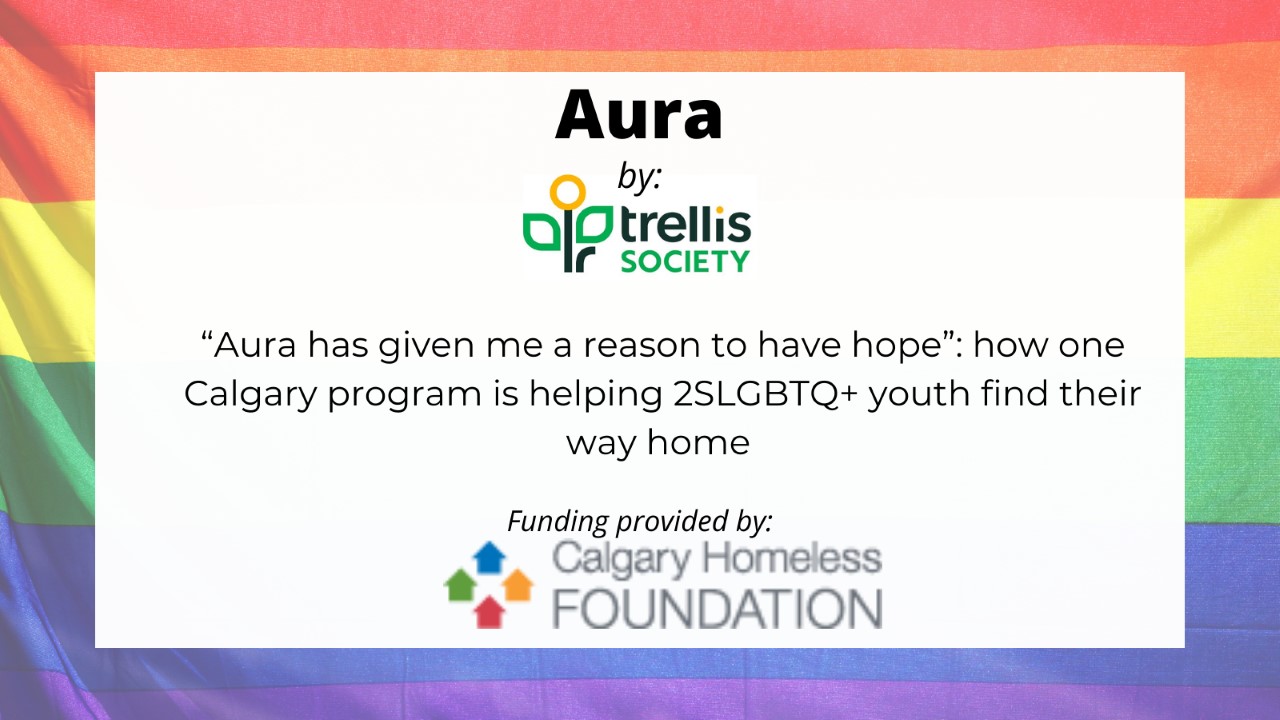
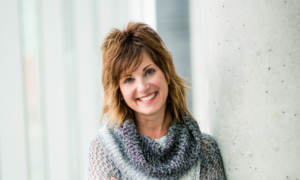 Today is of great significance, as it
Today is of great significance, as it 
